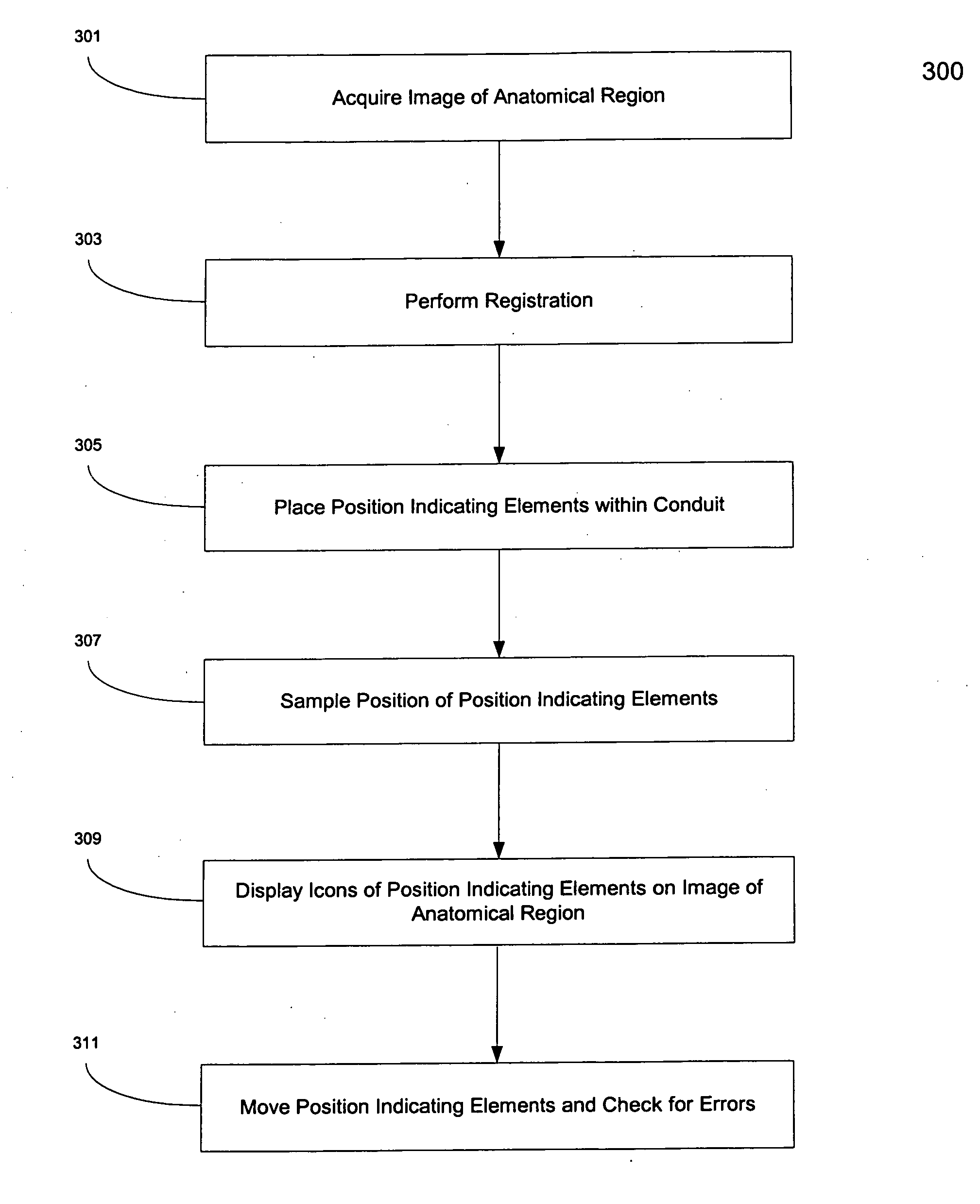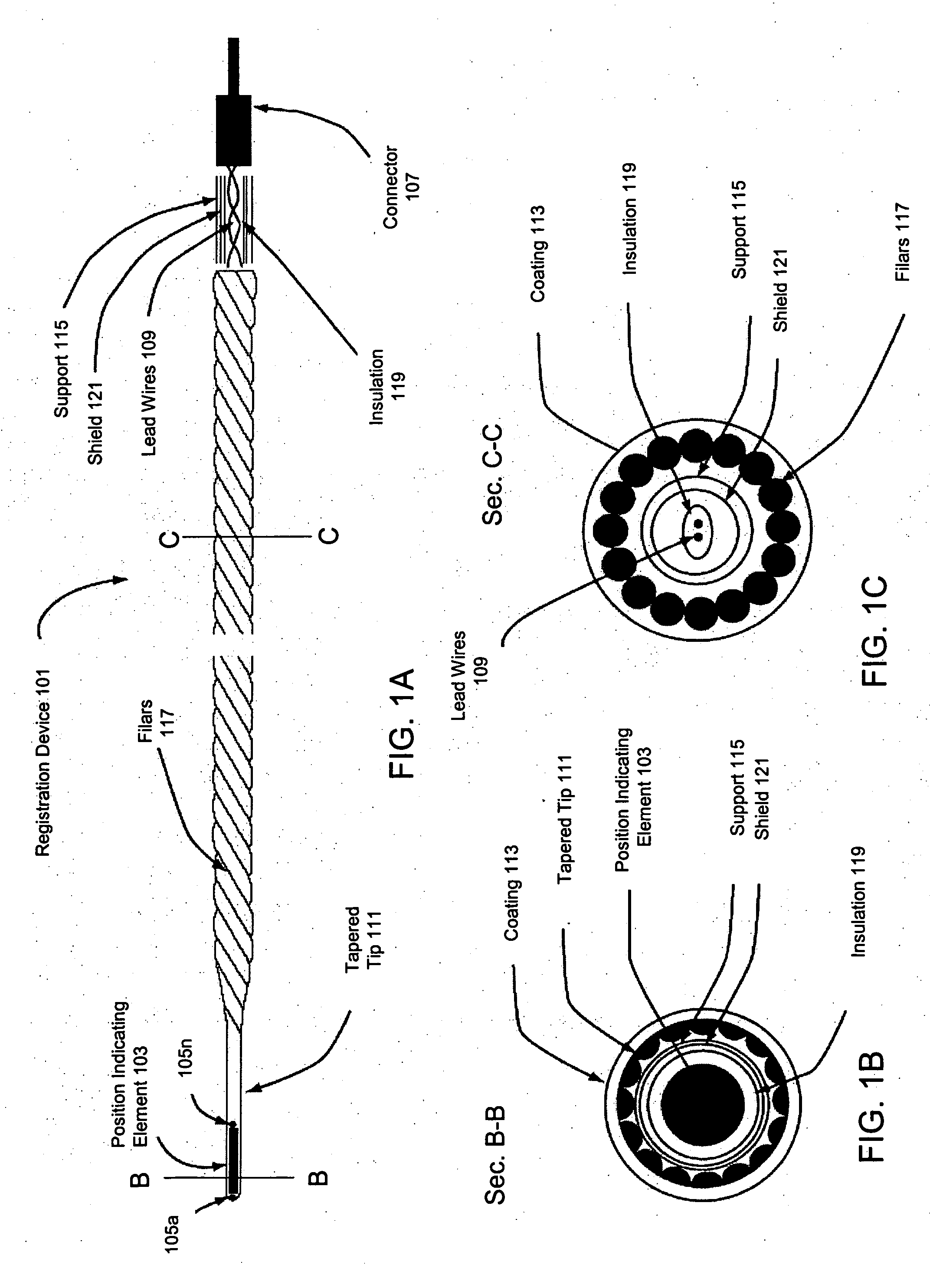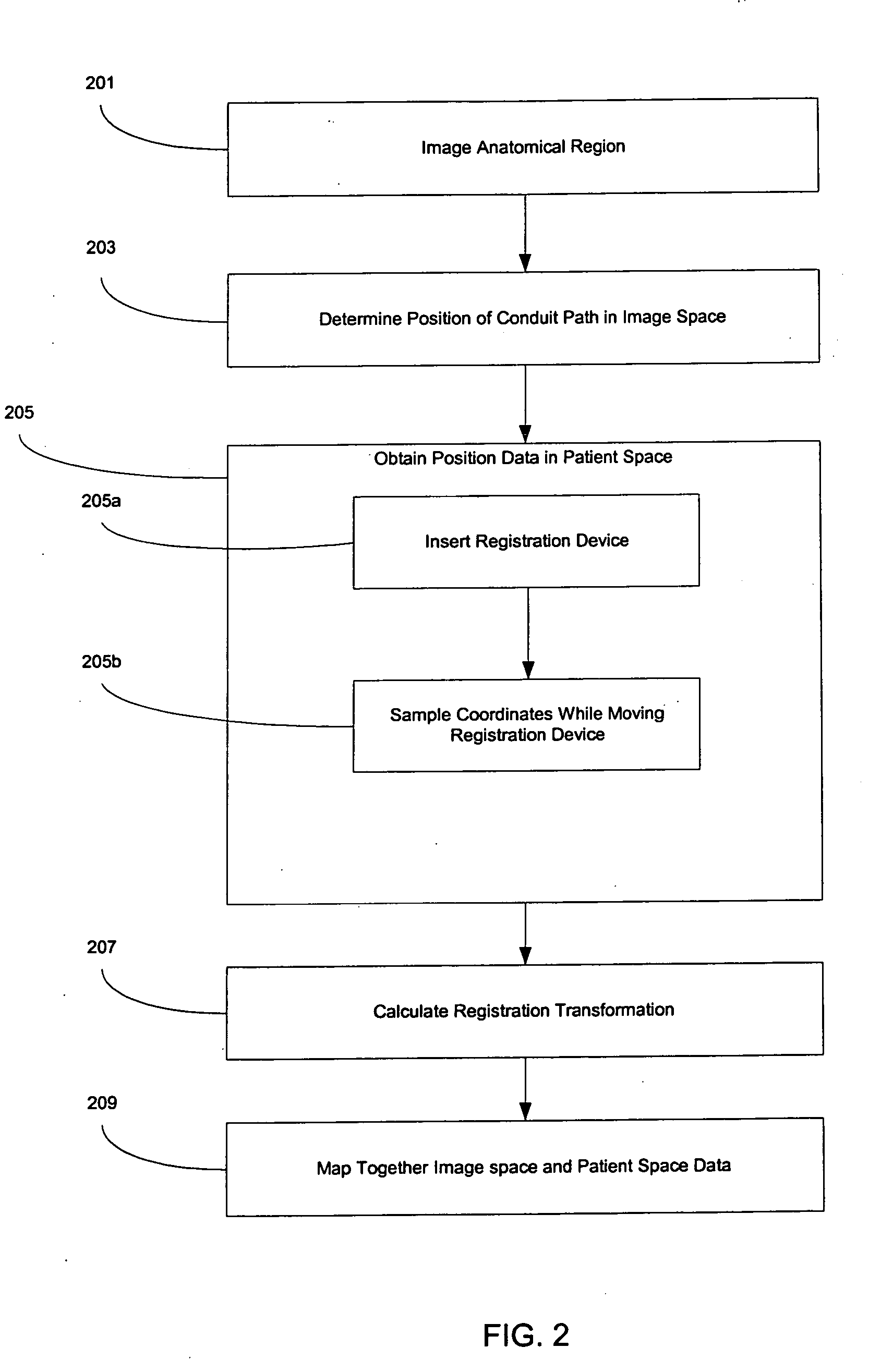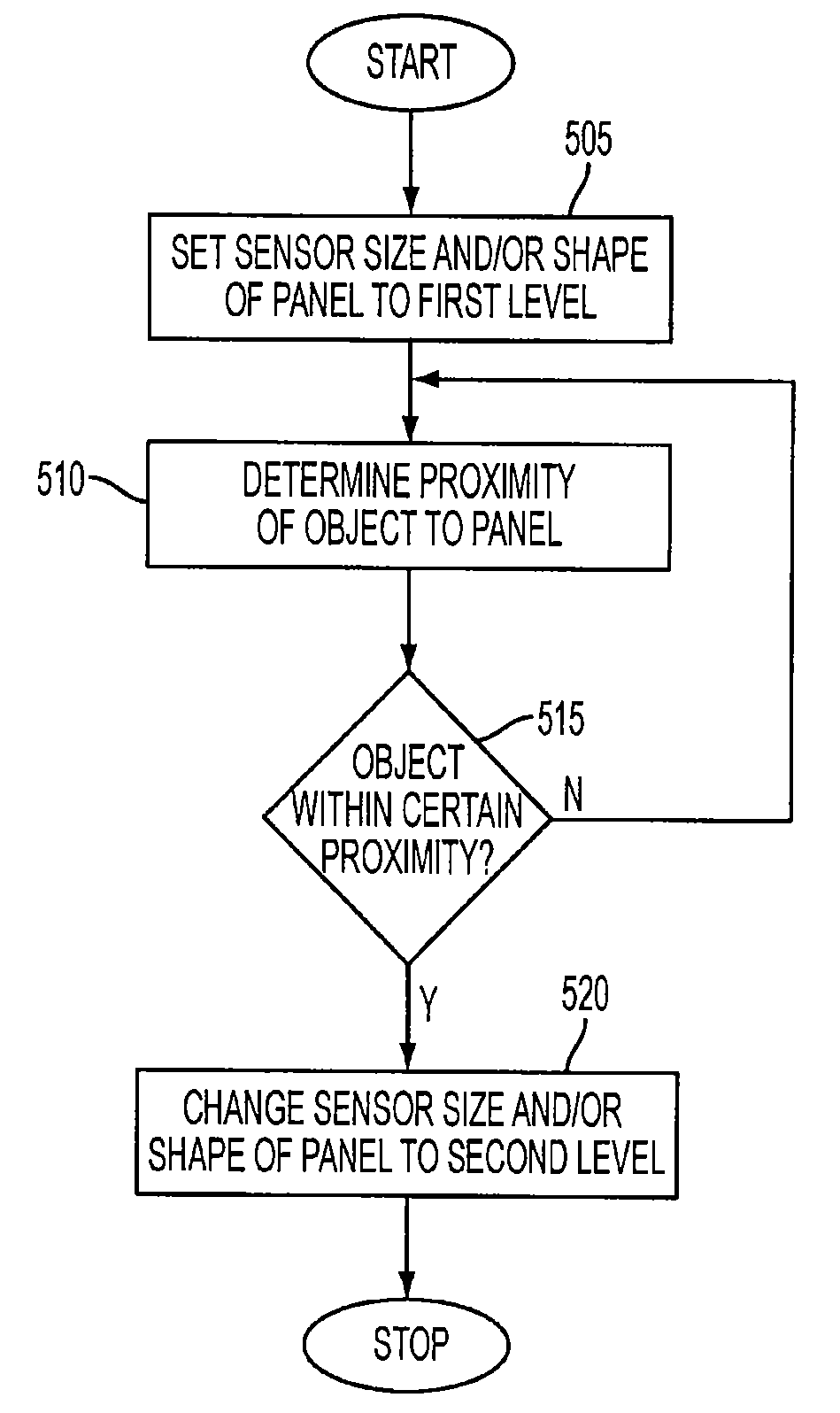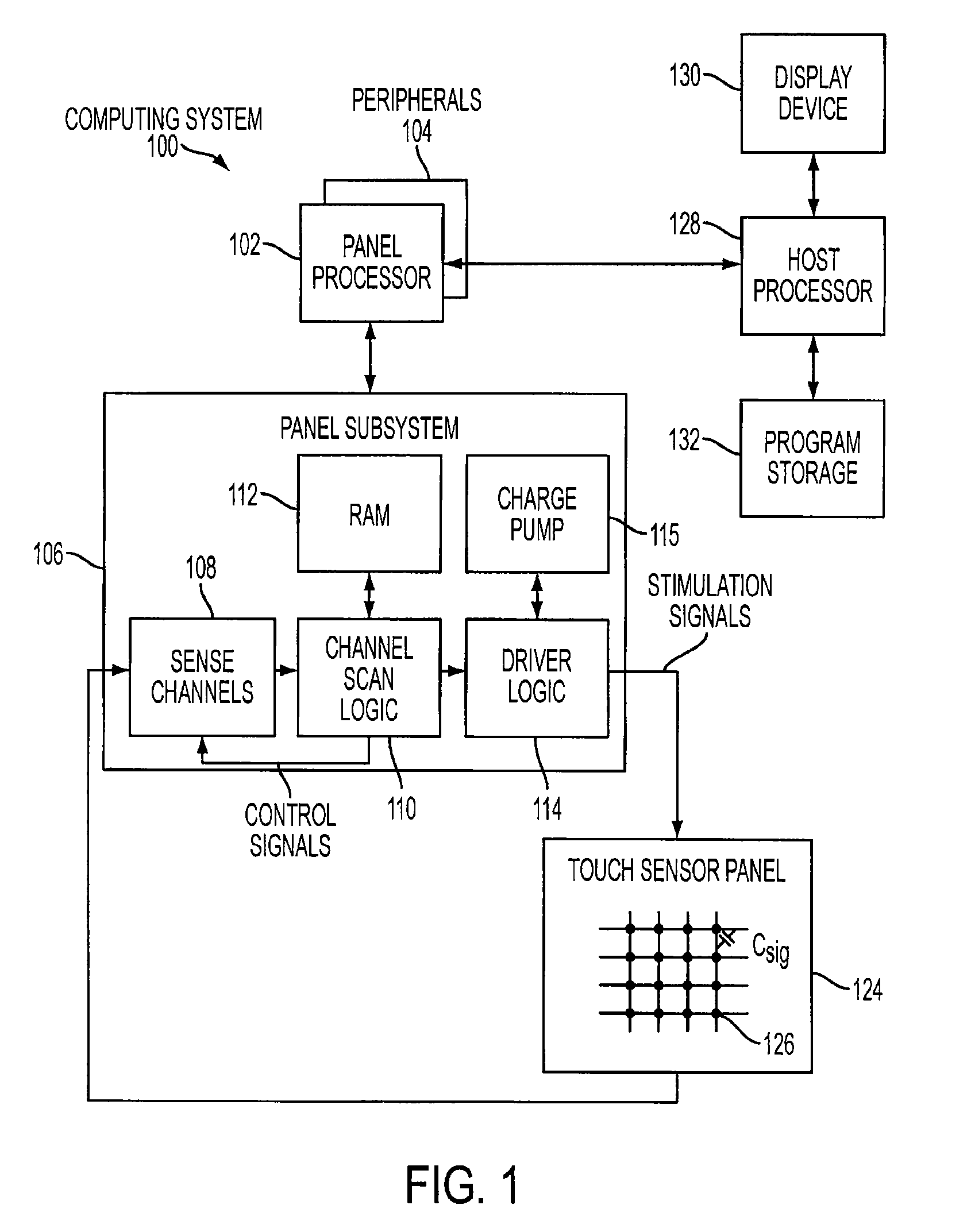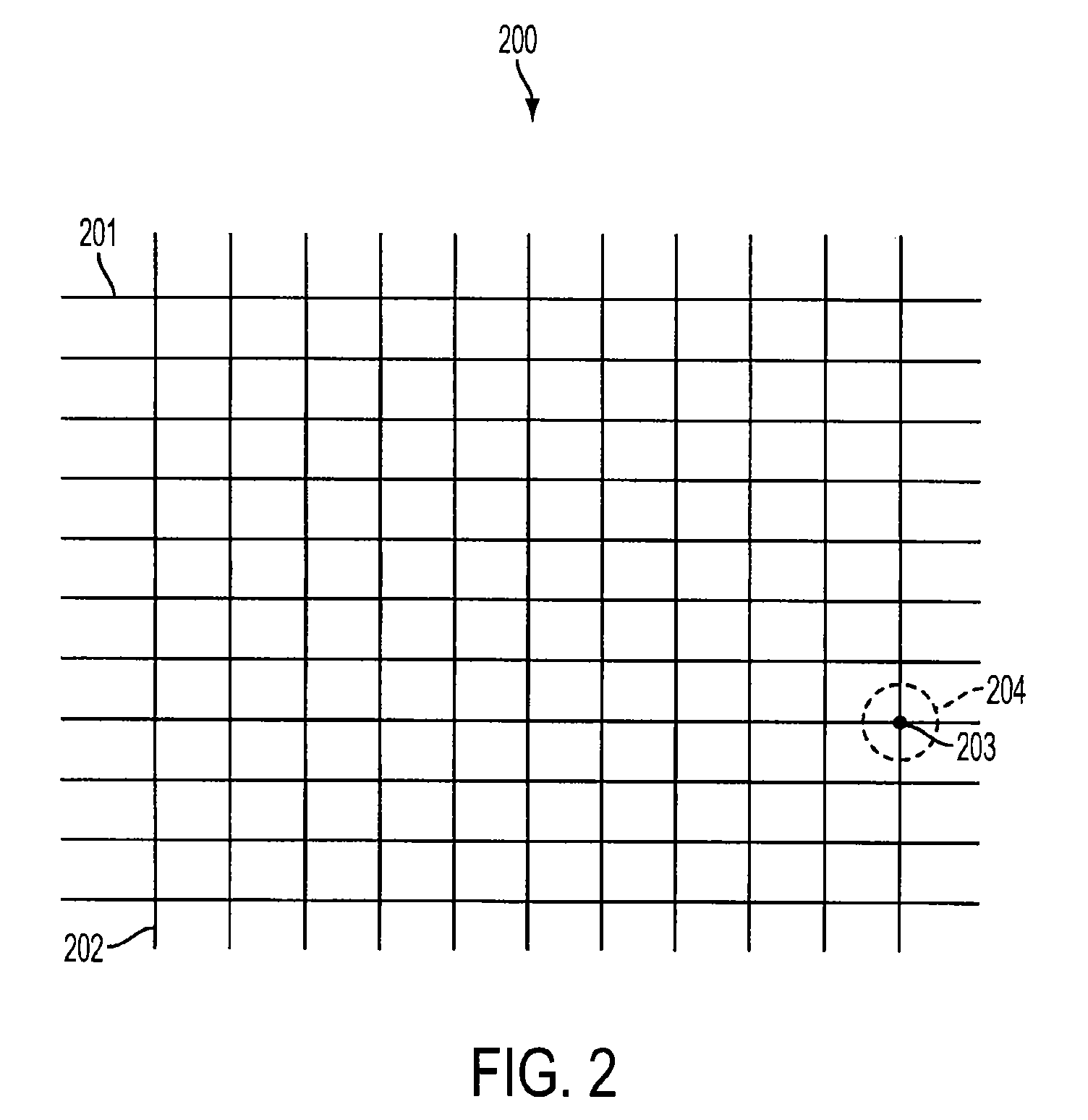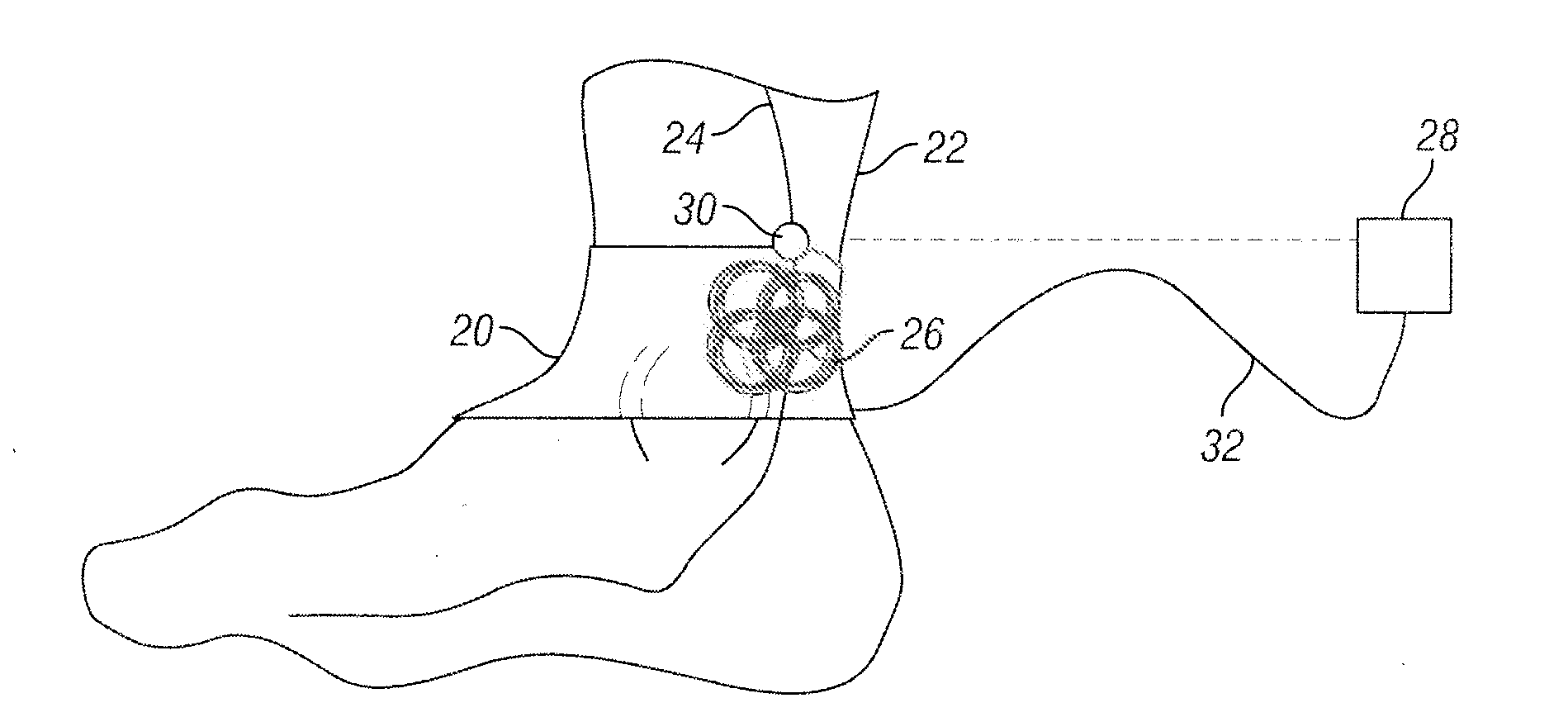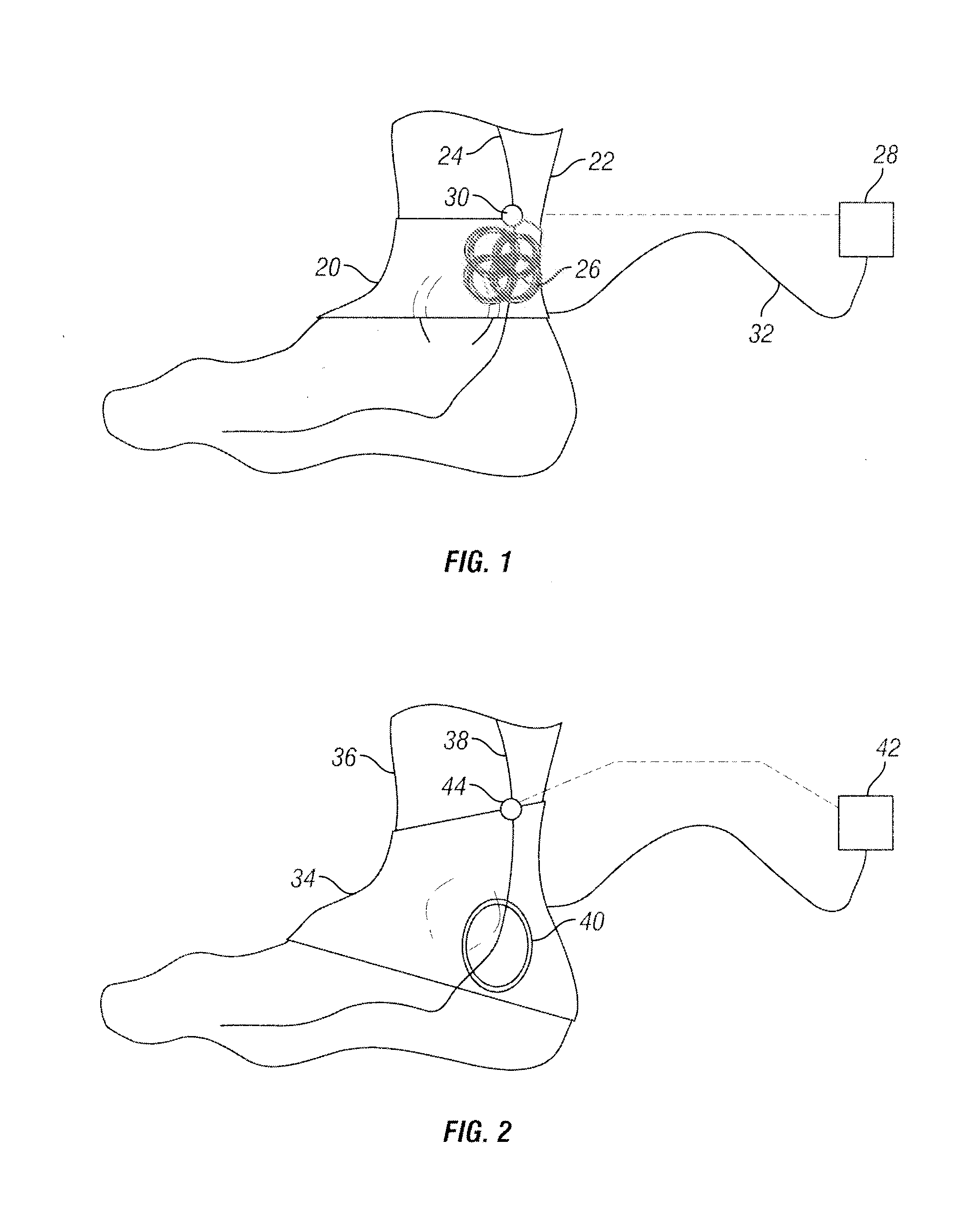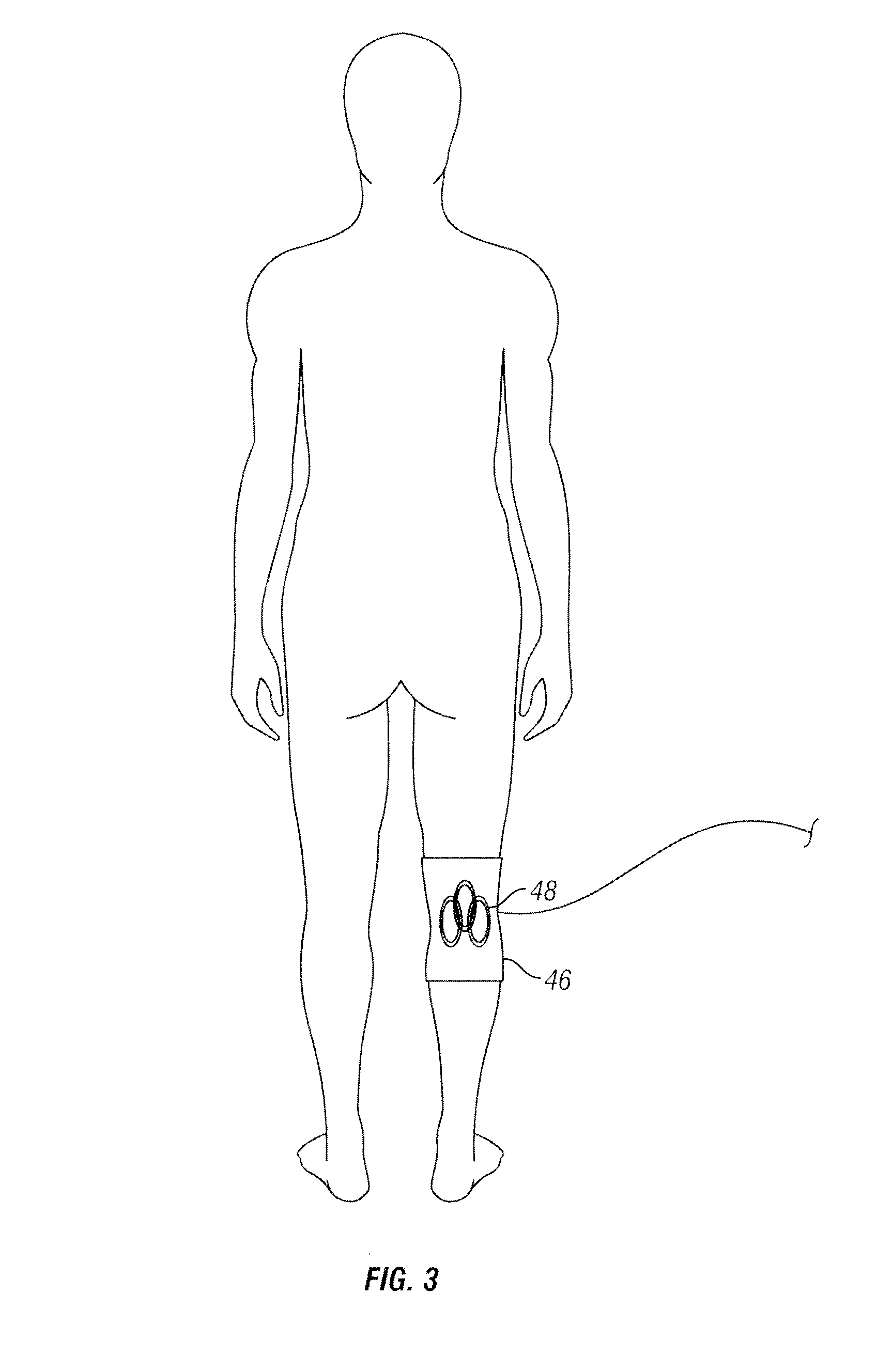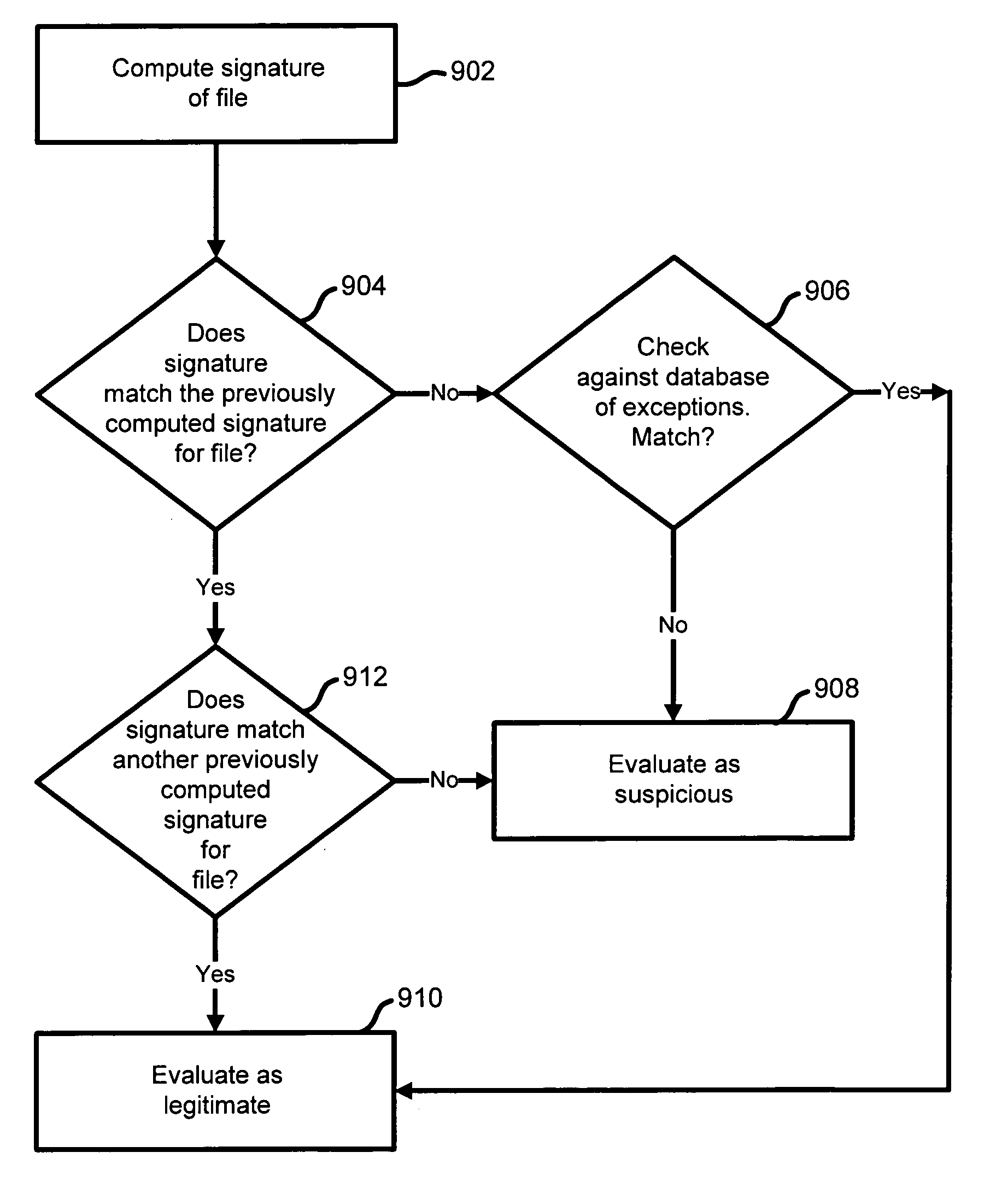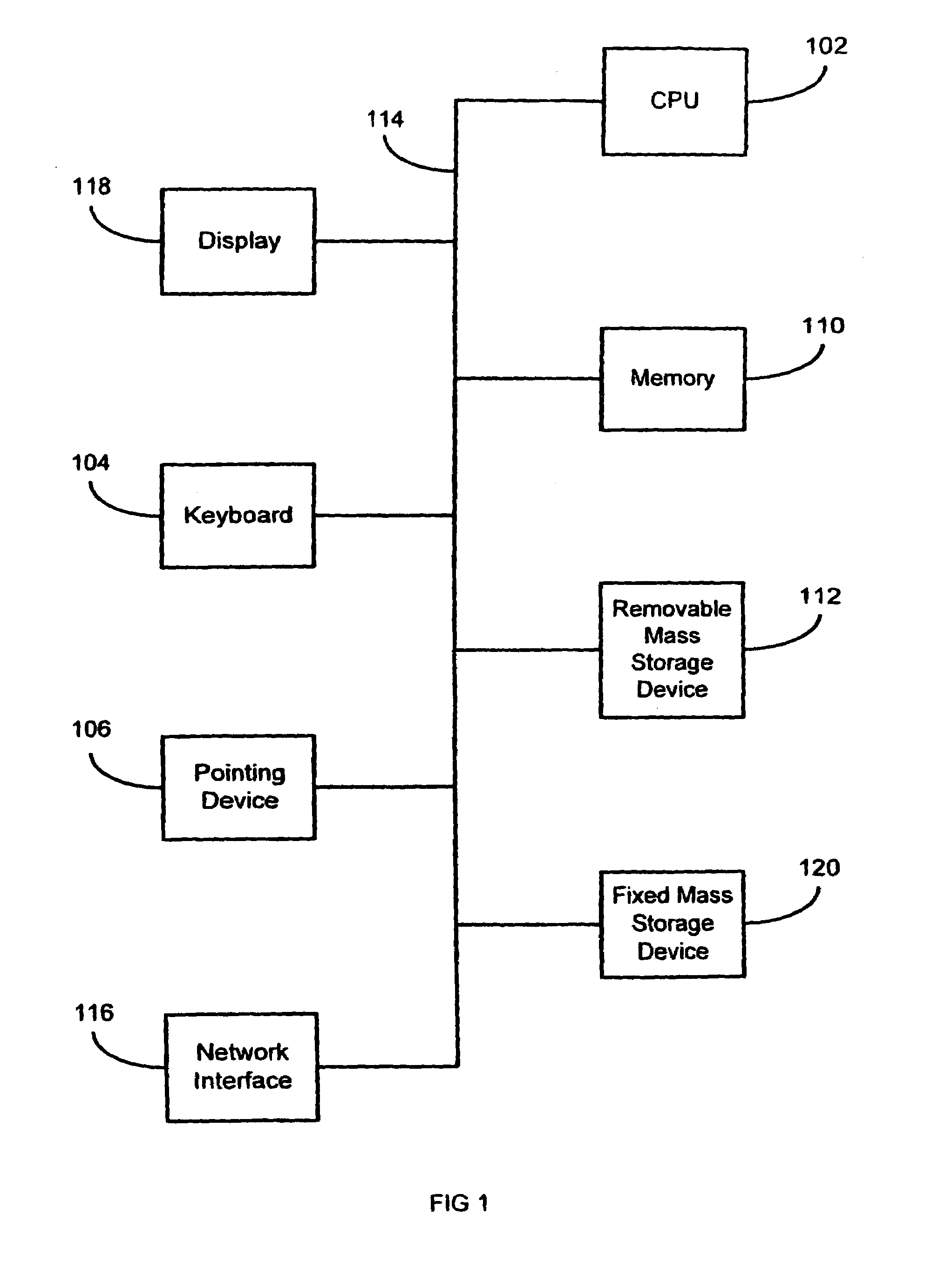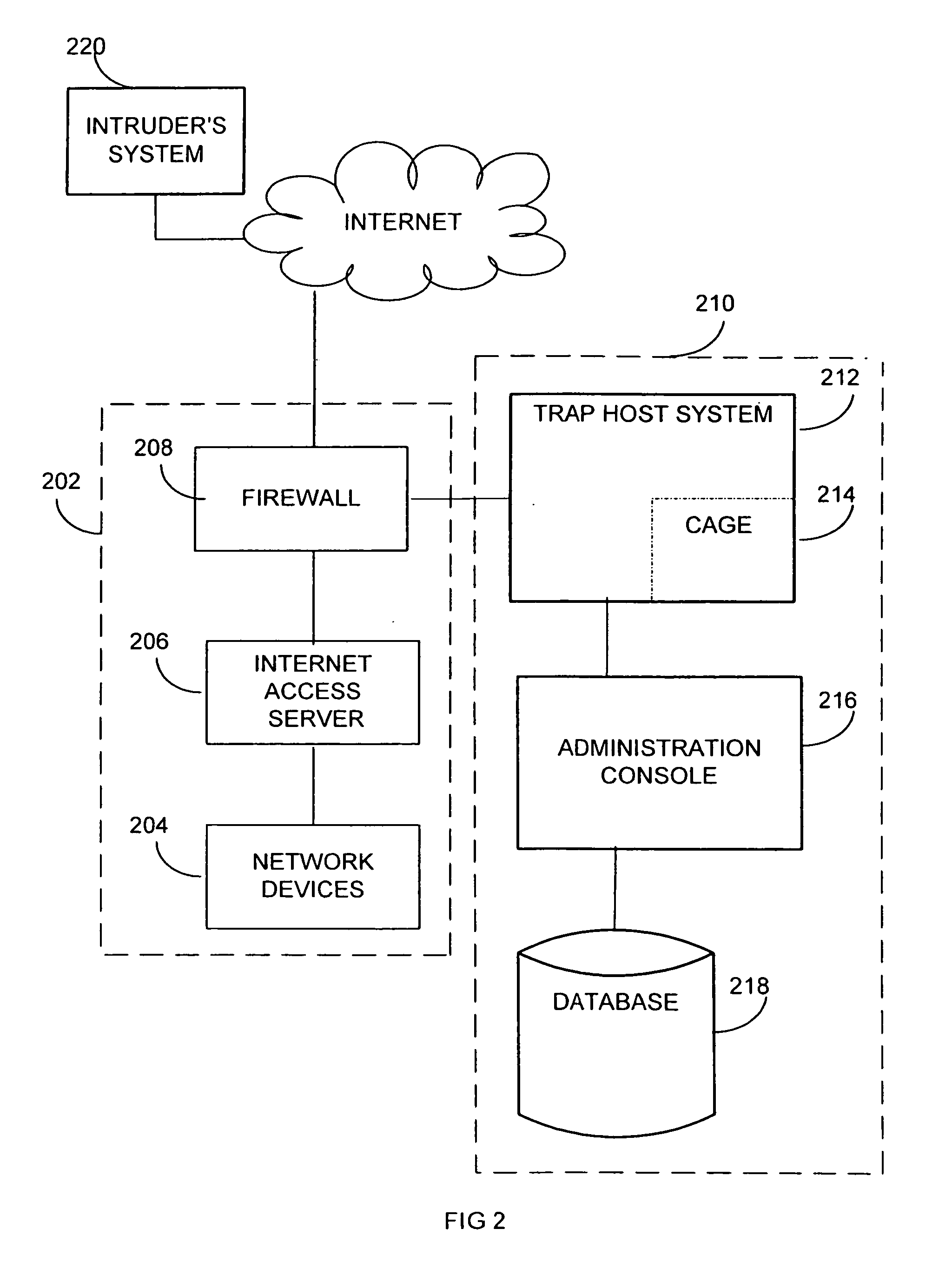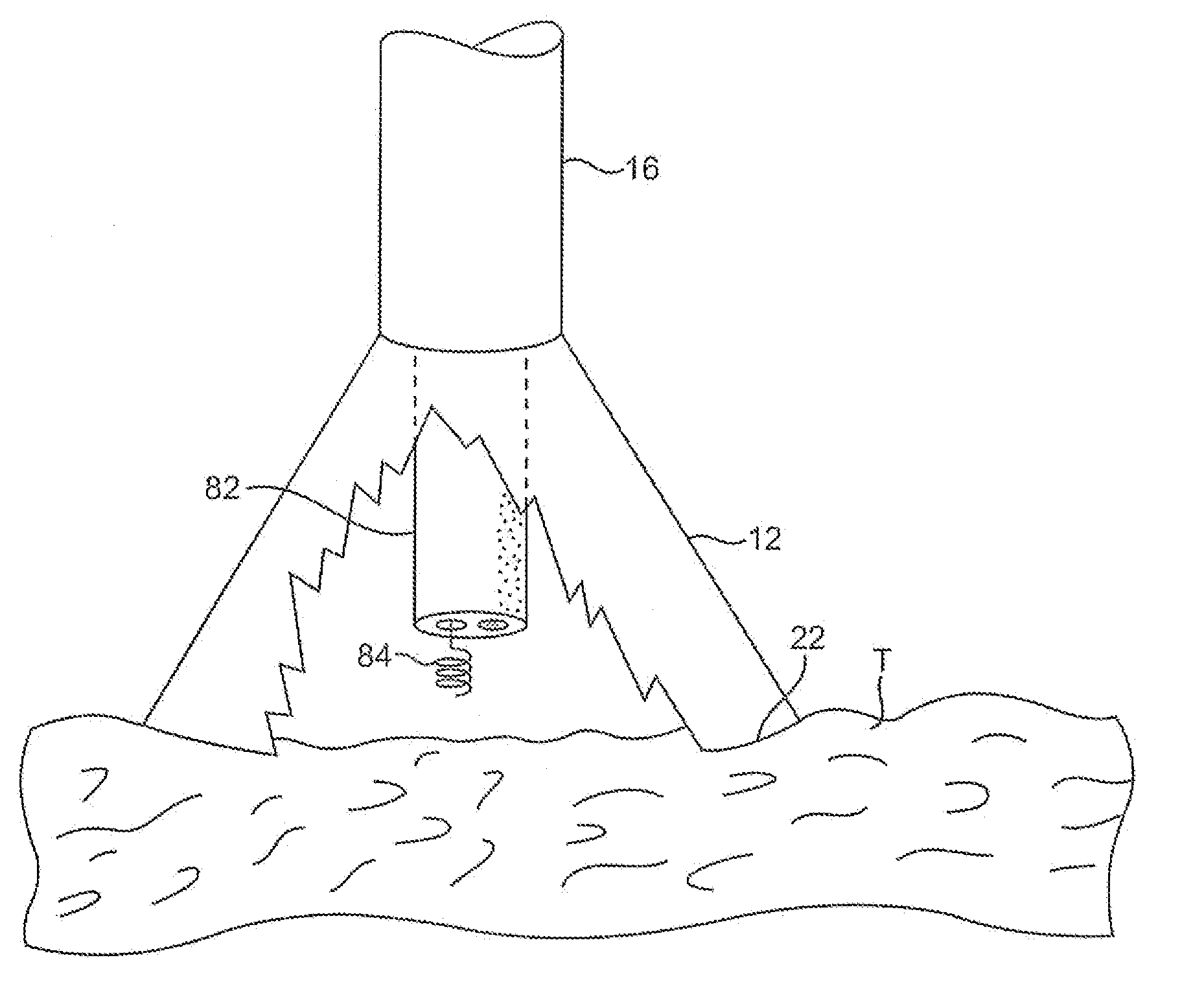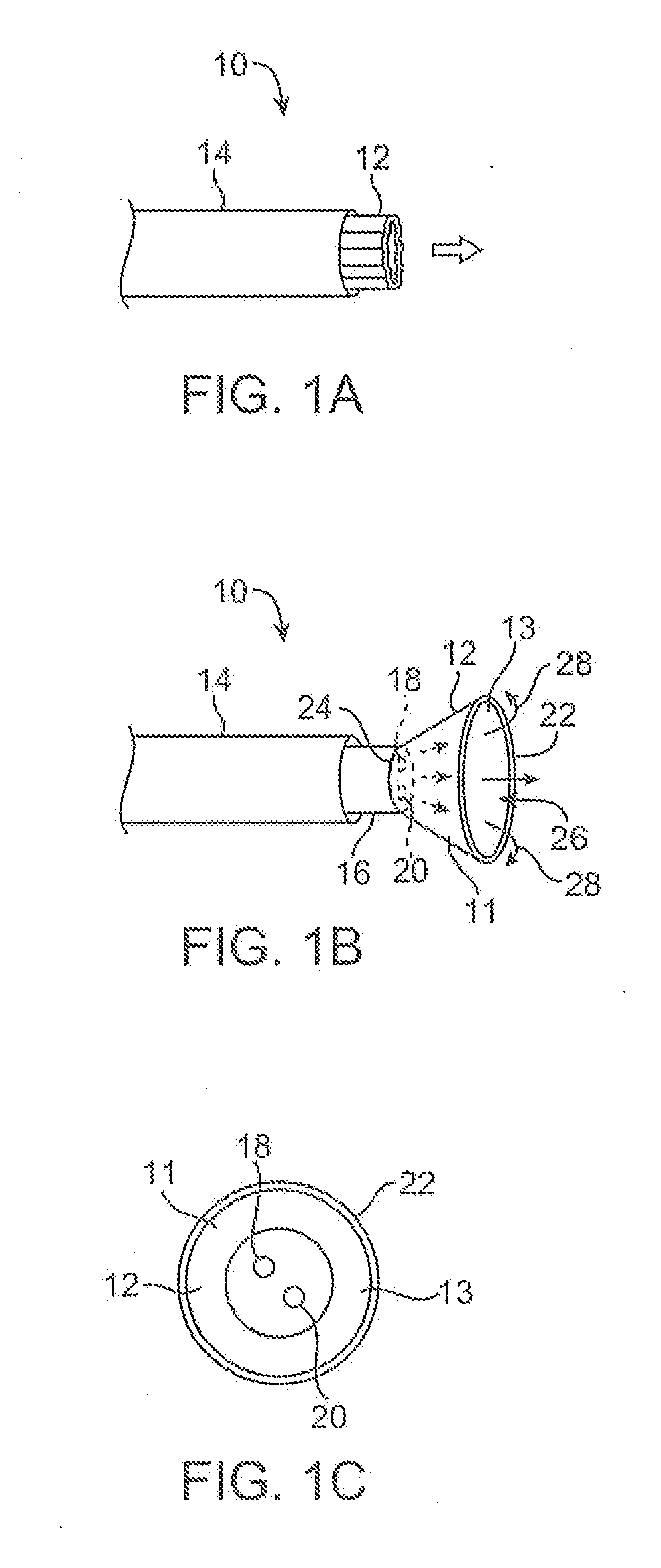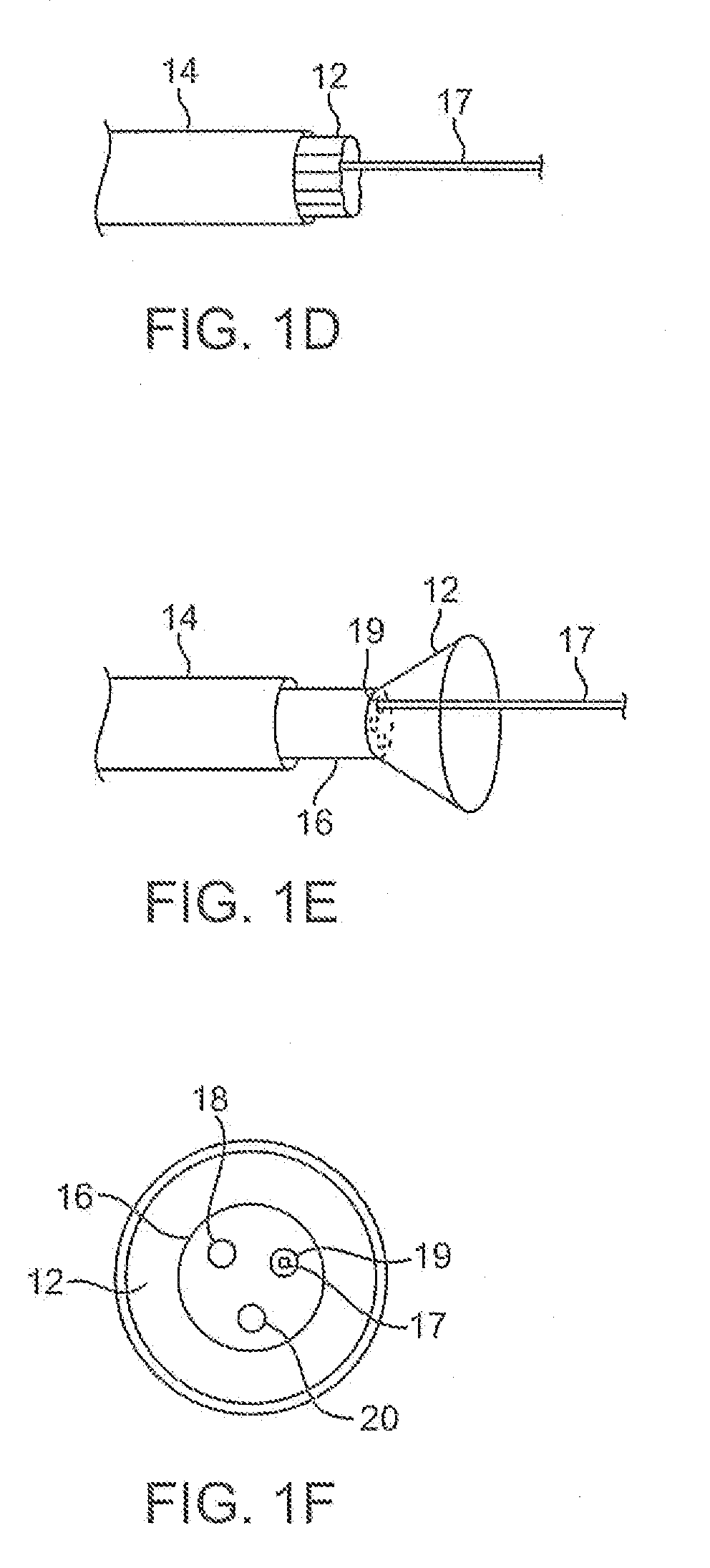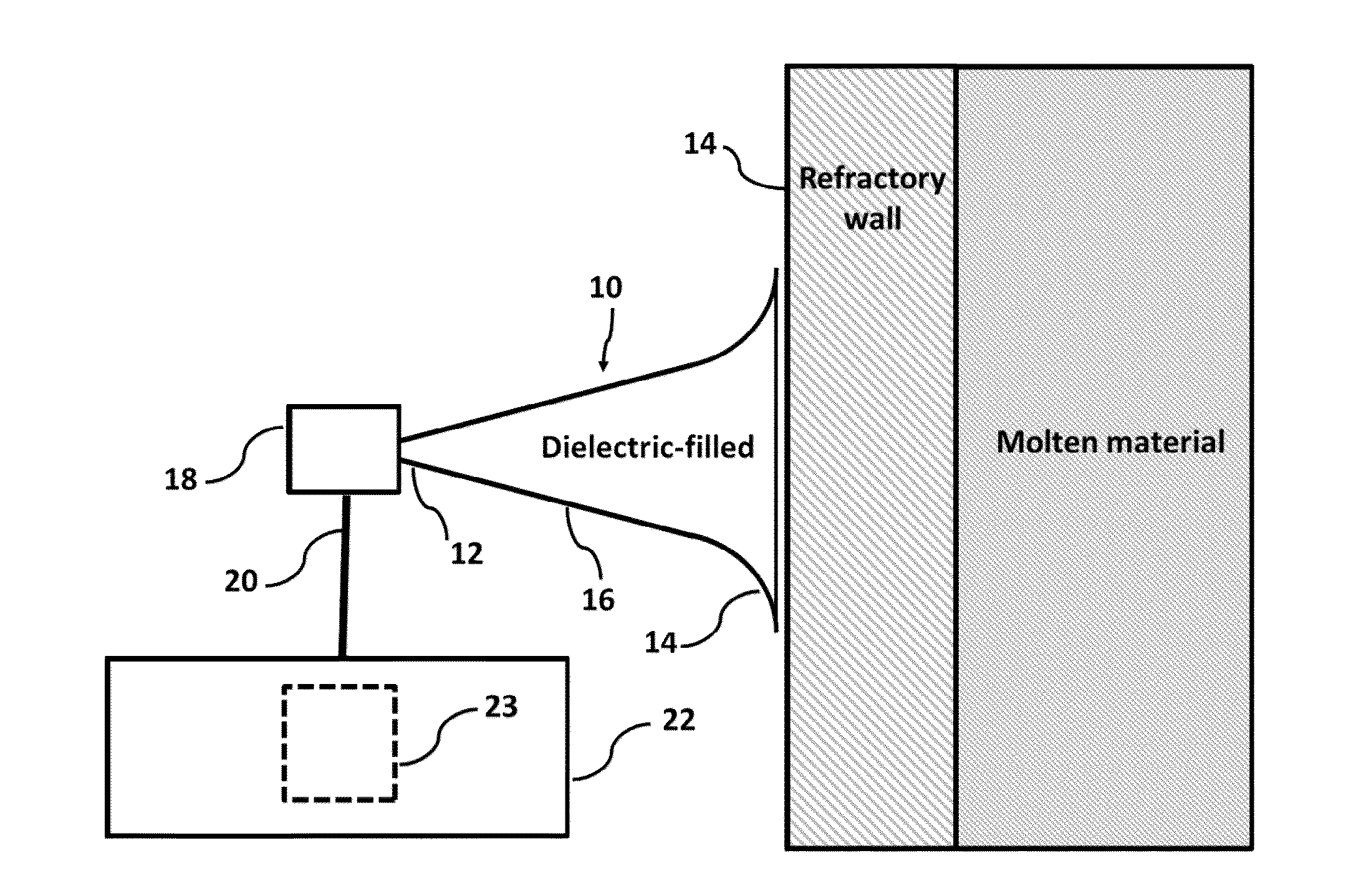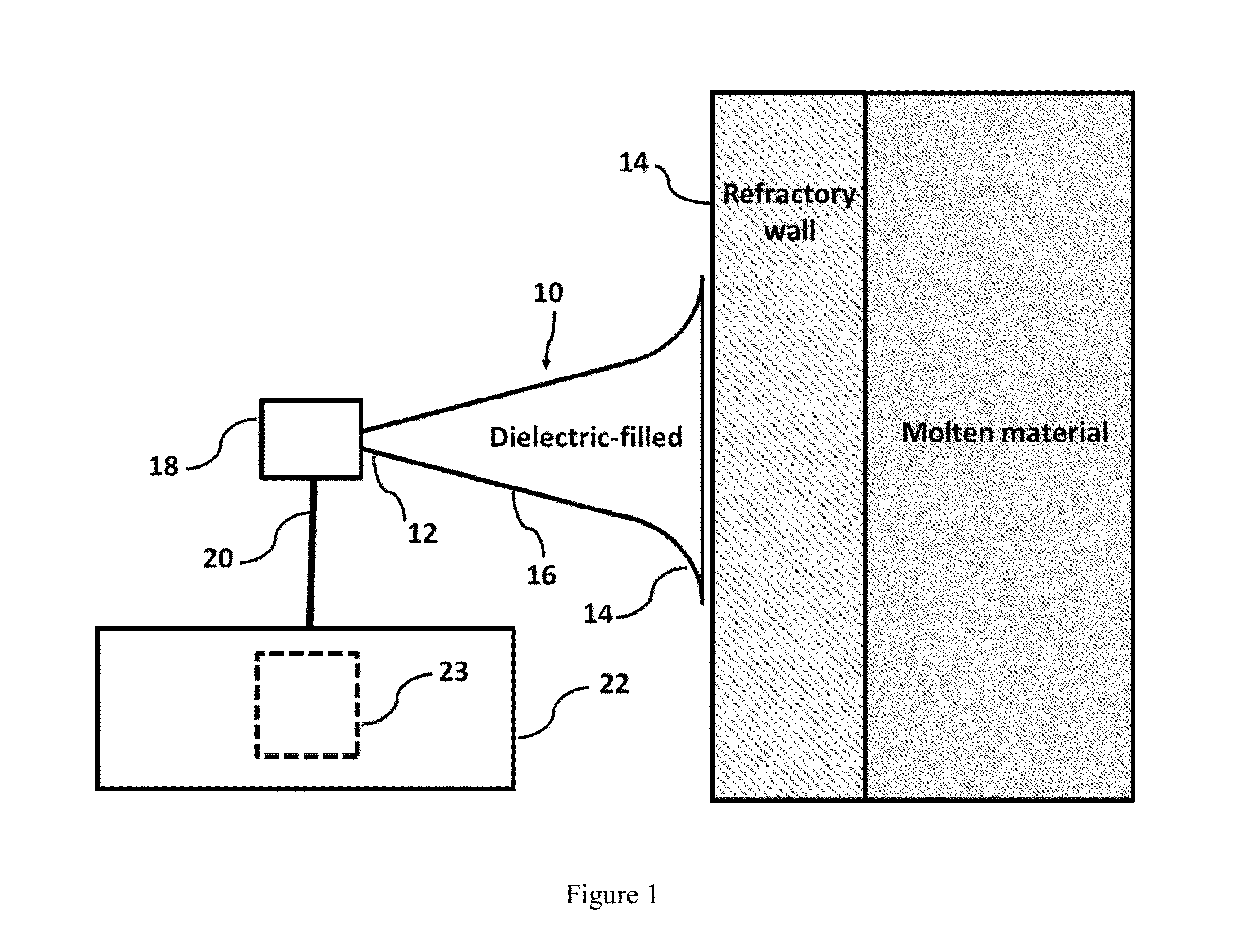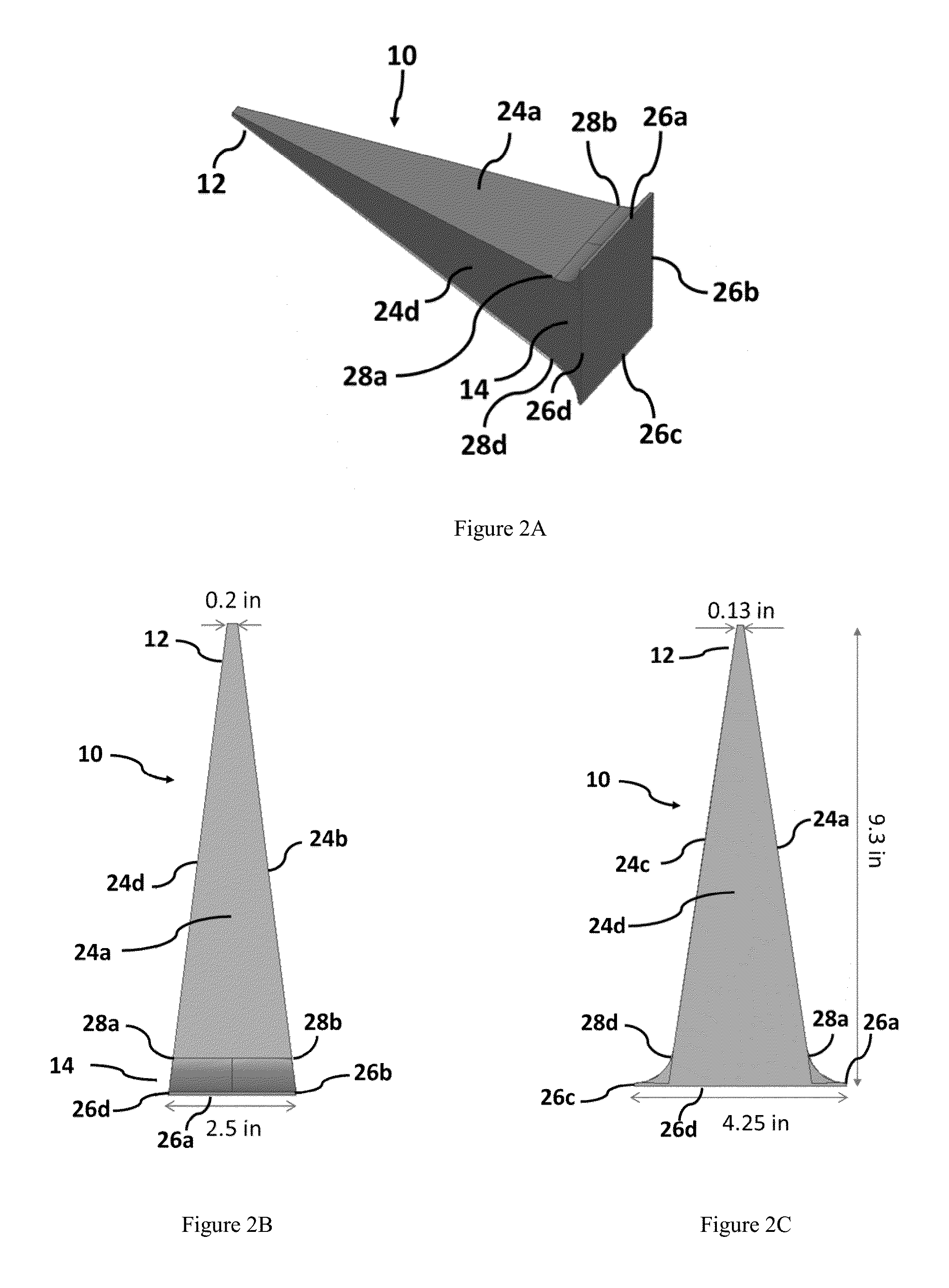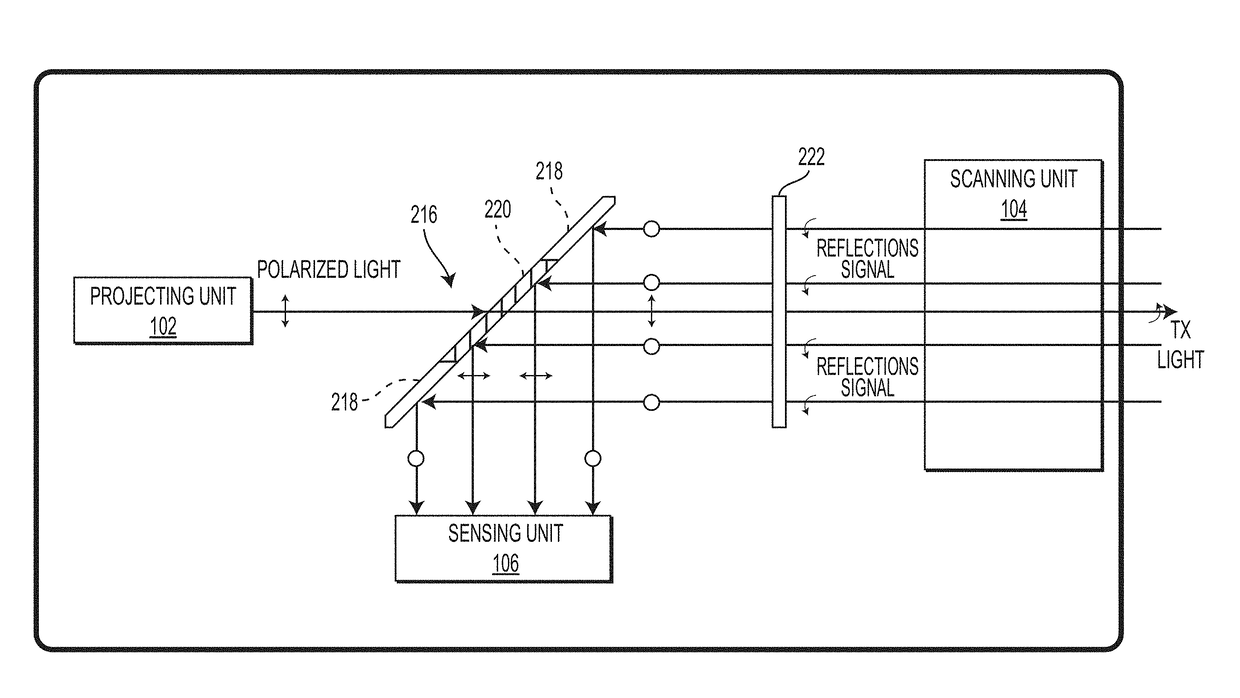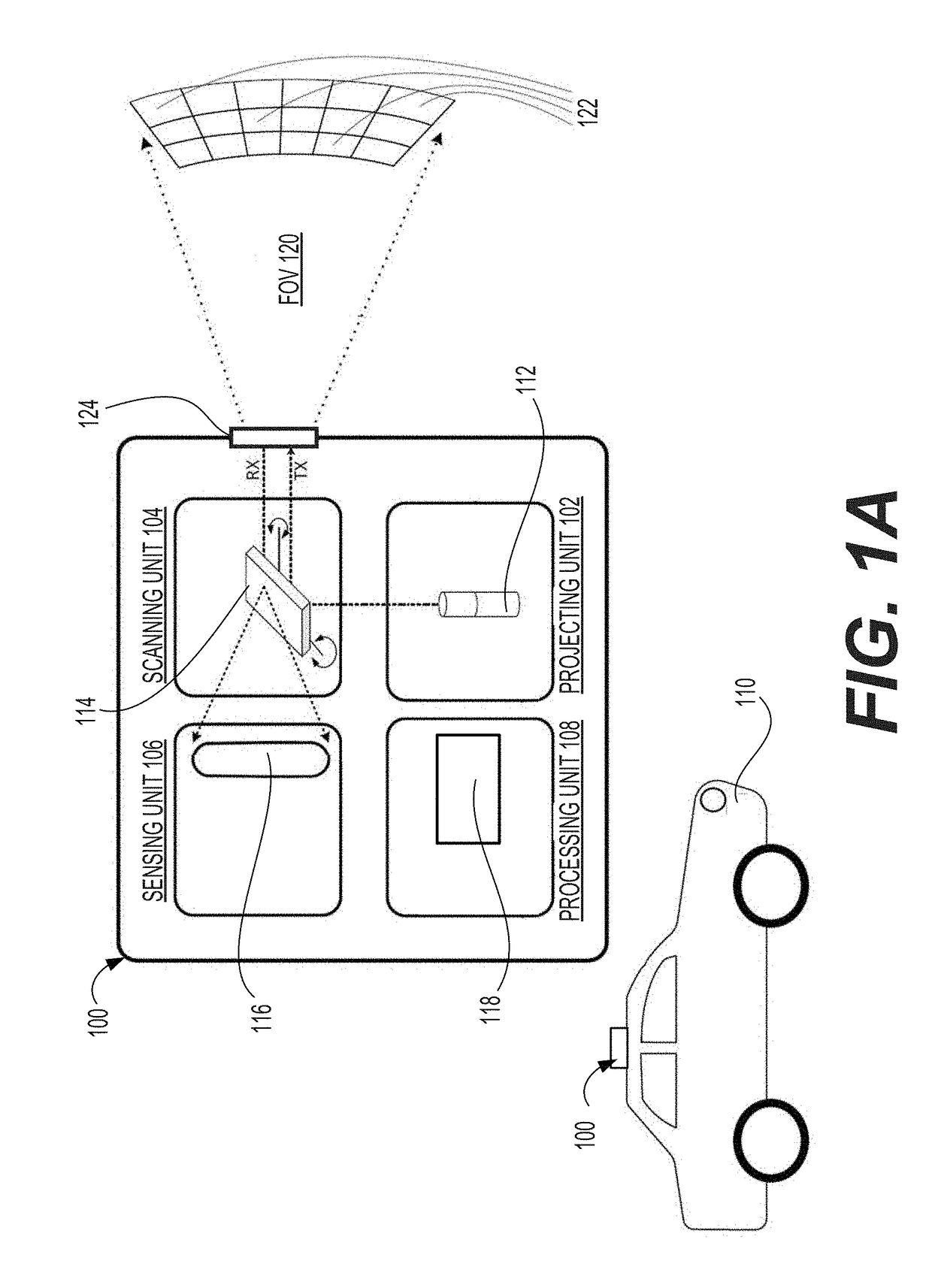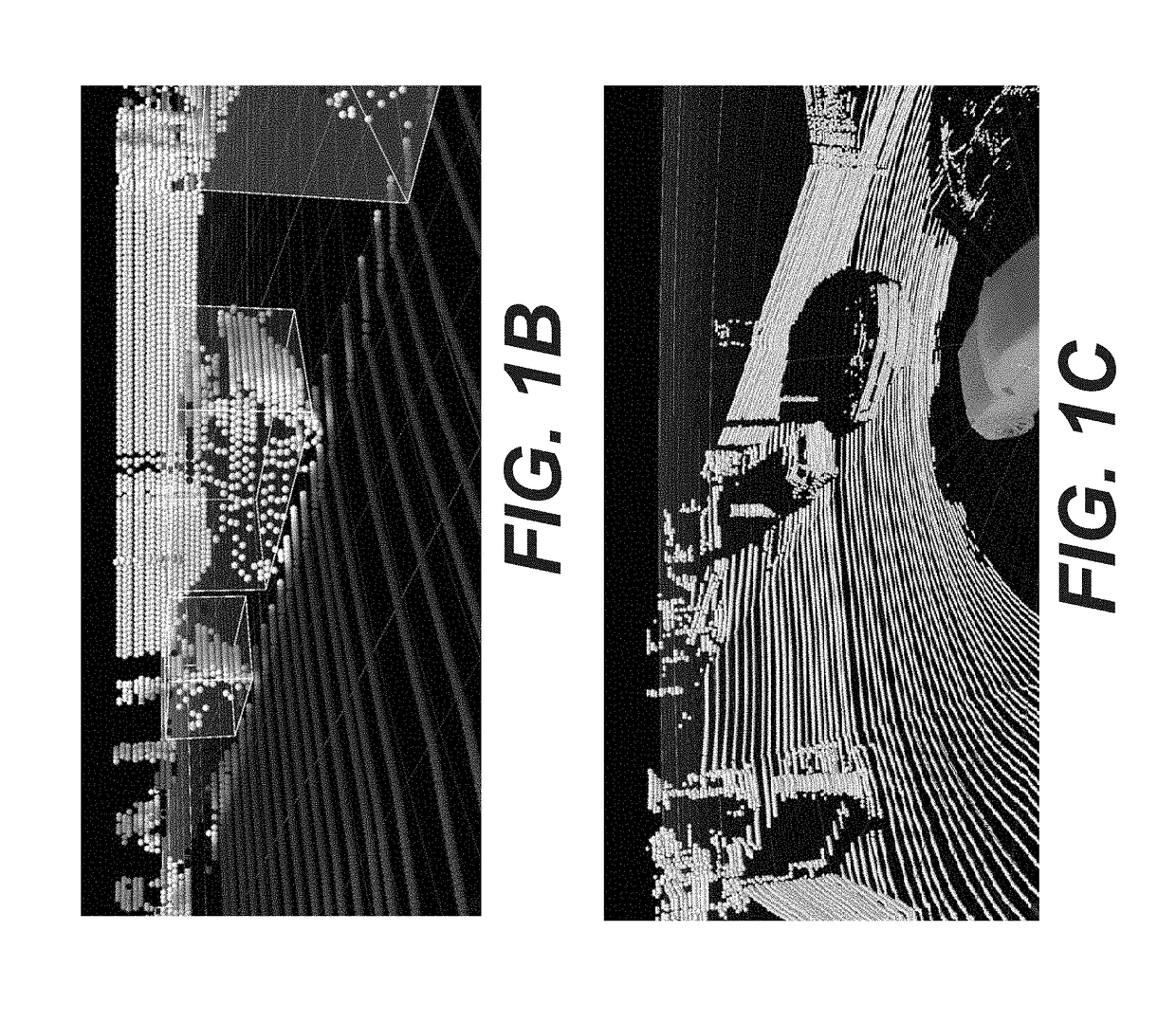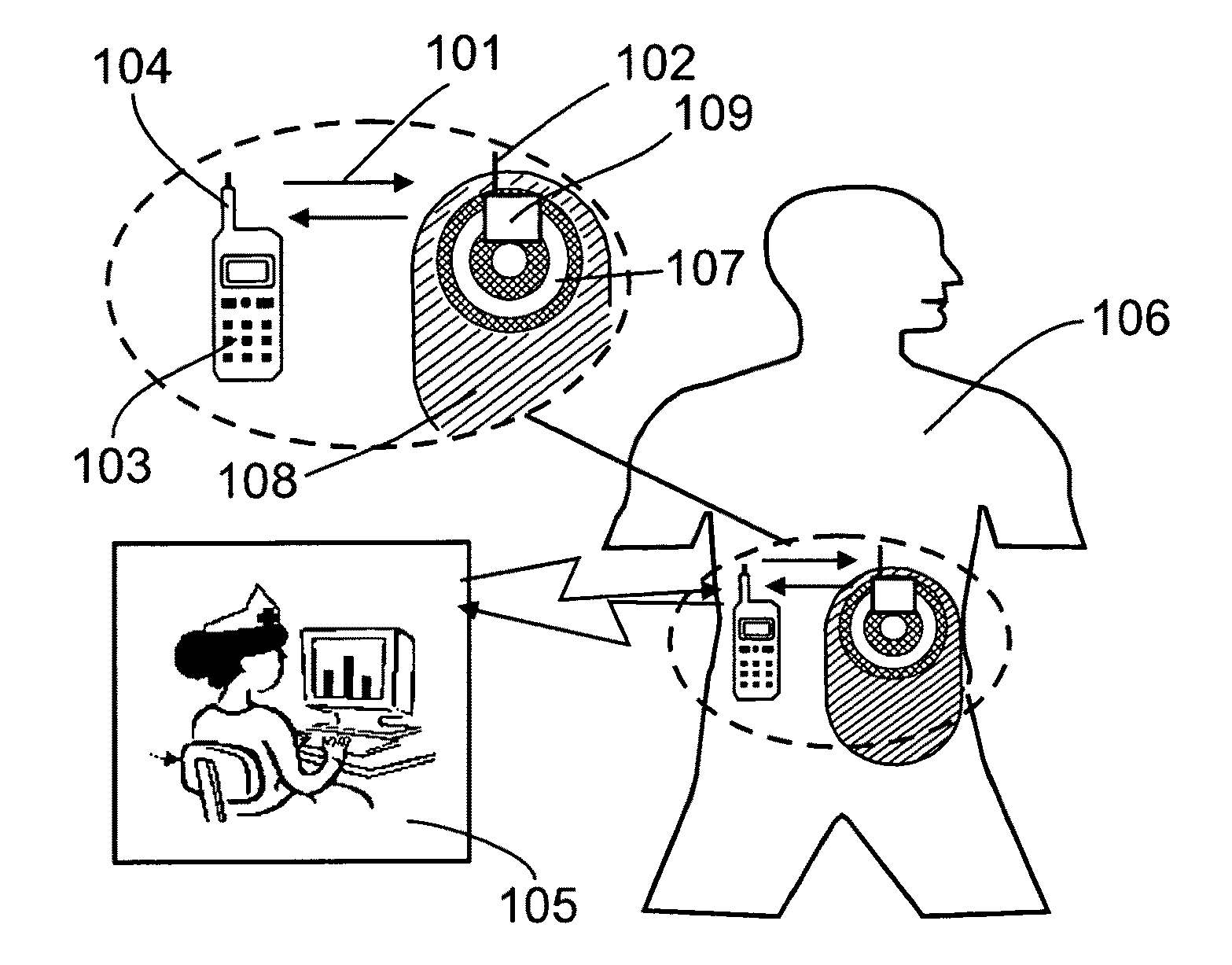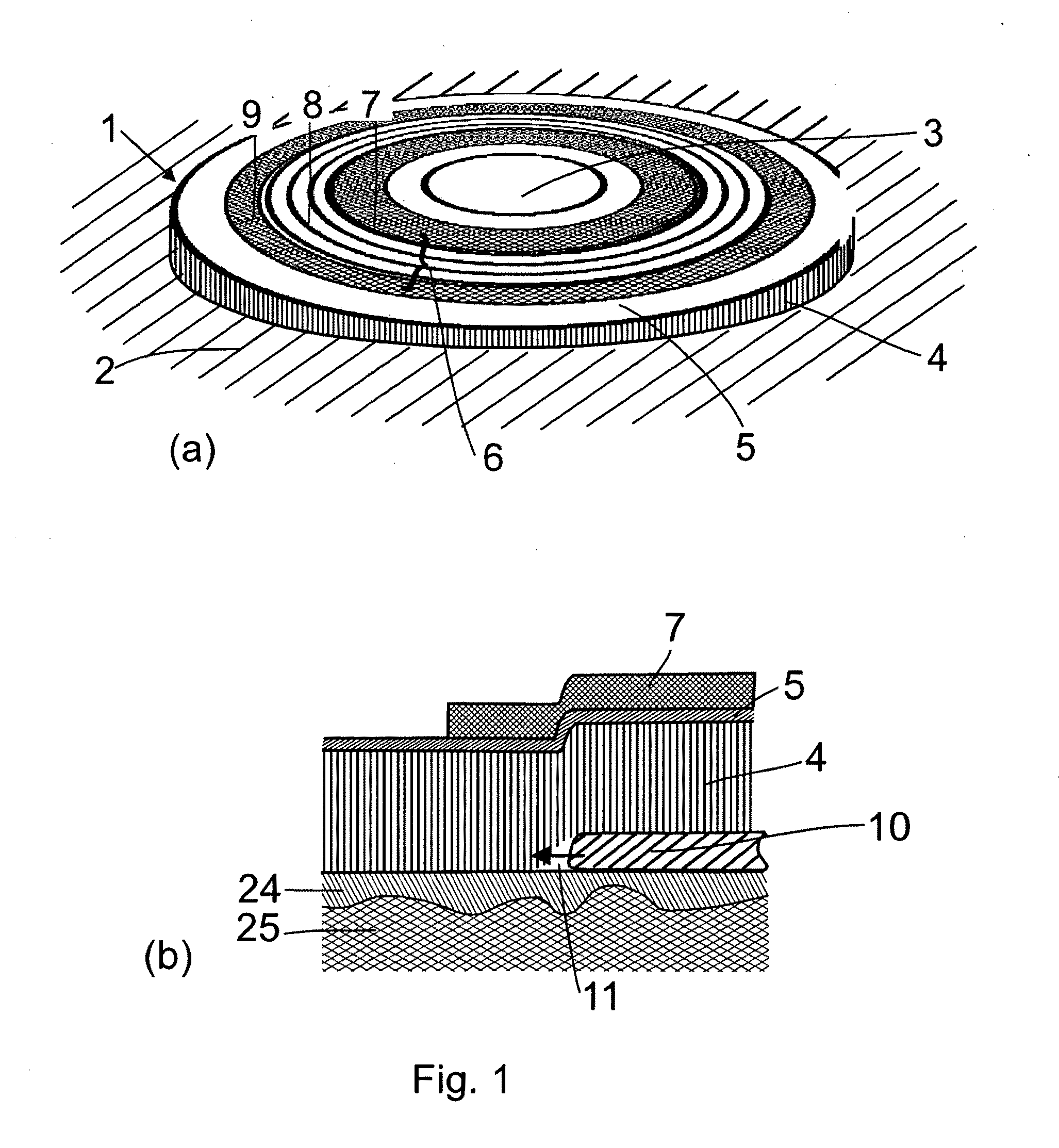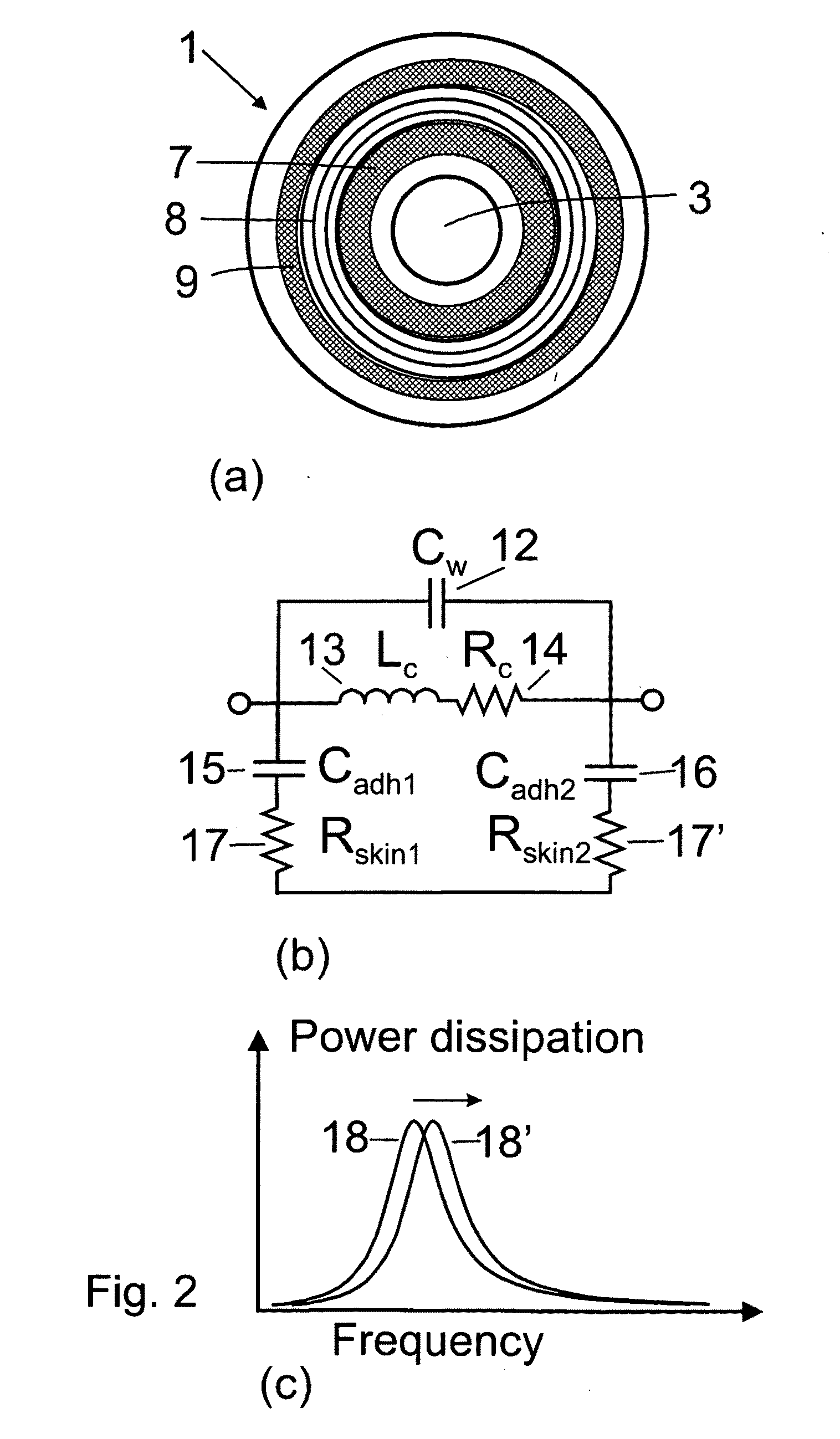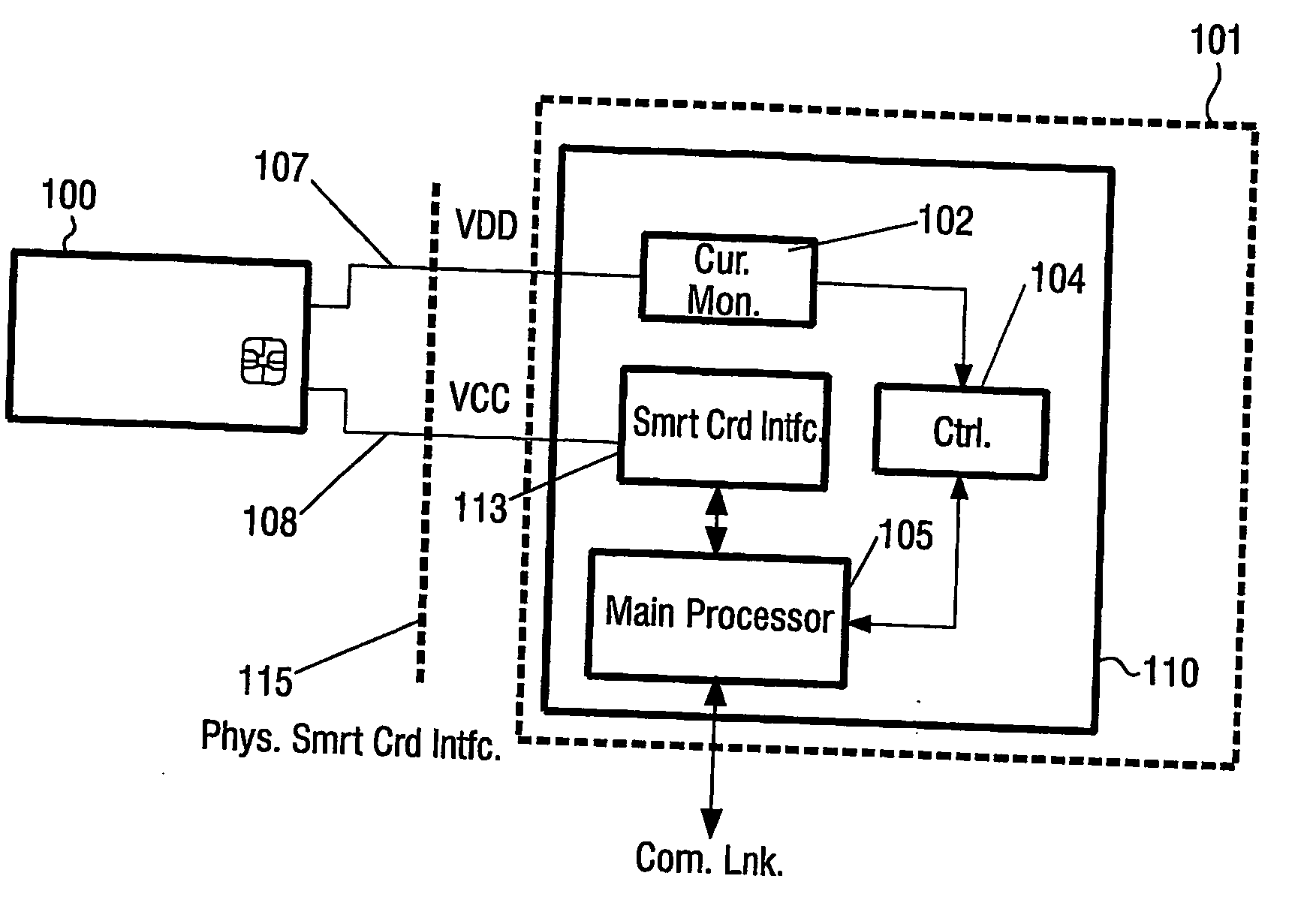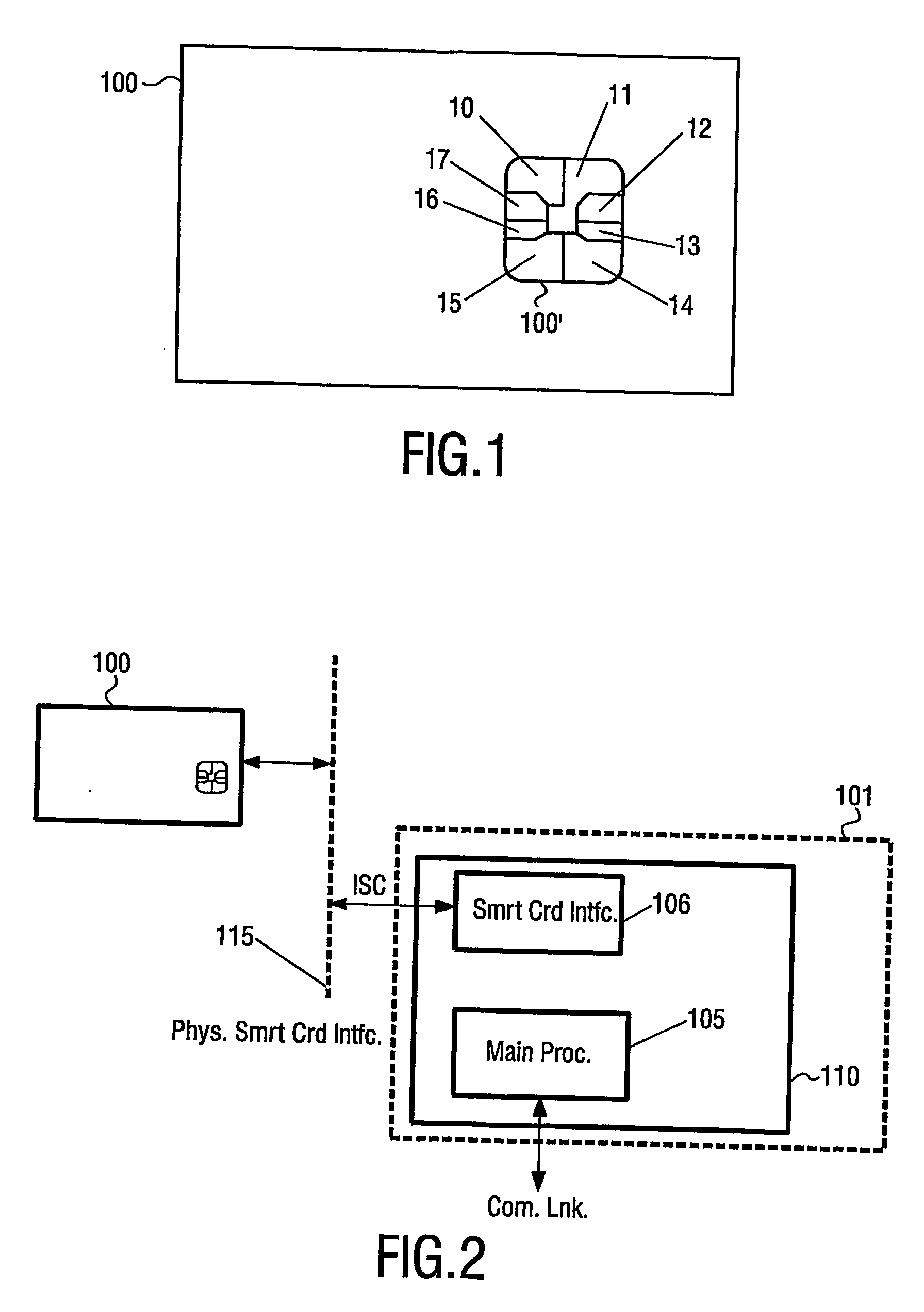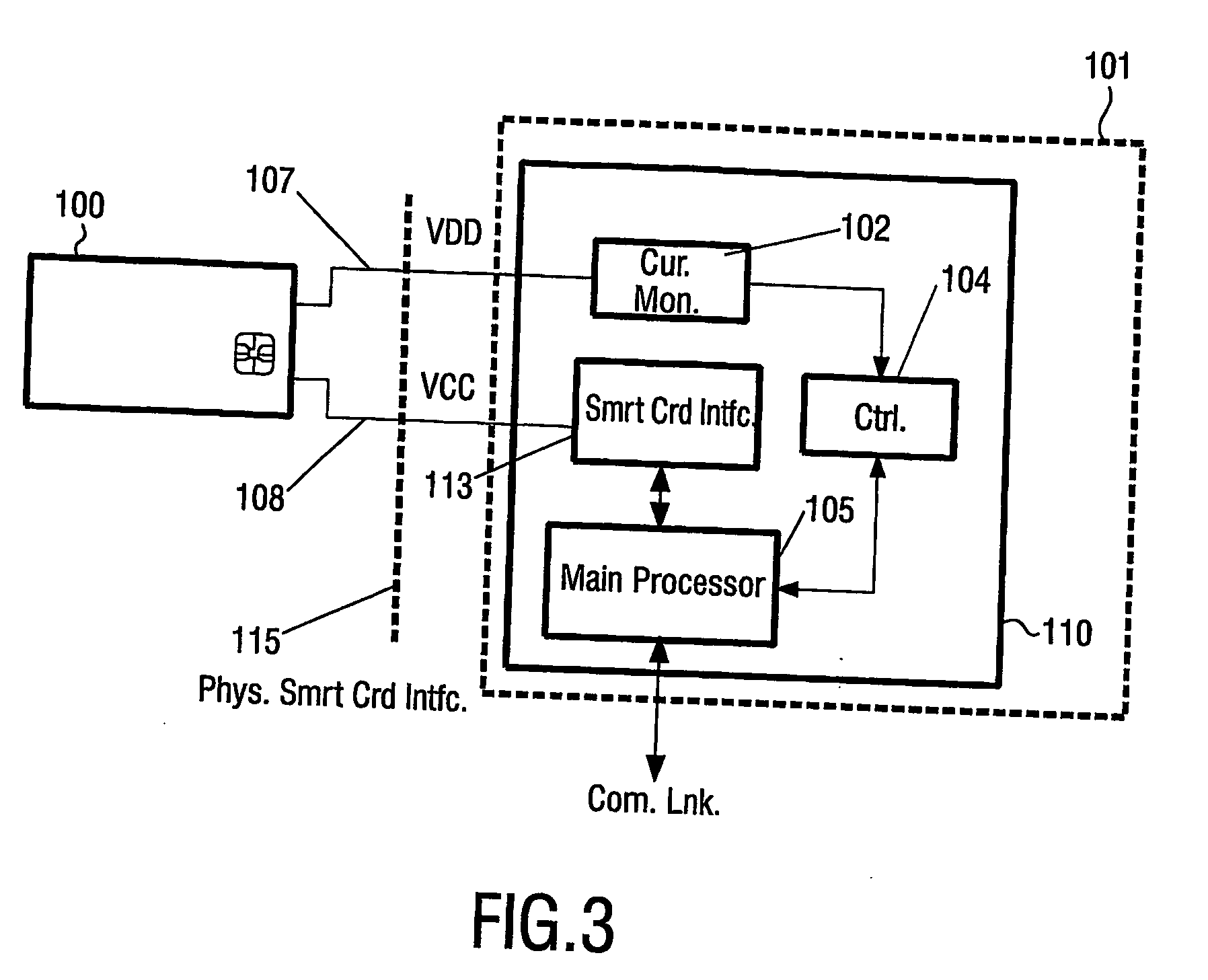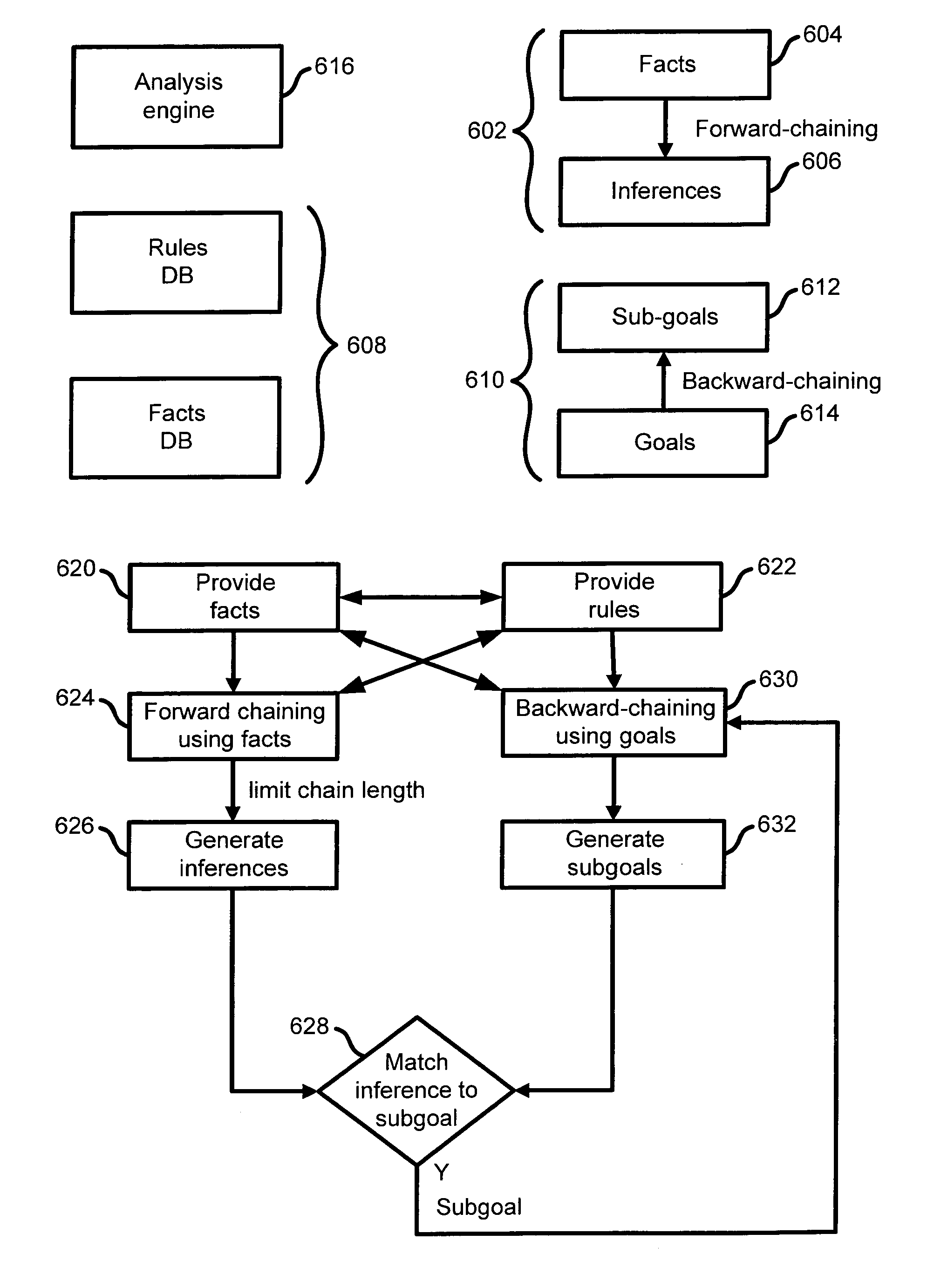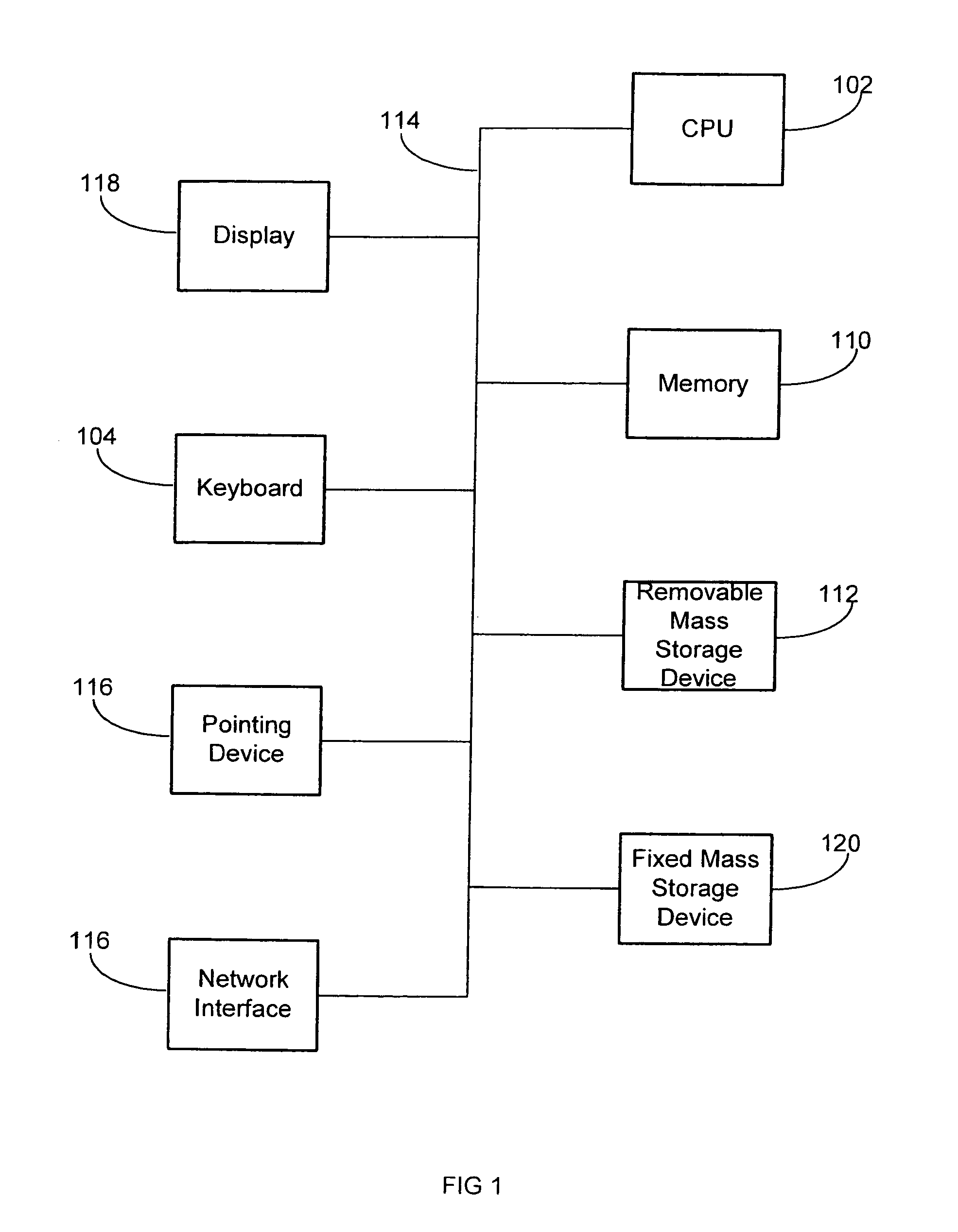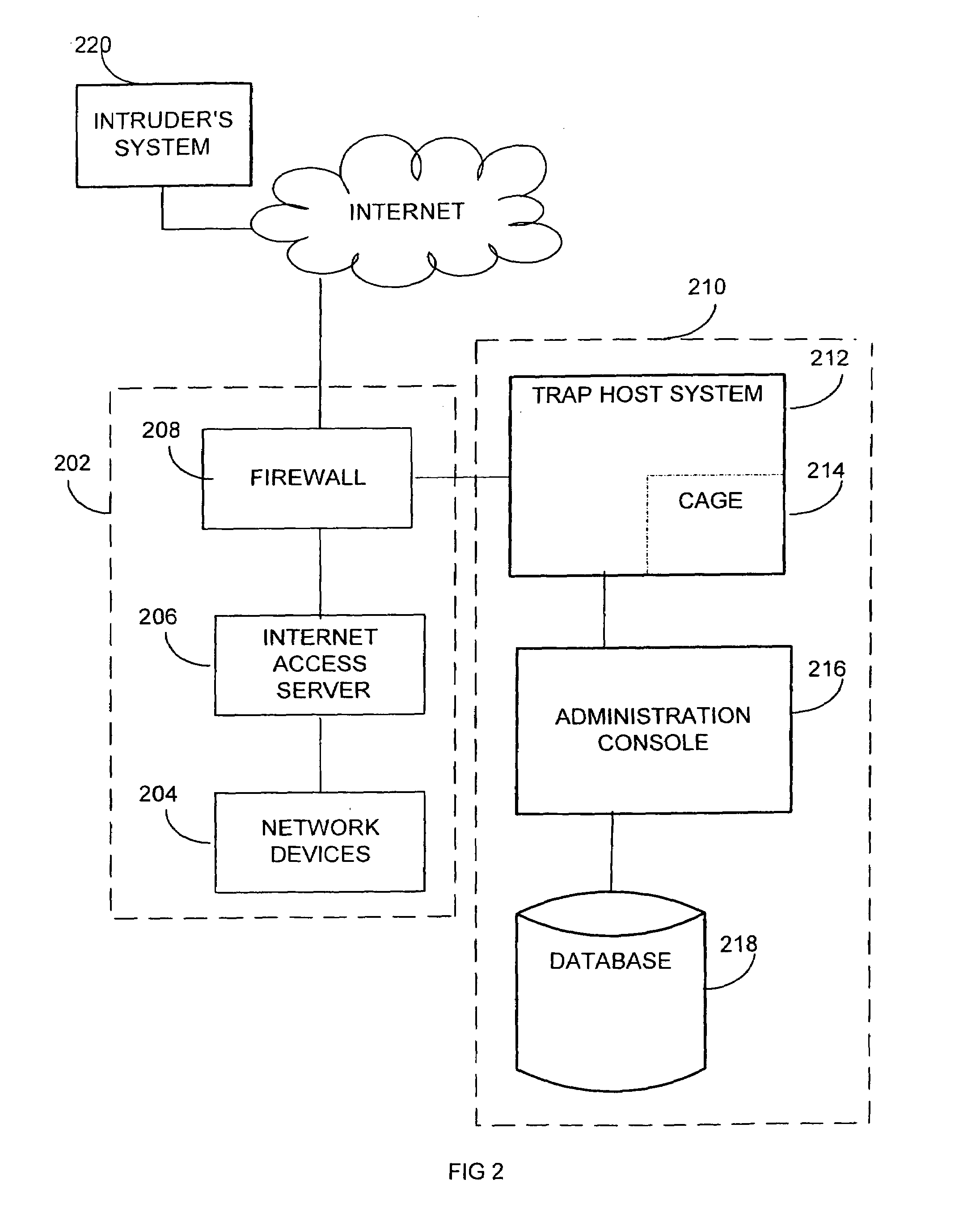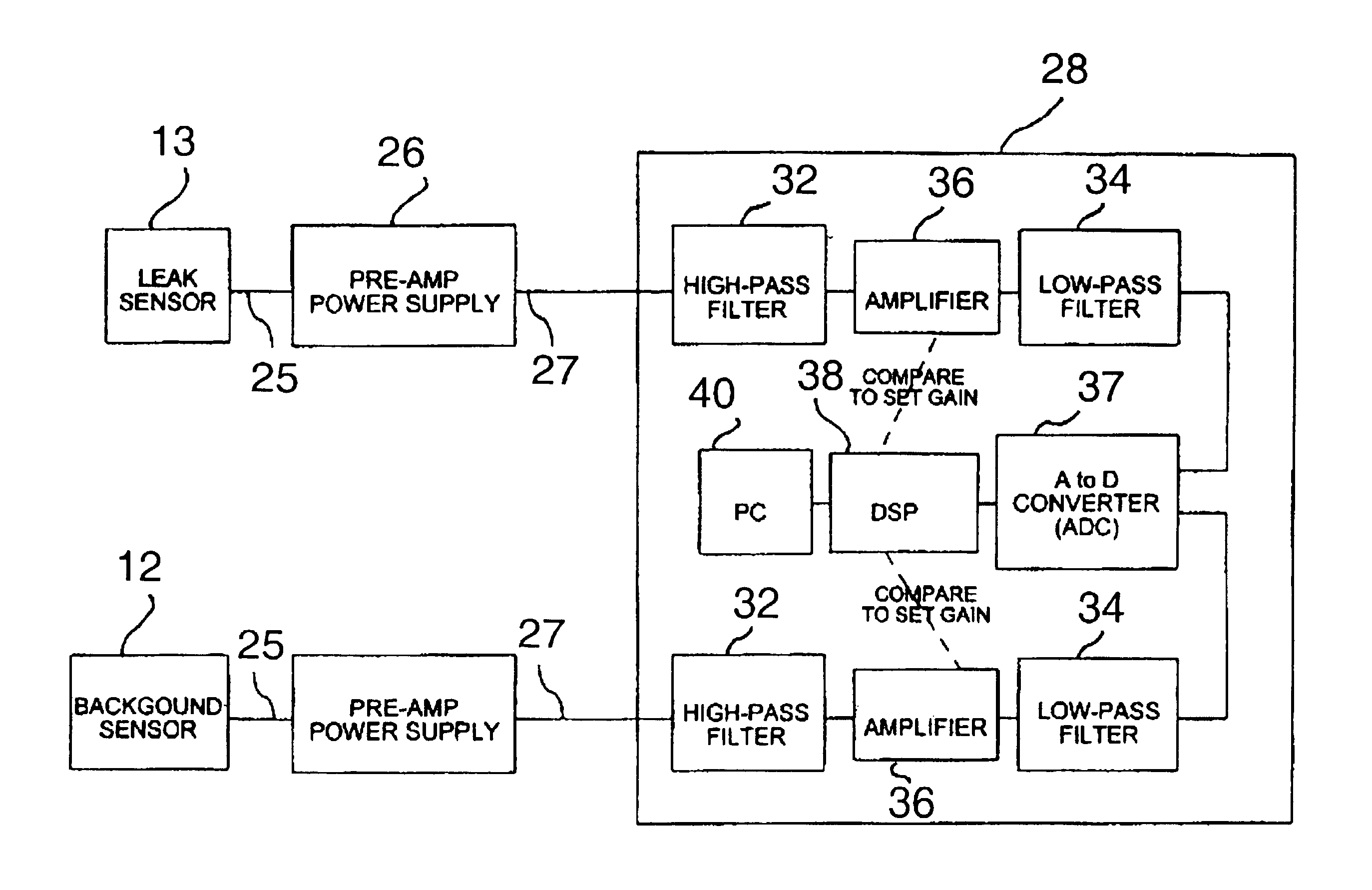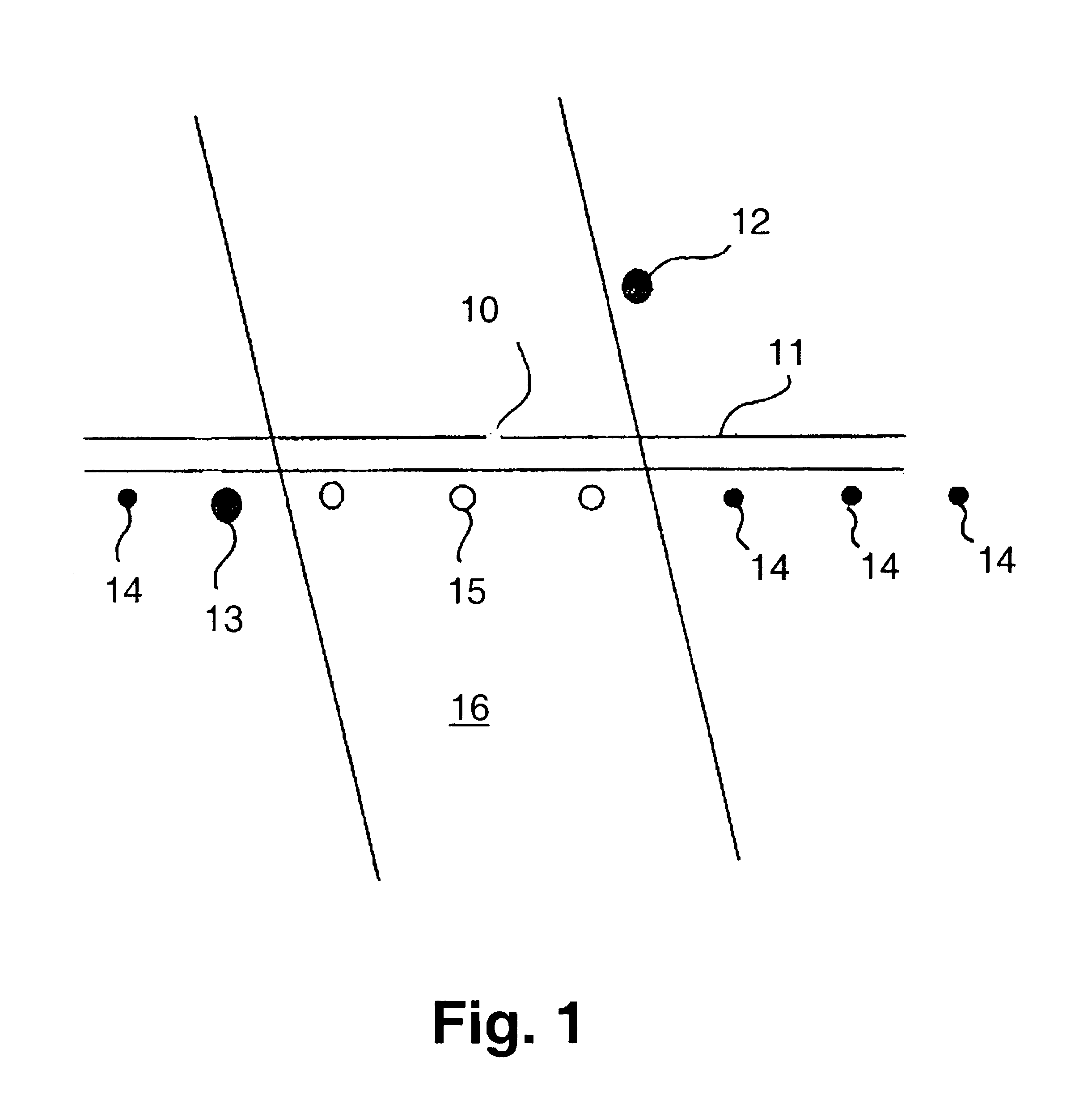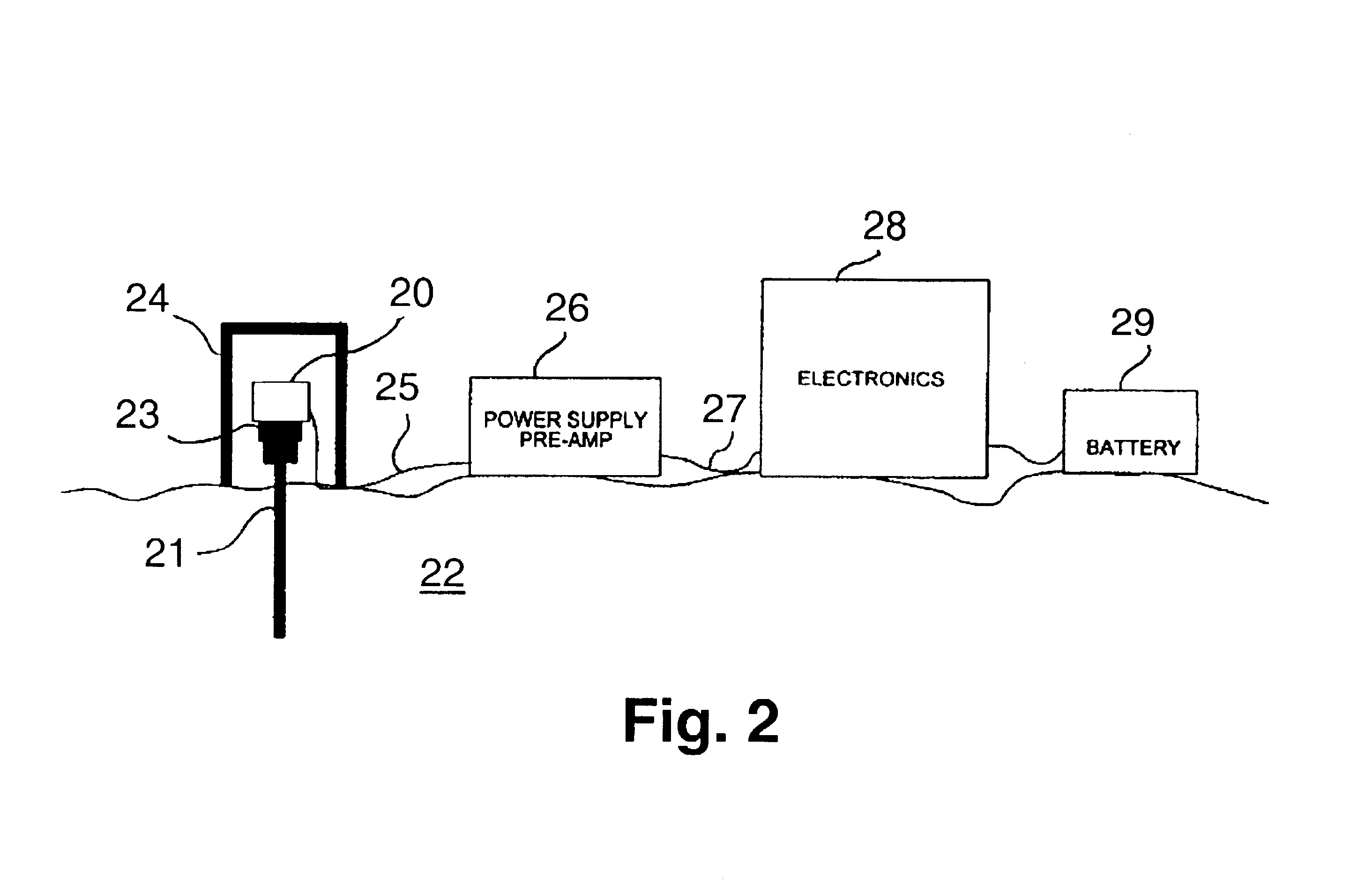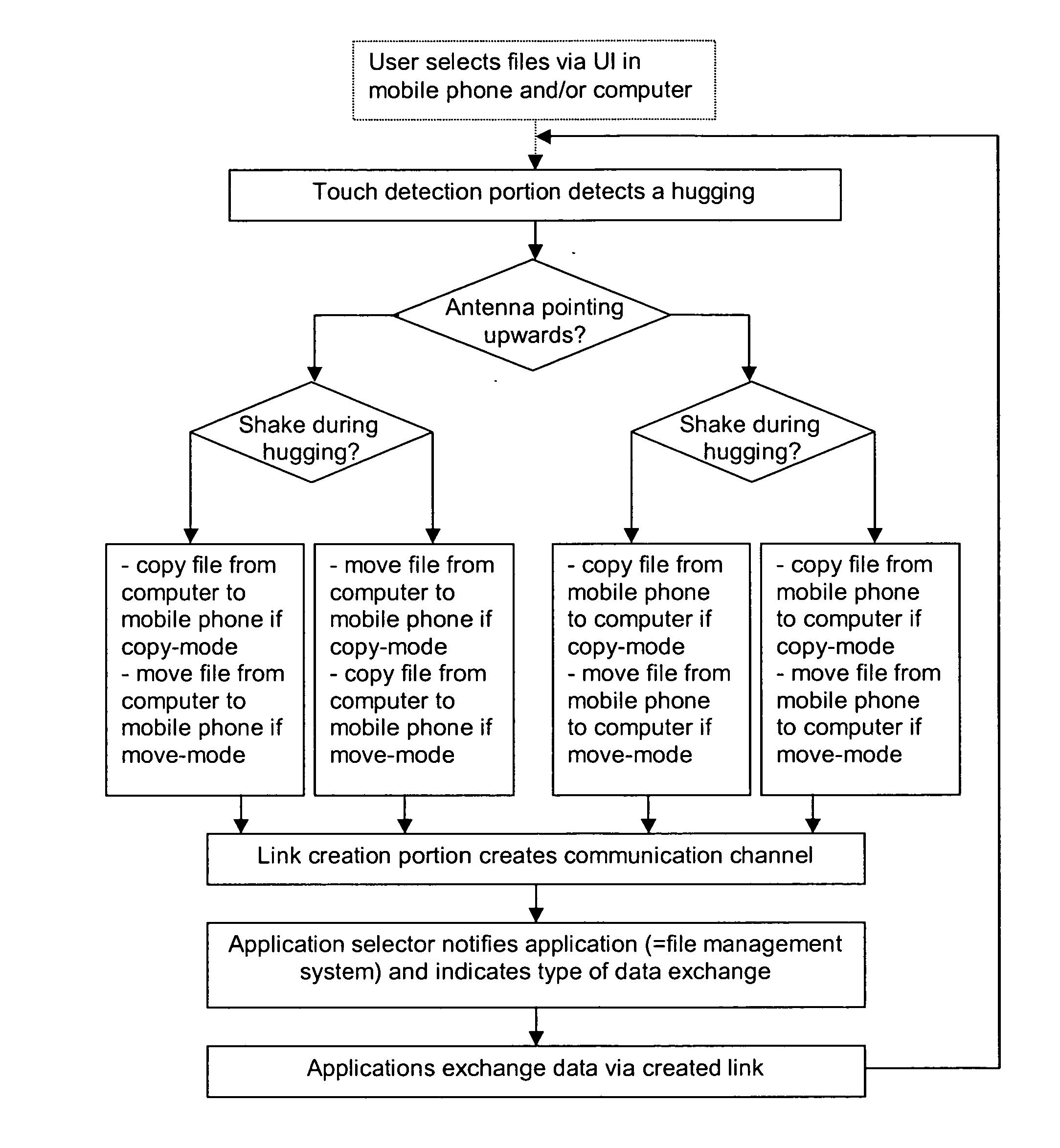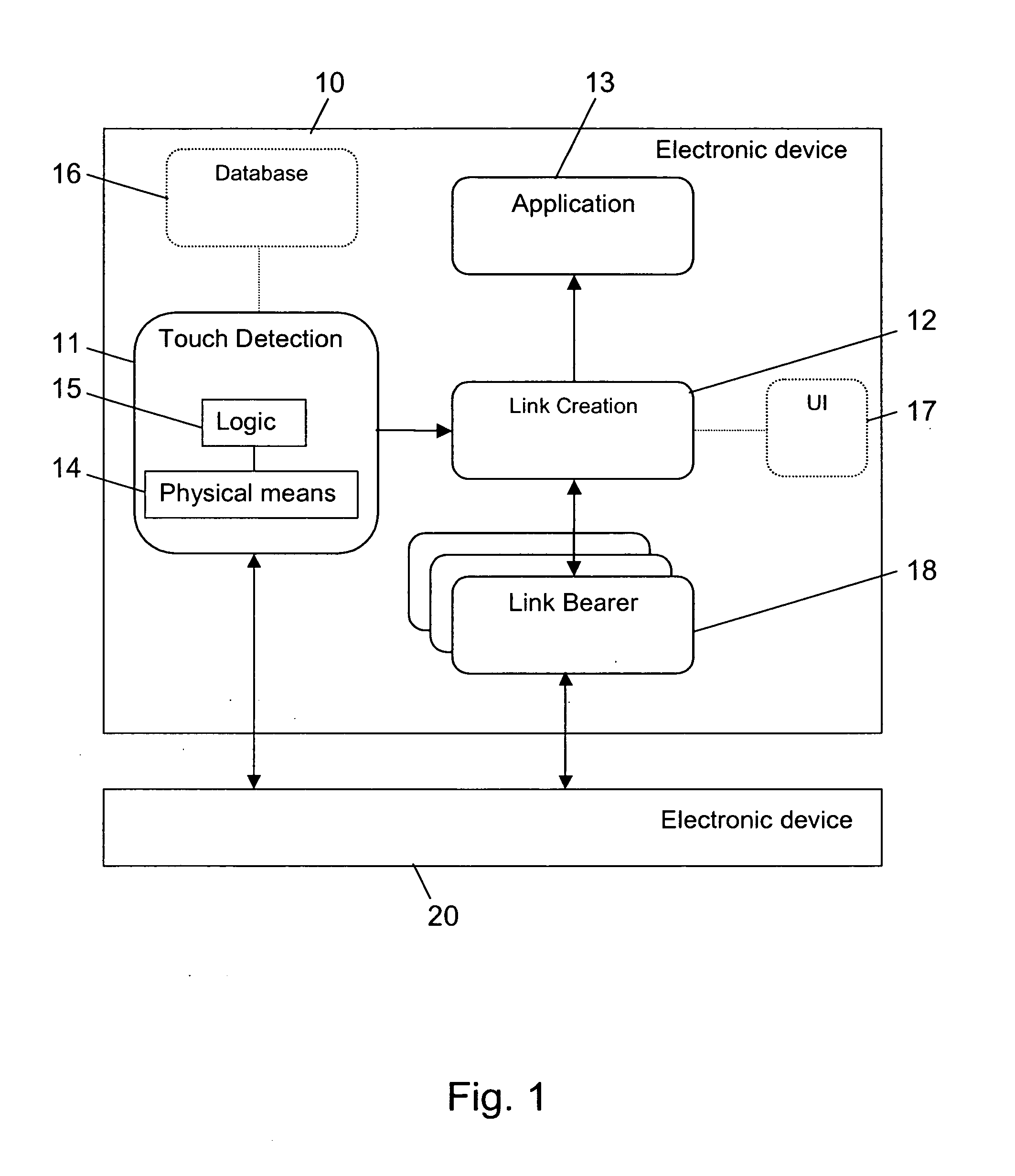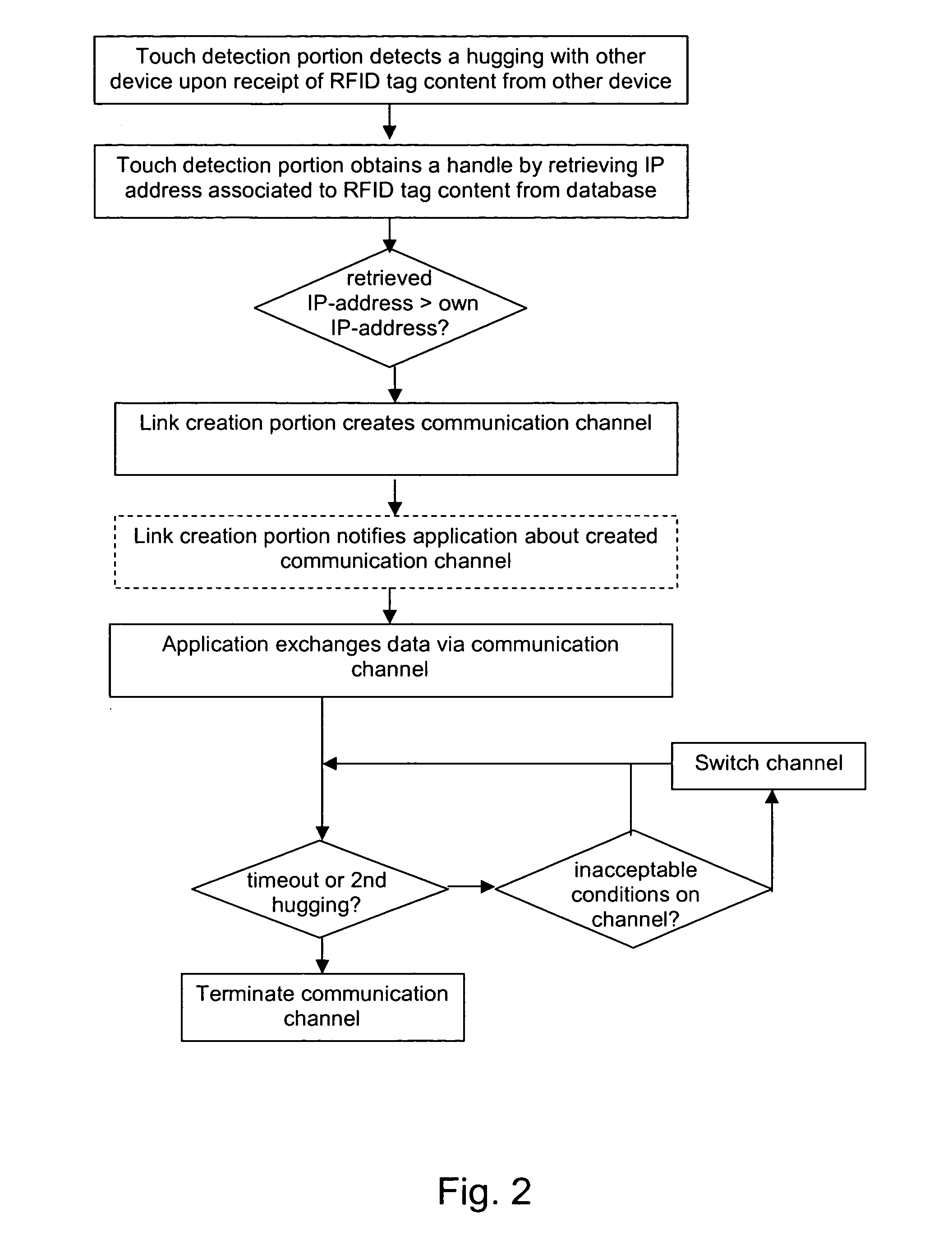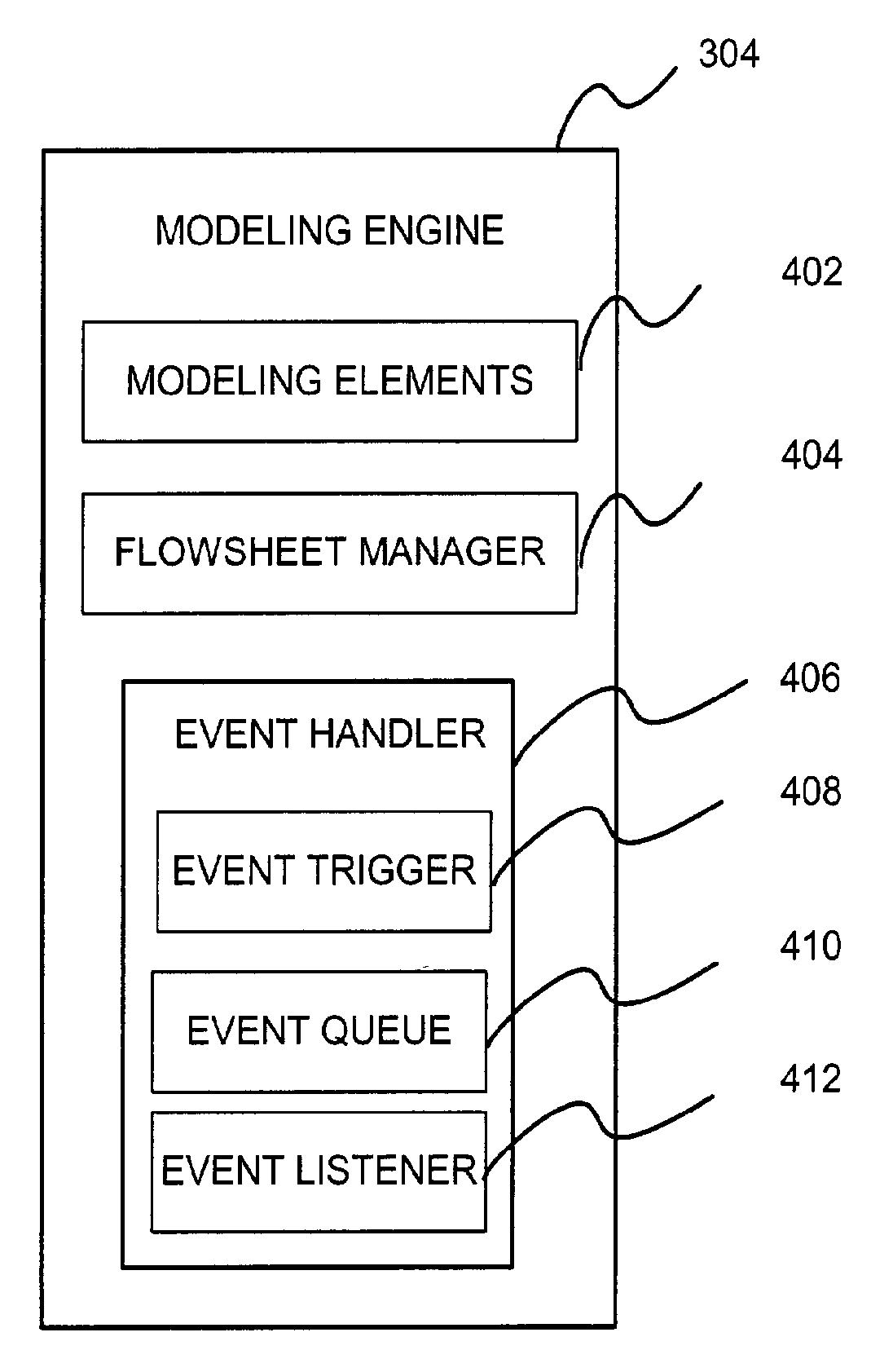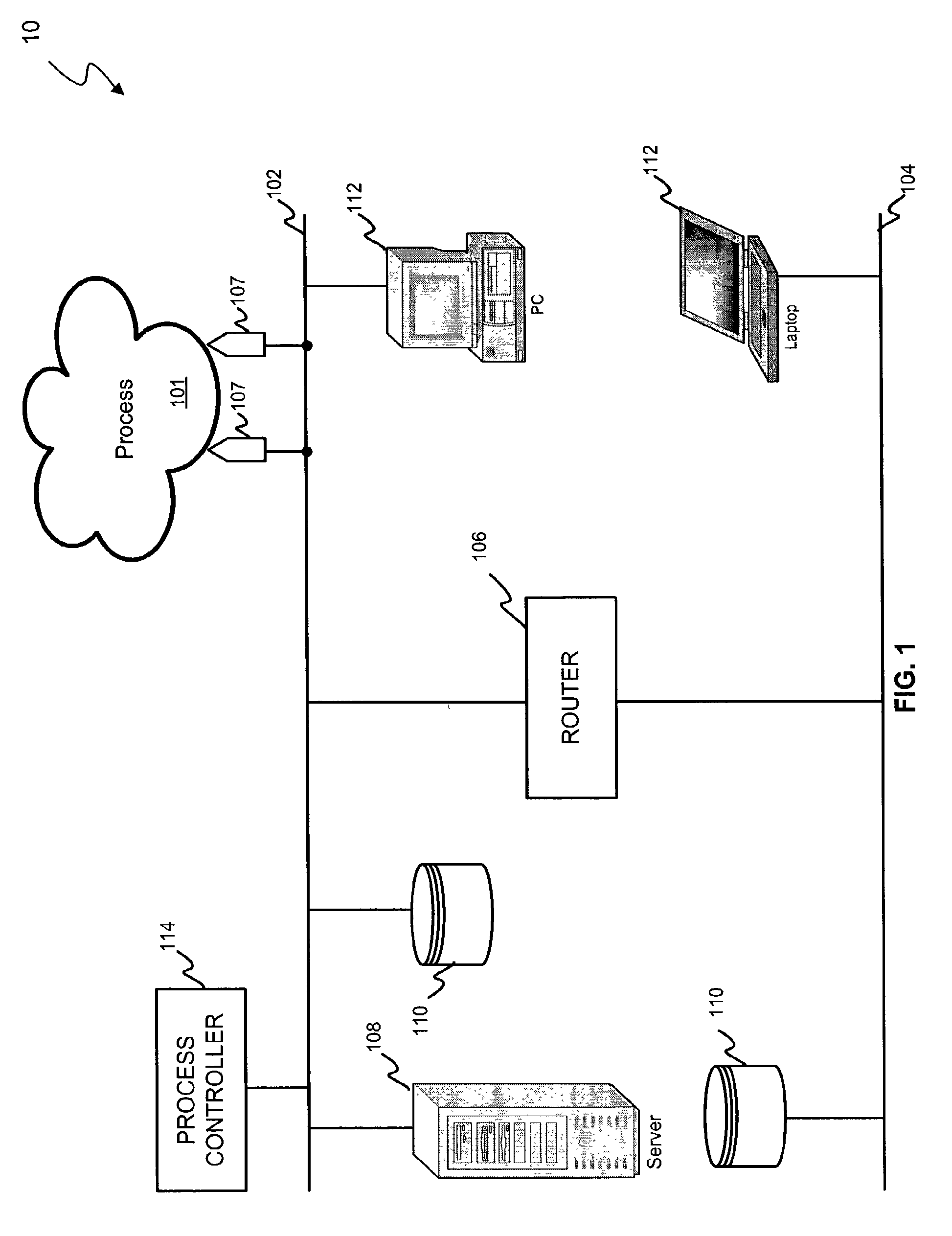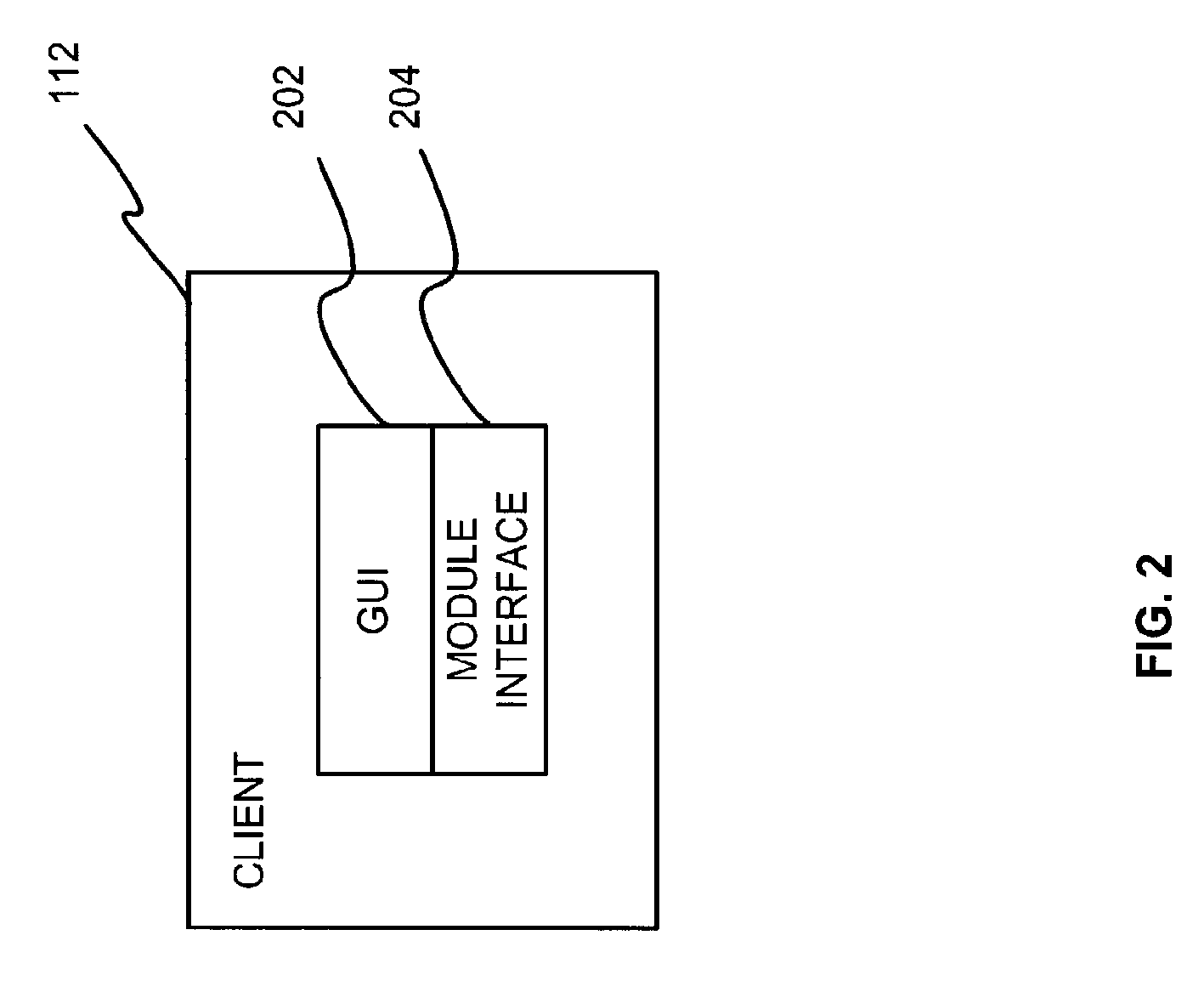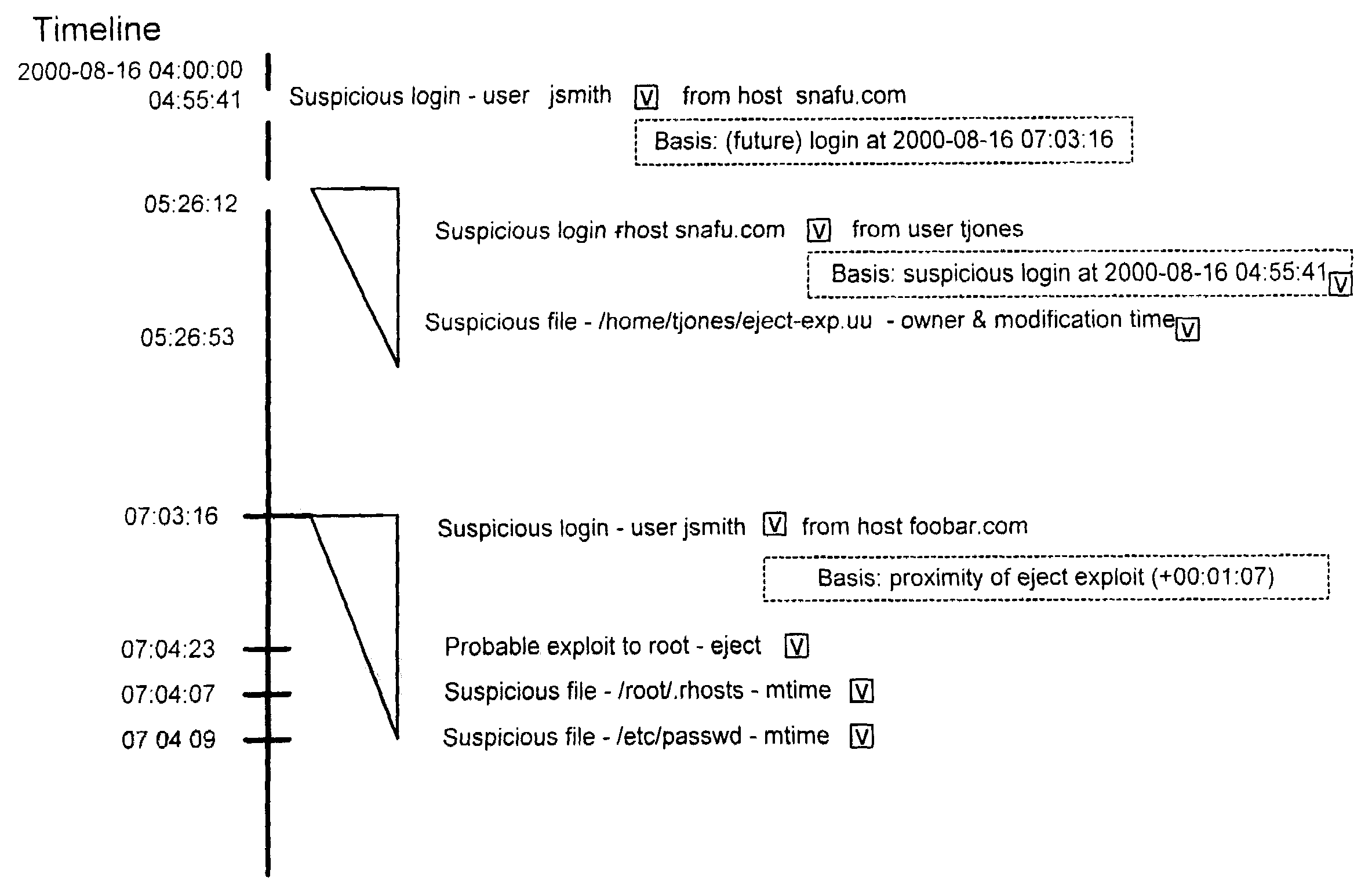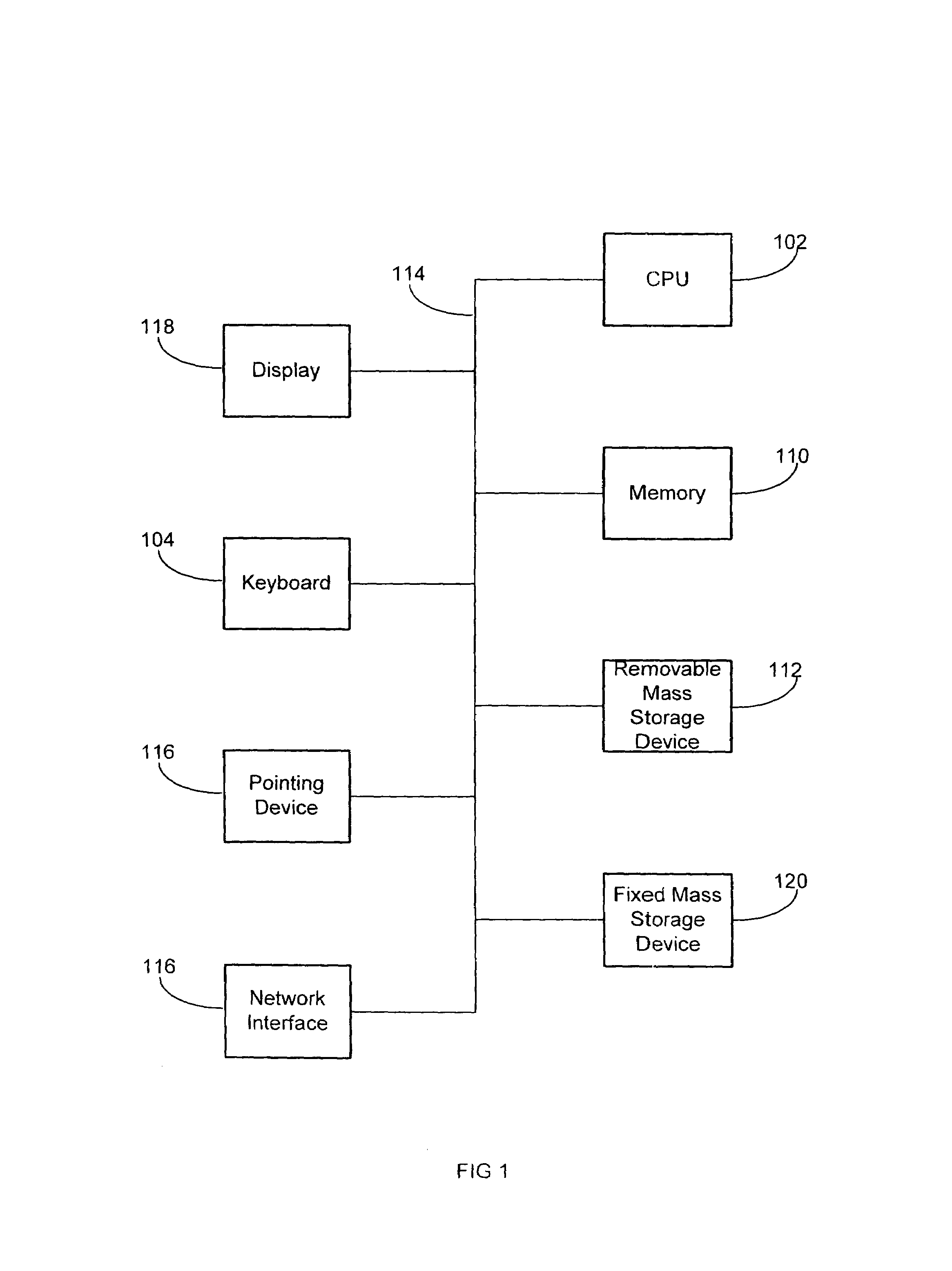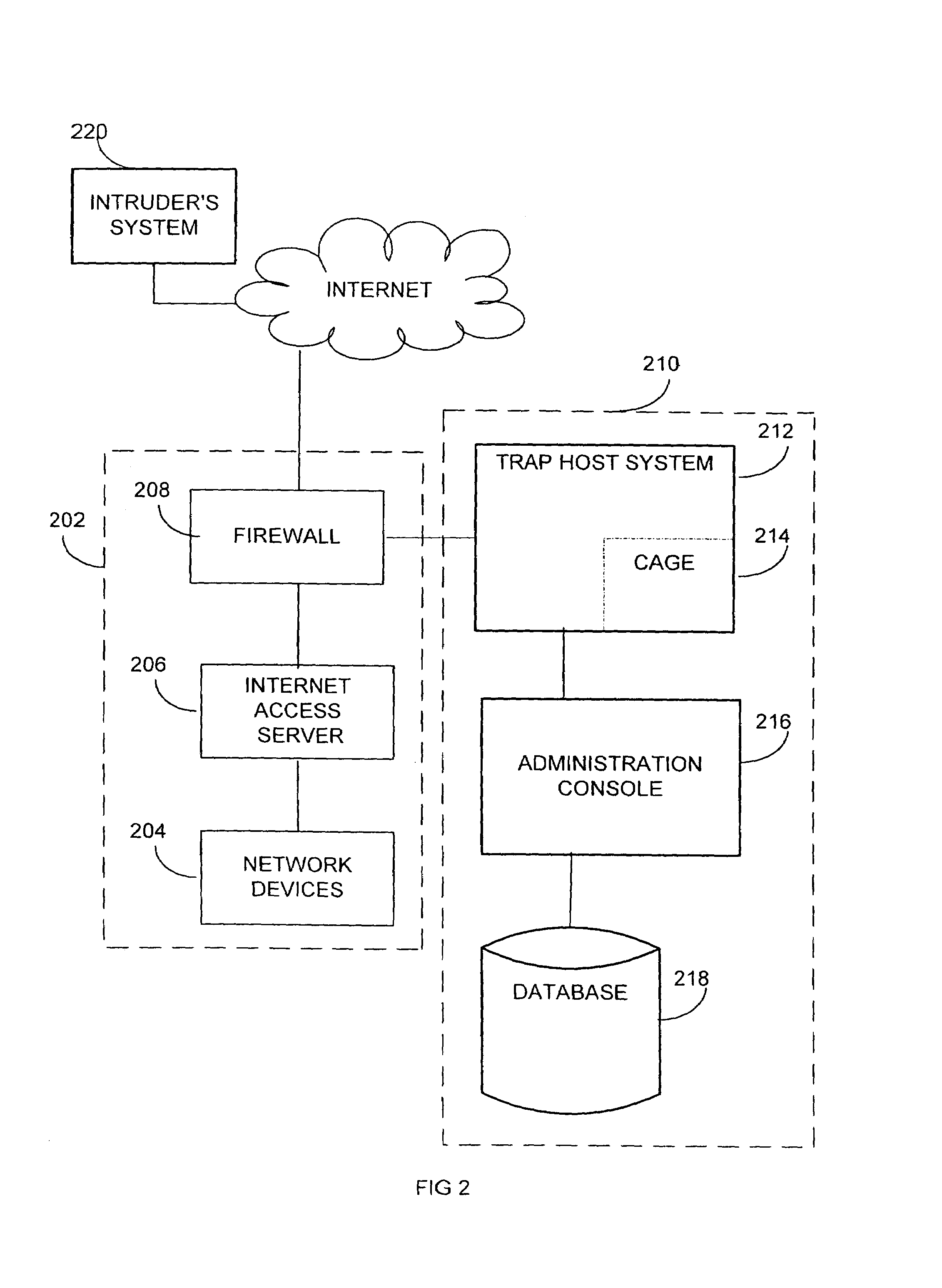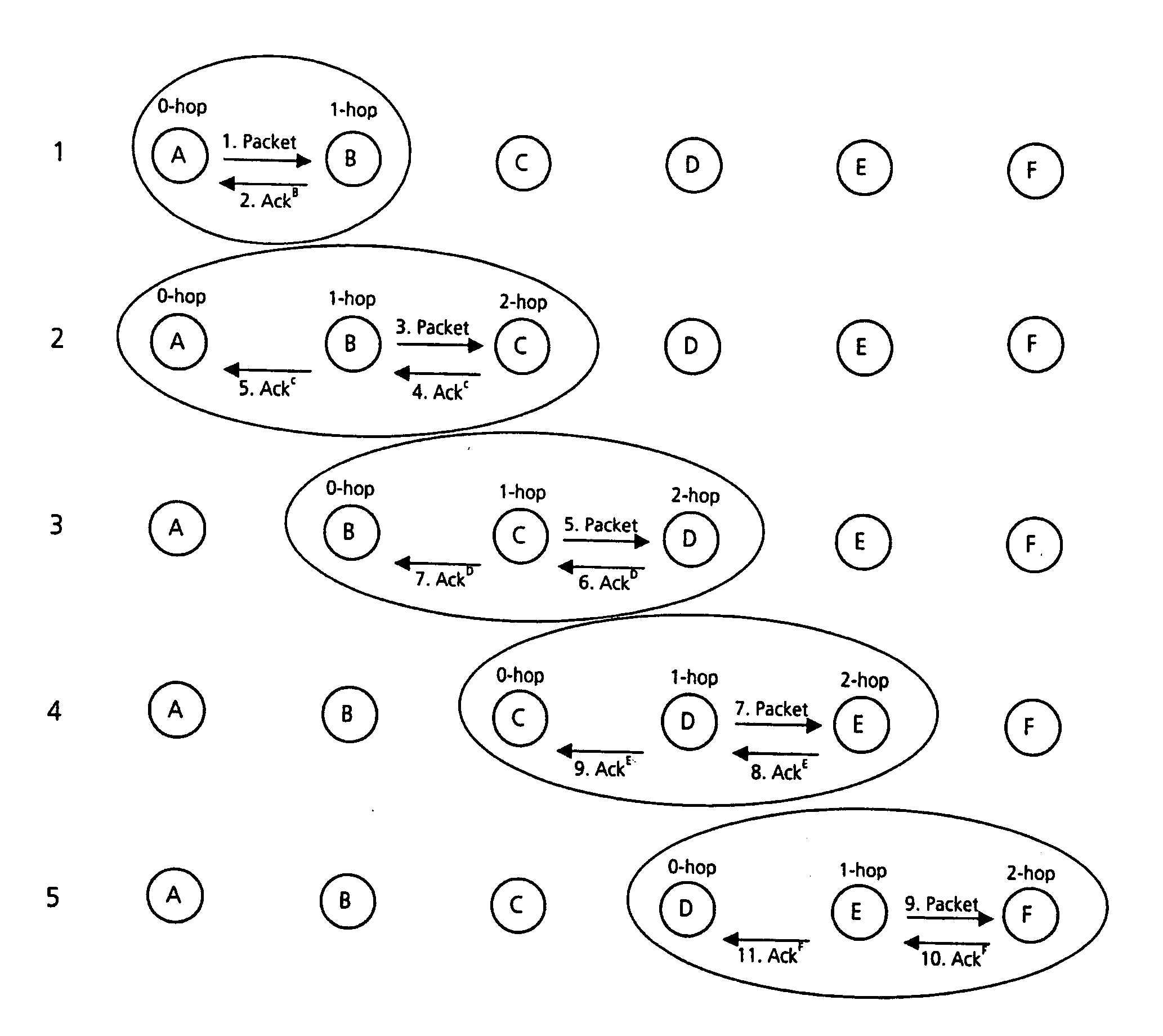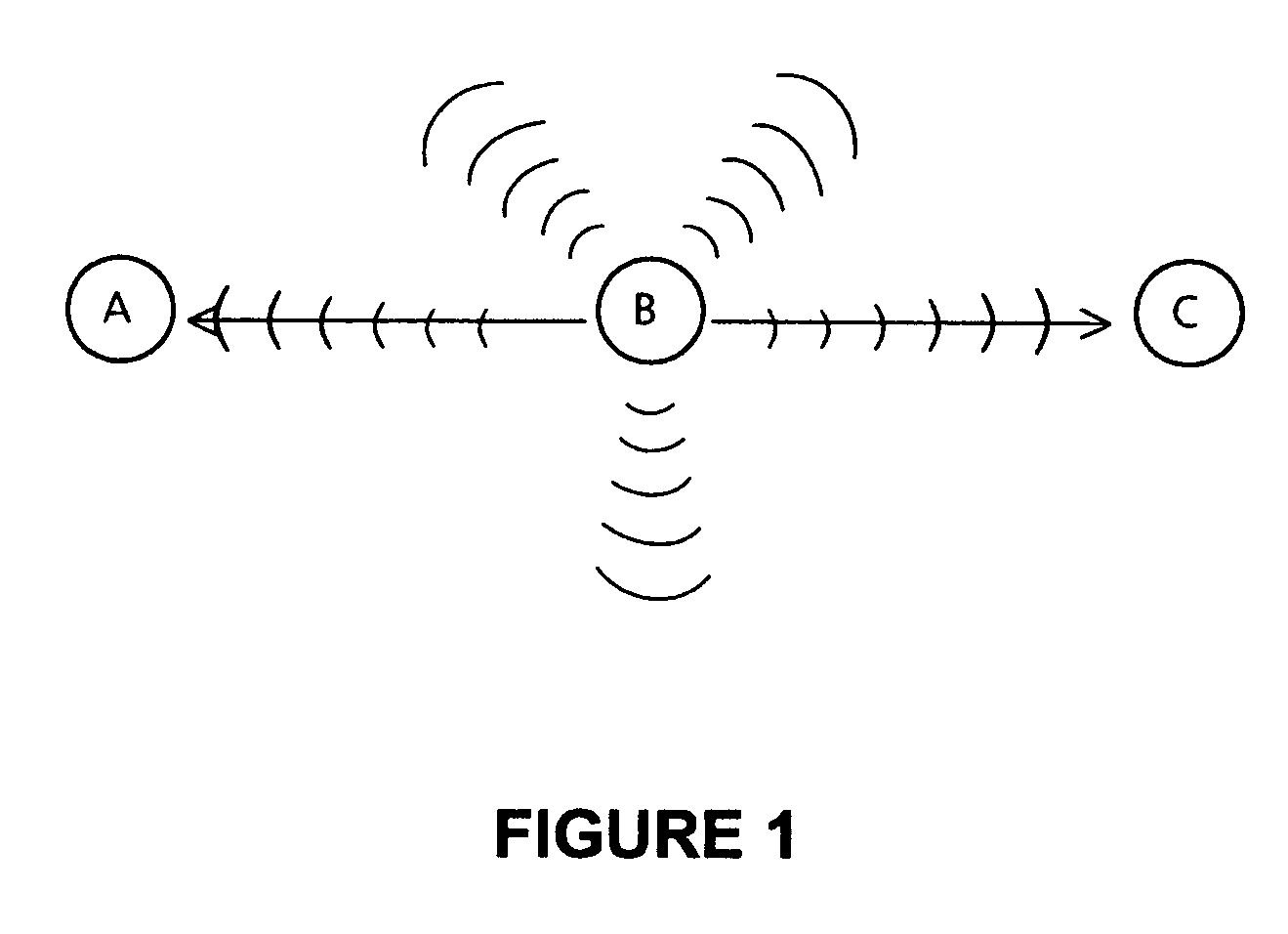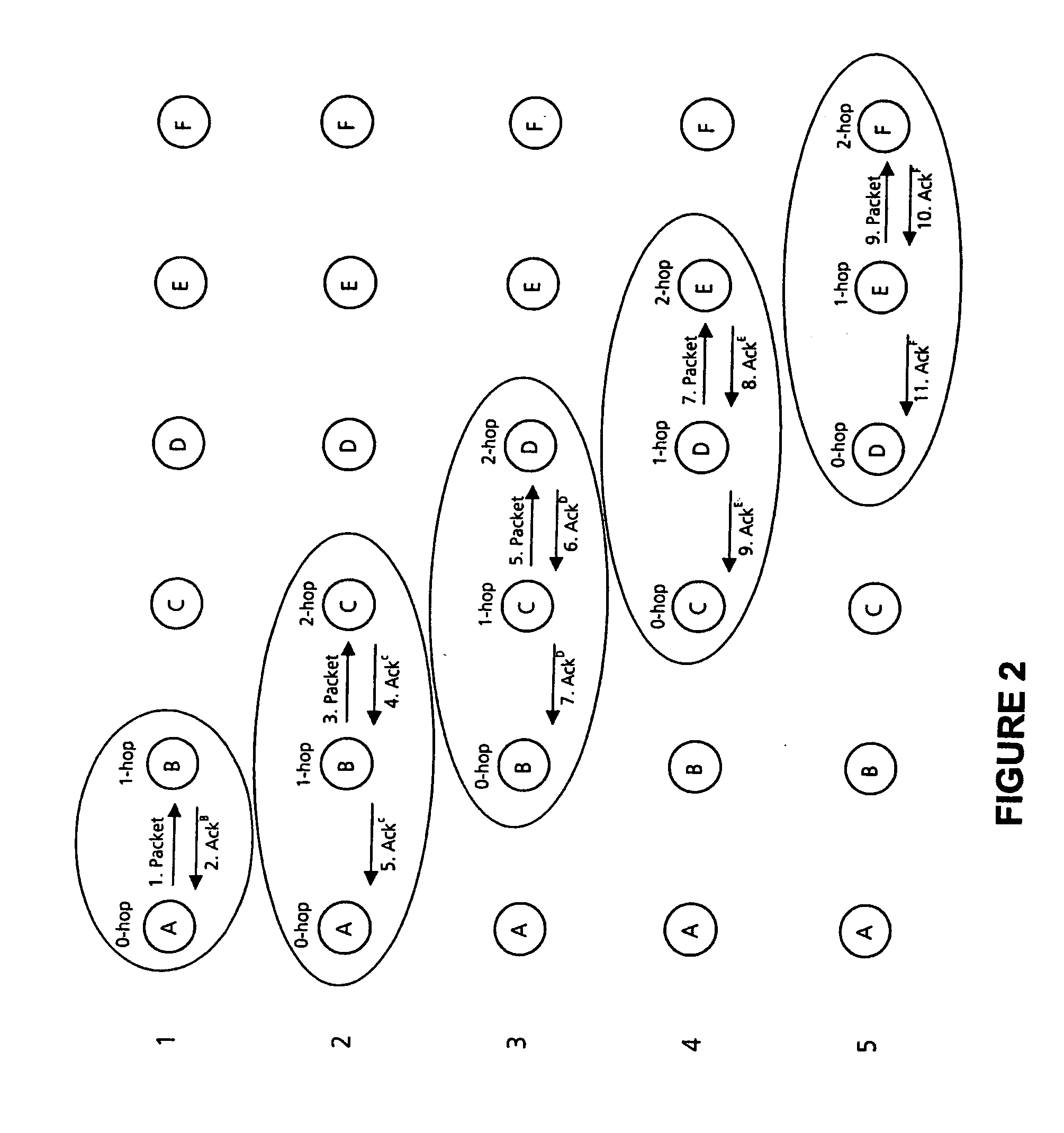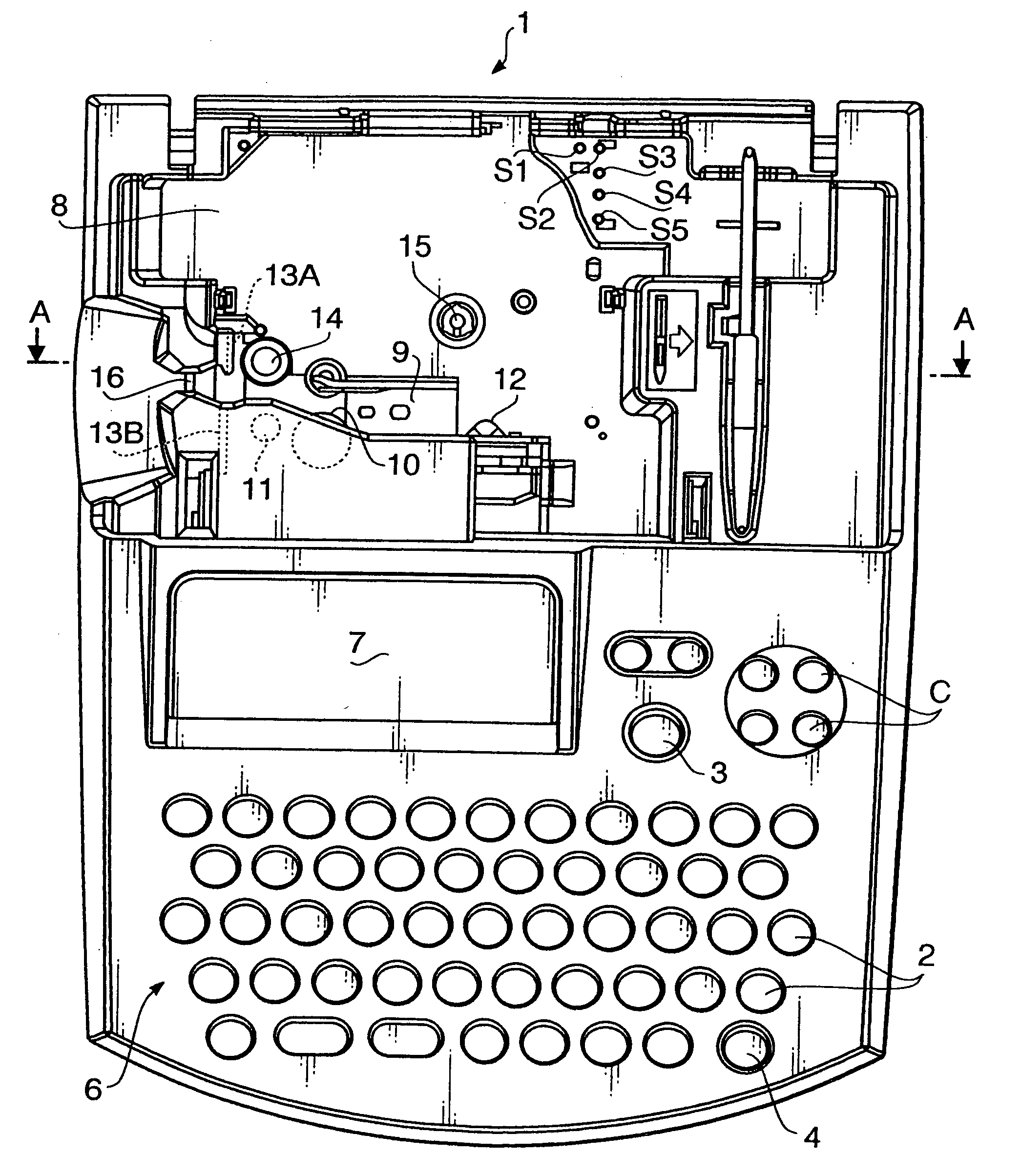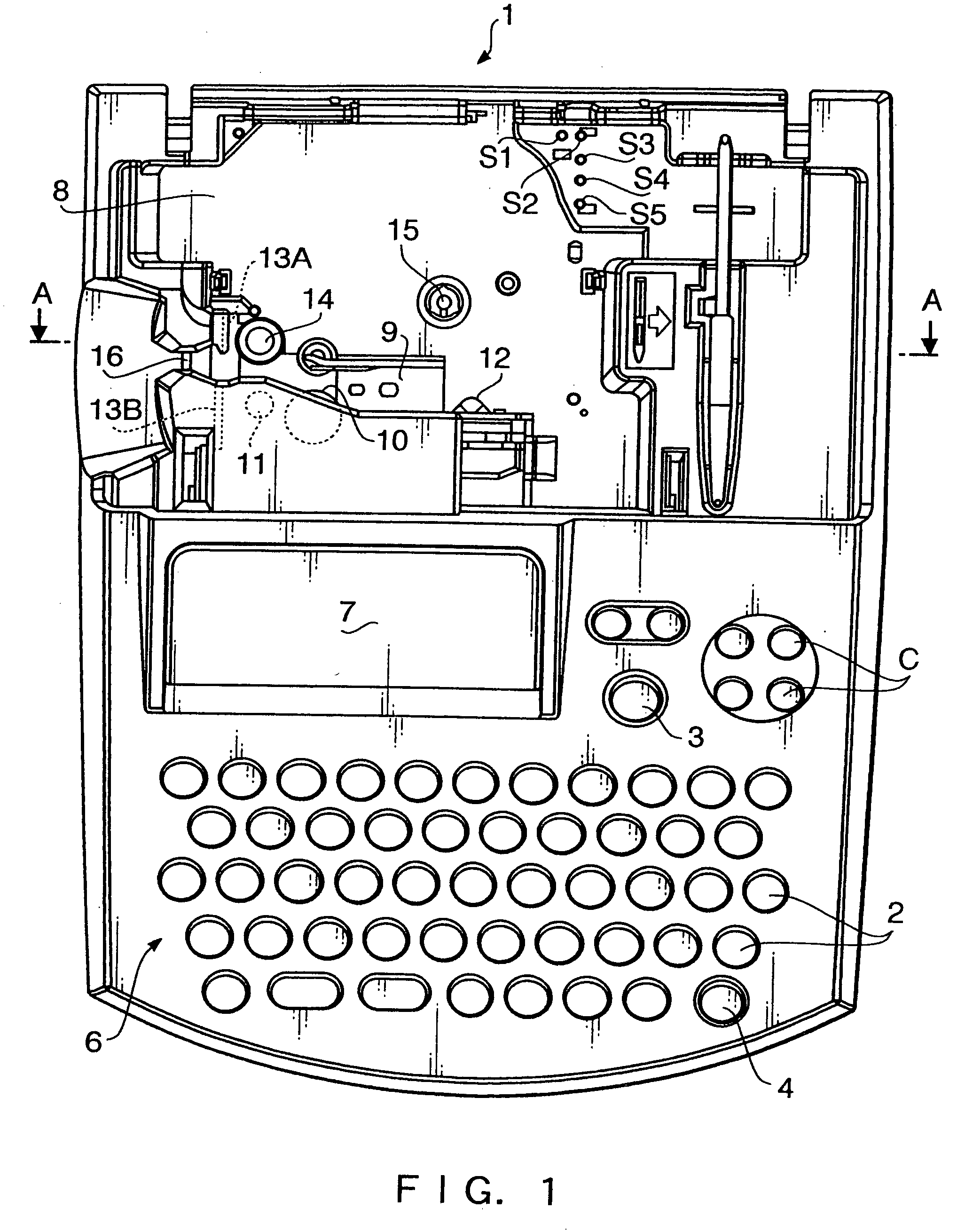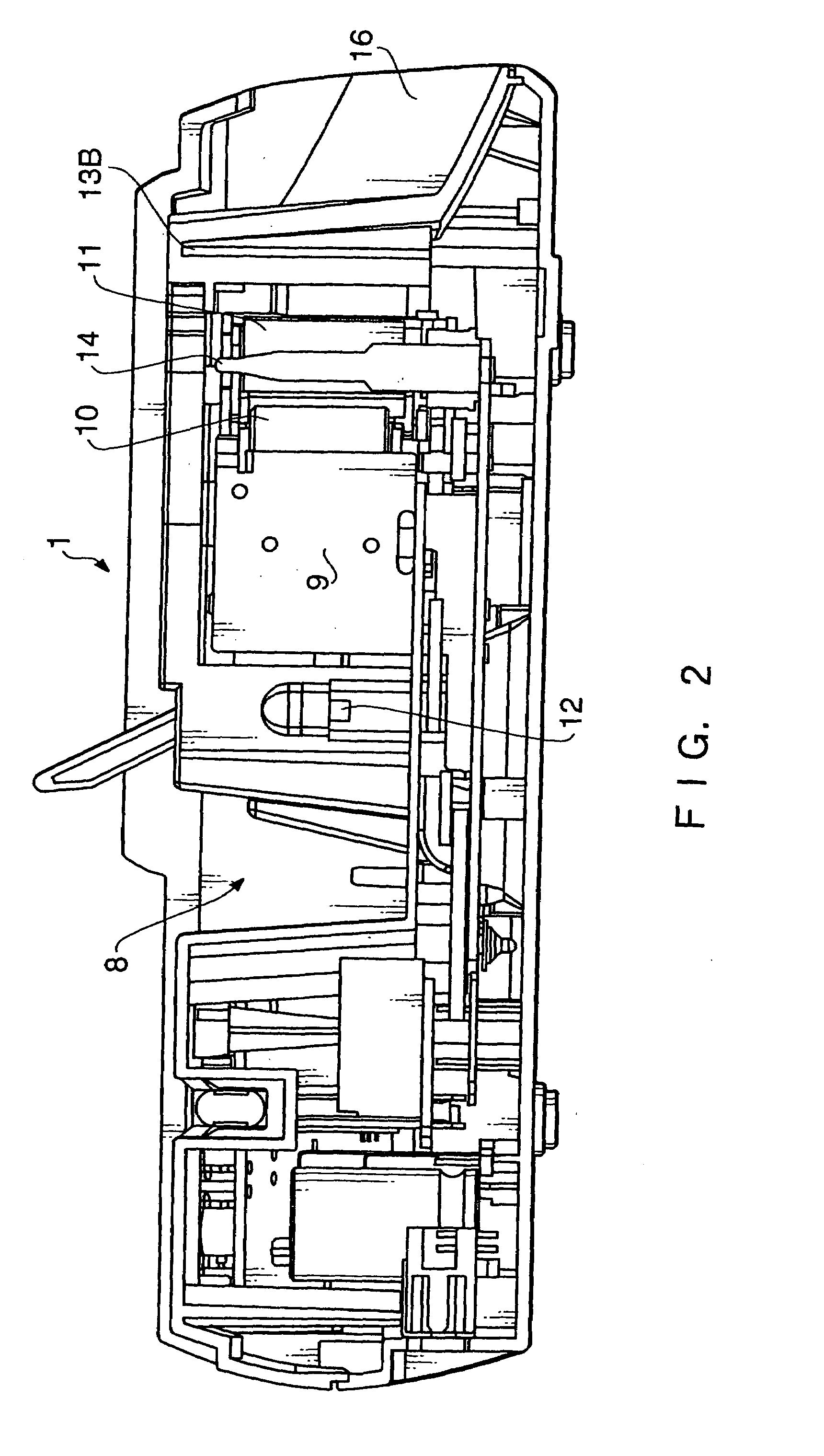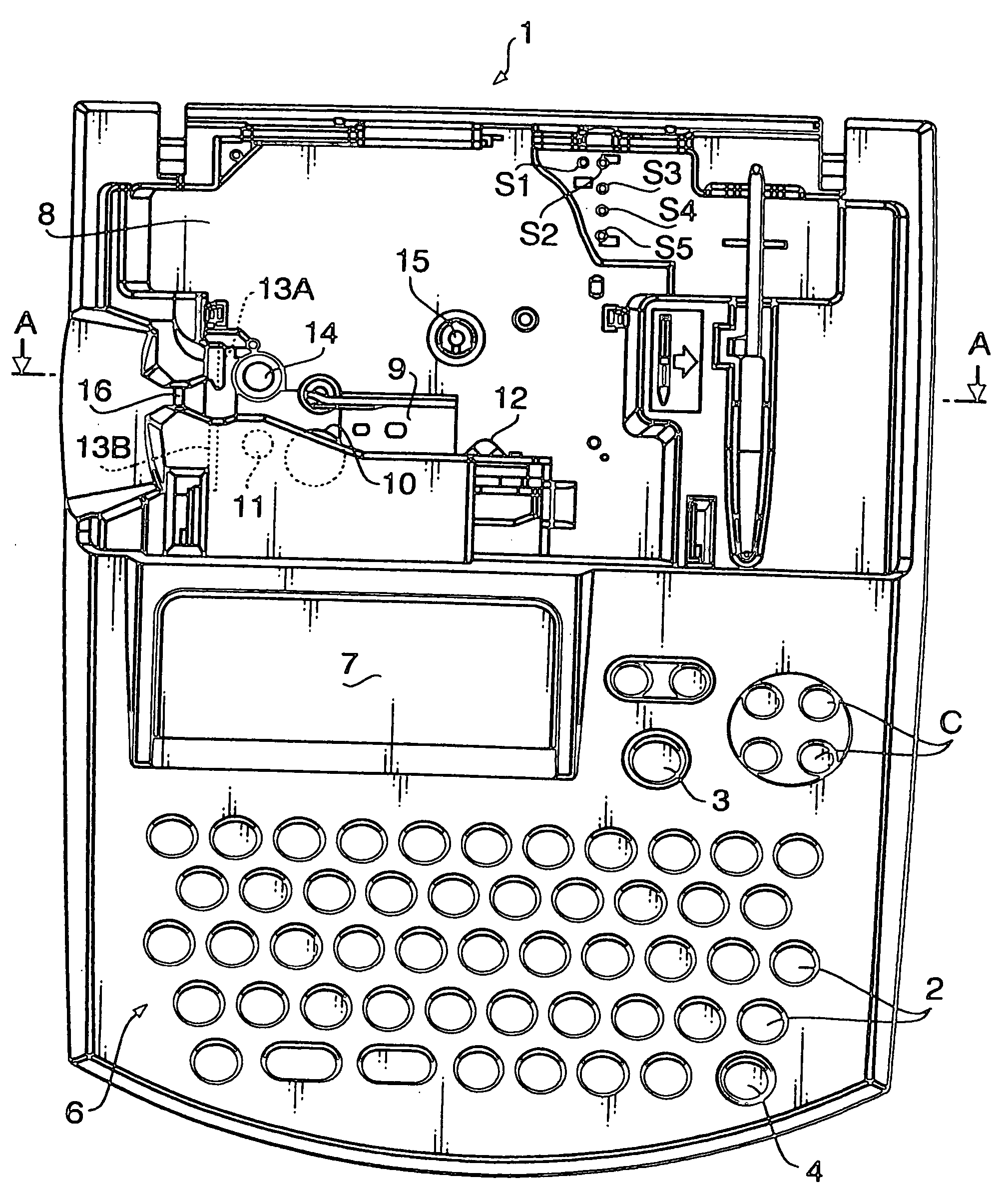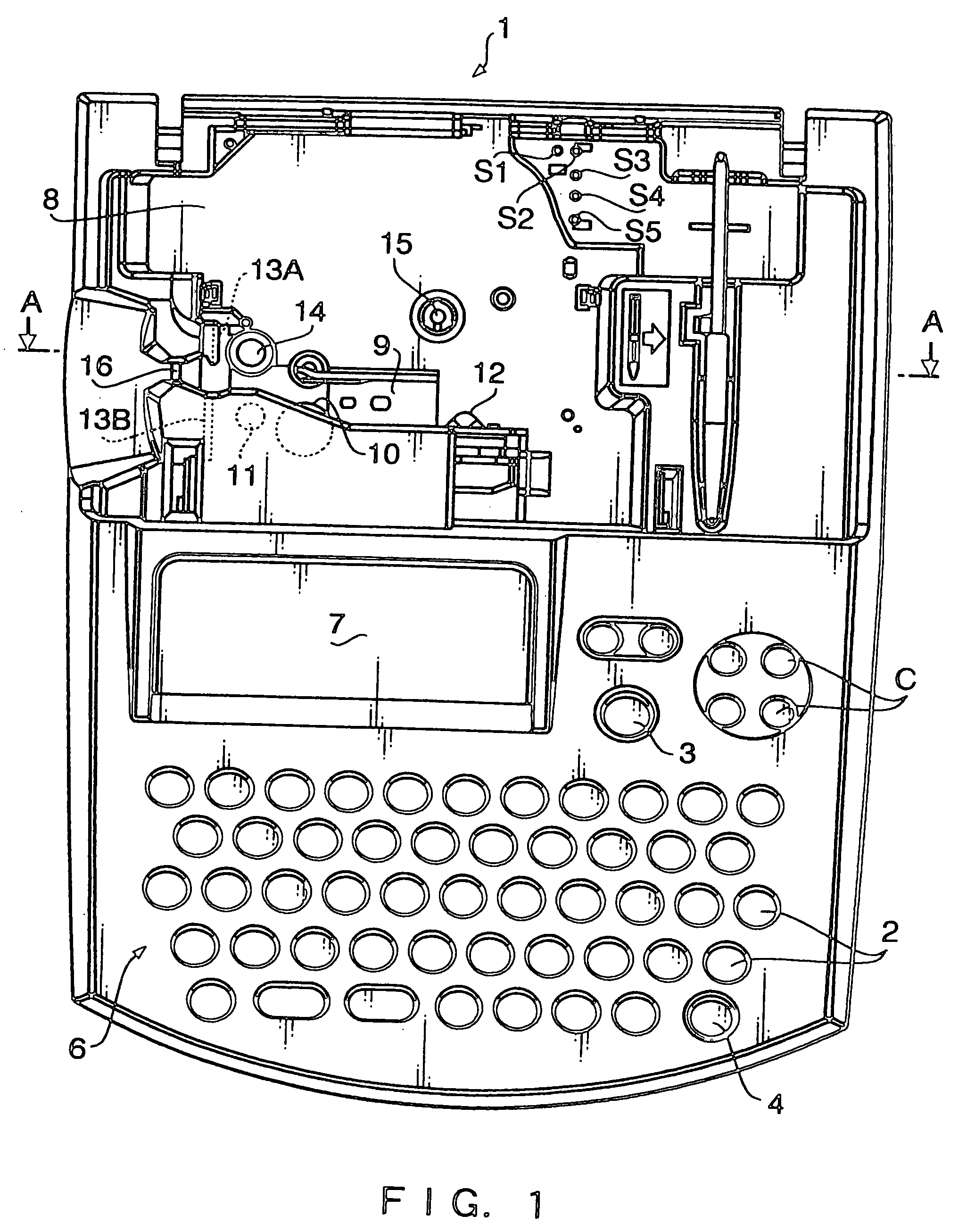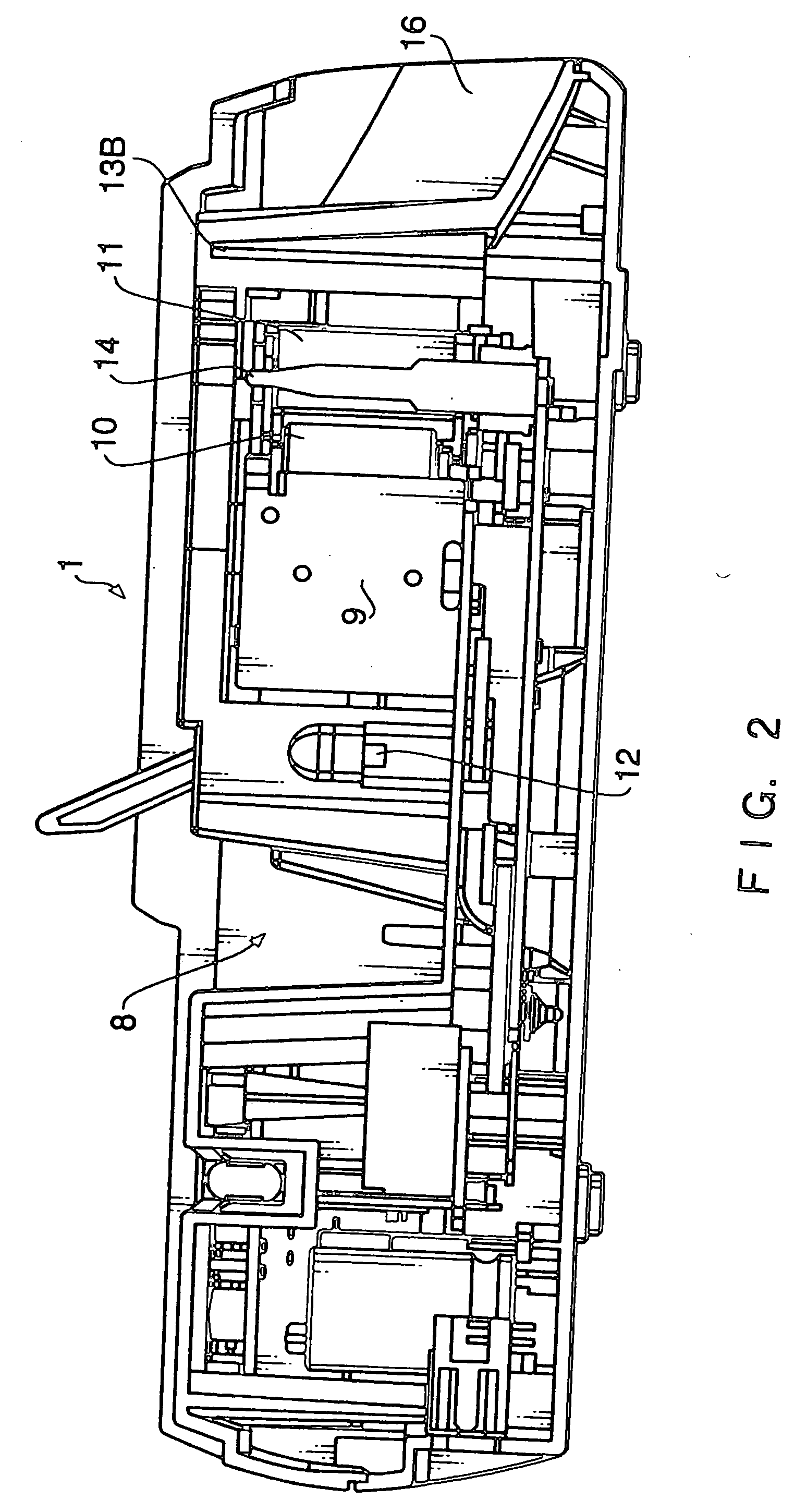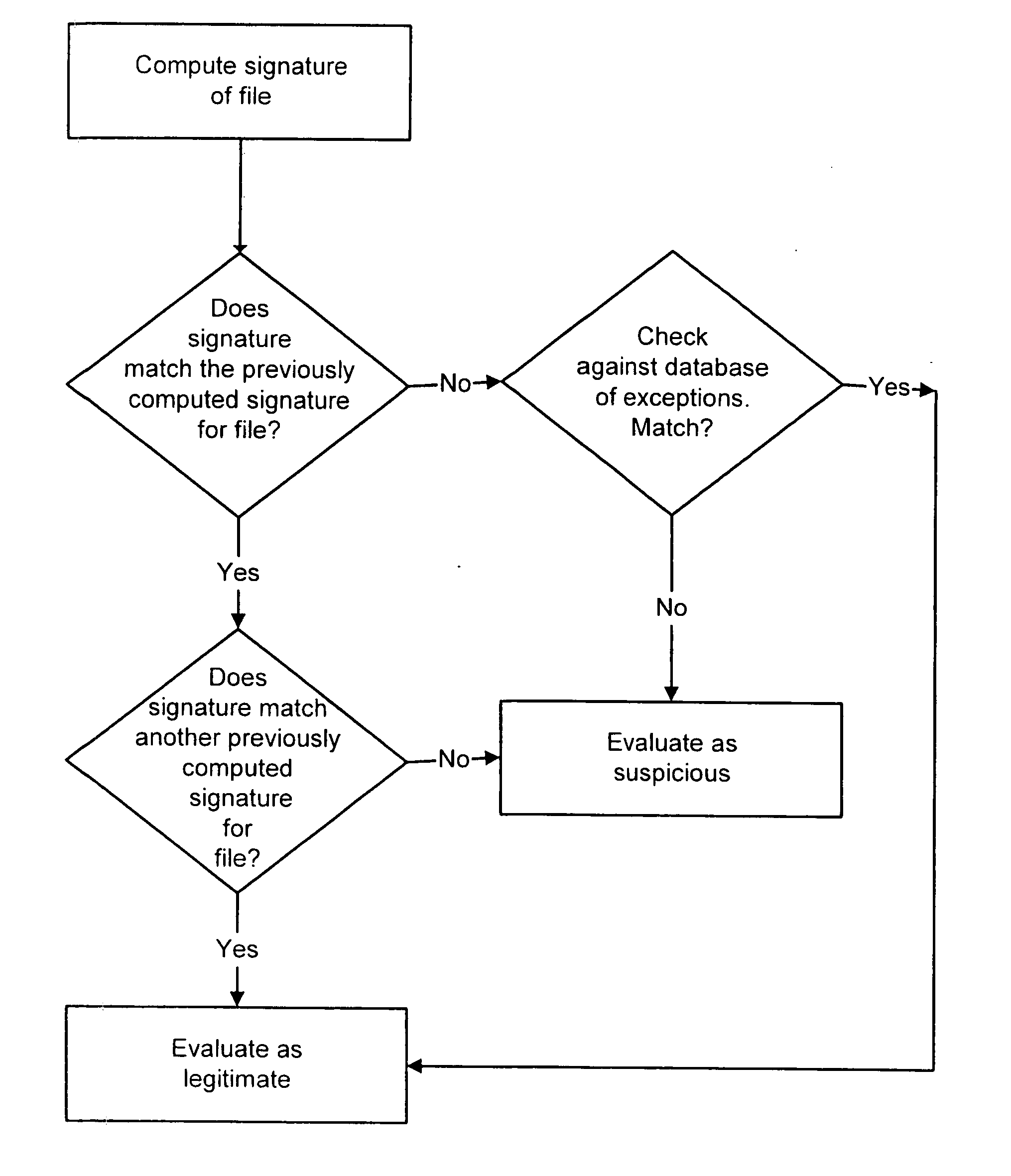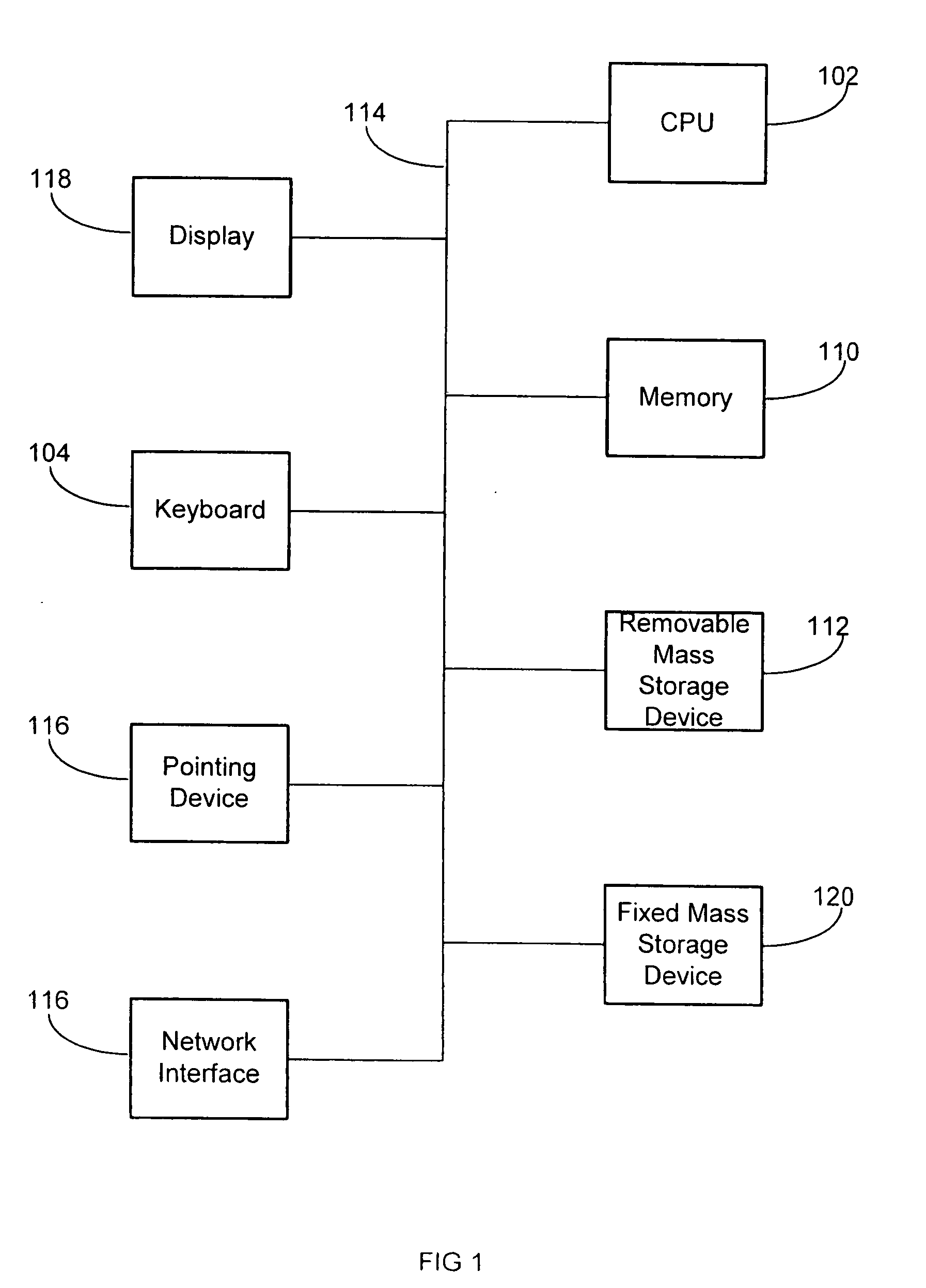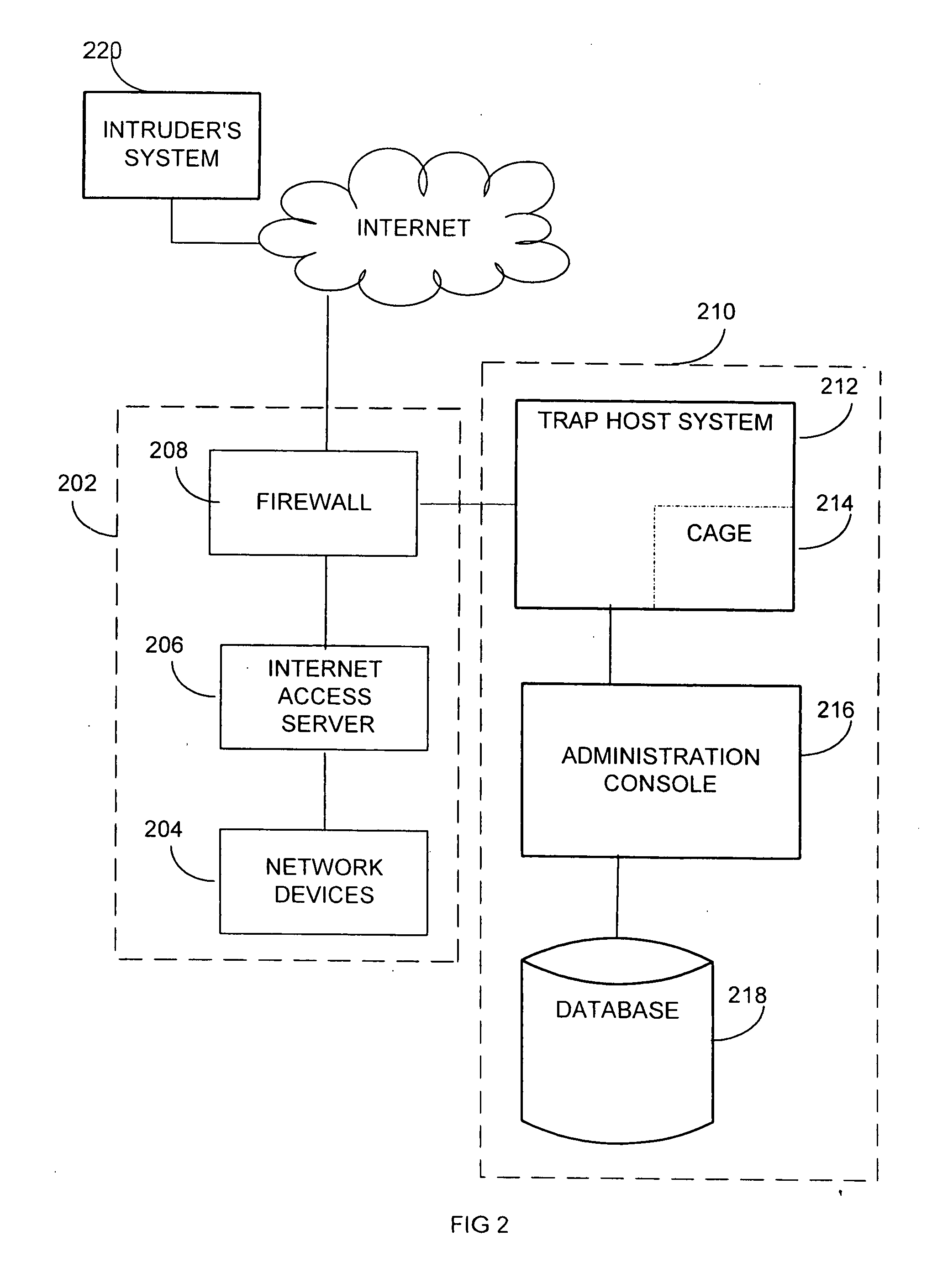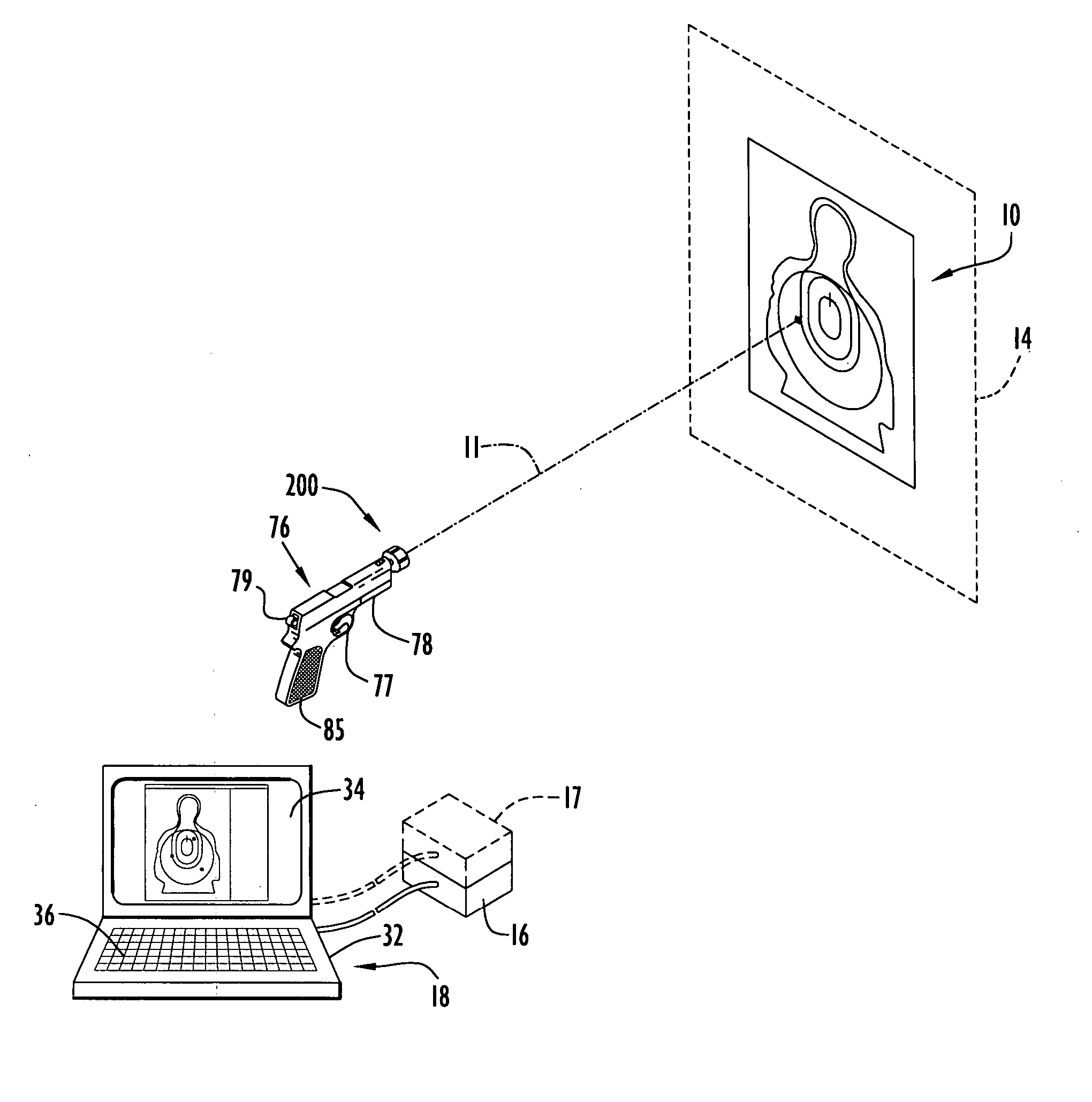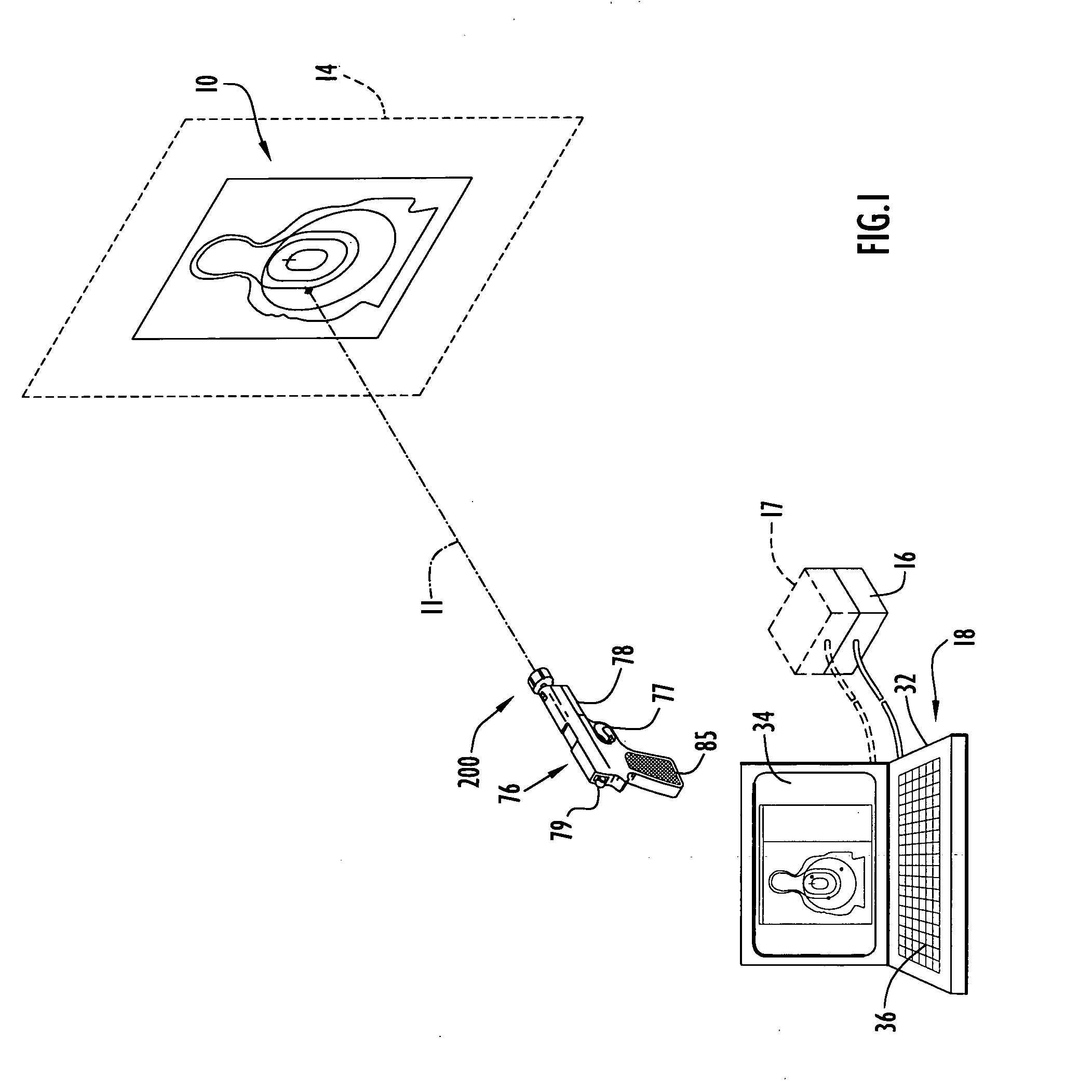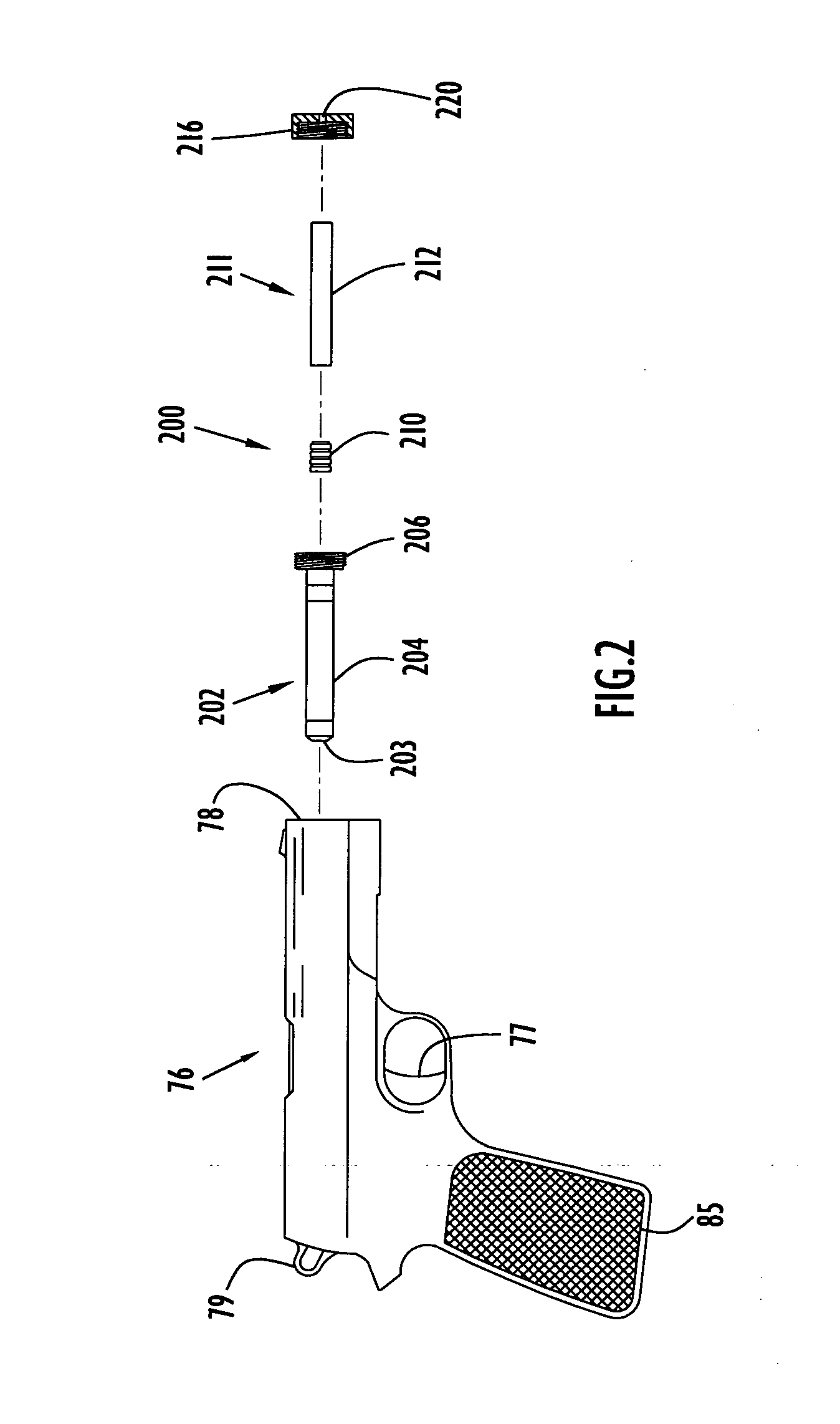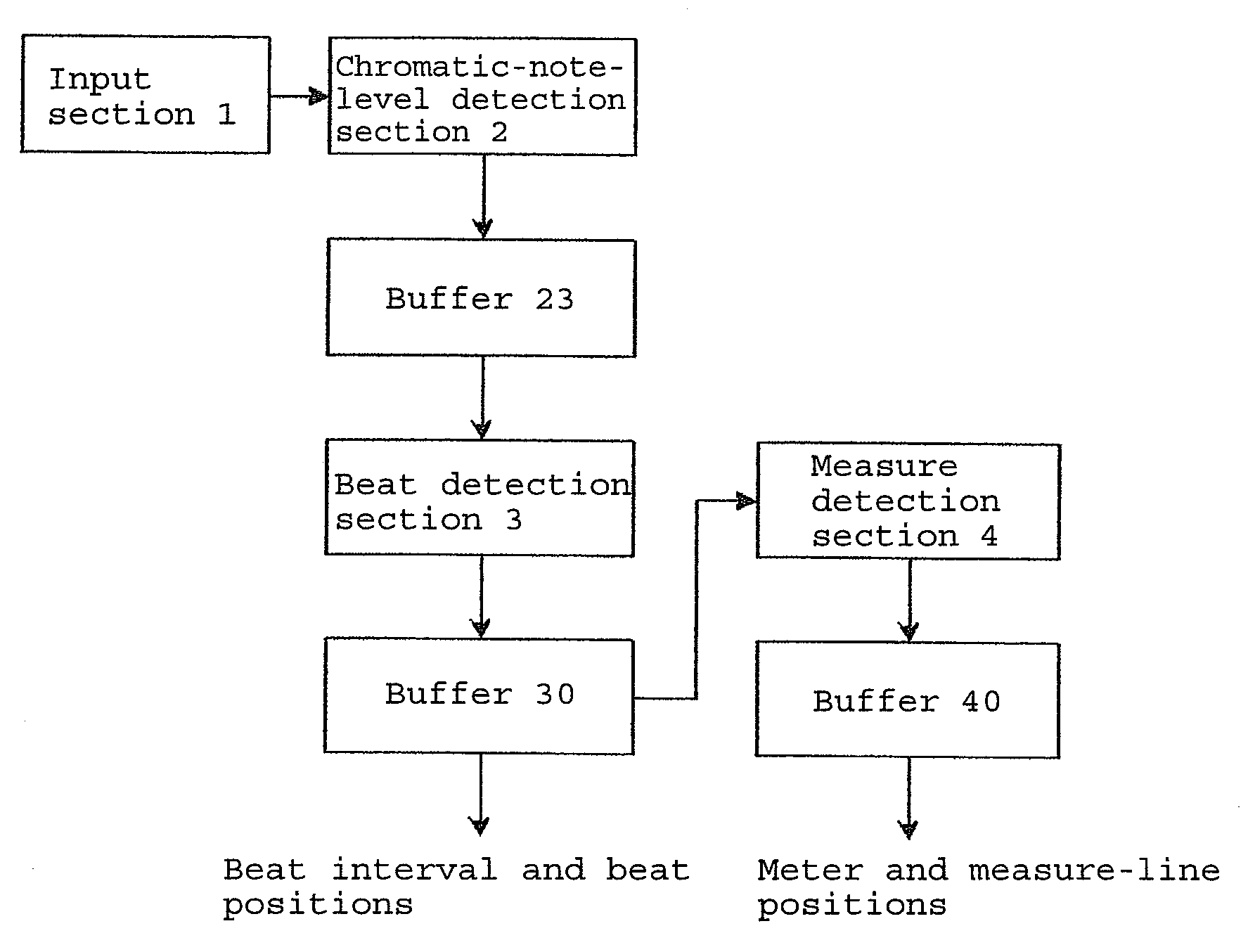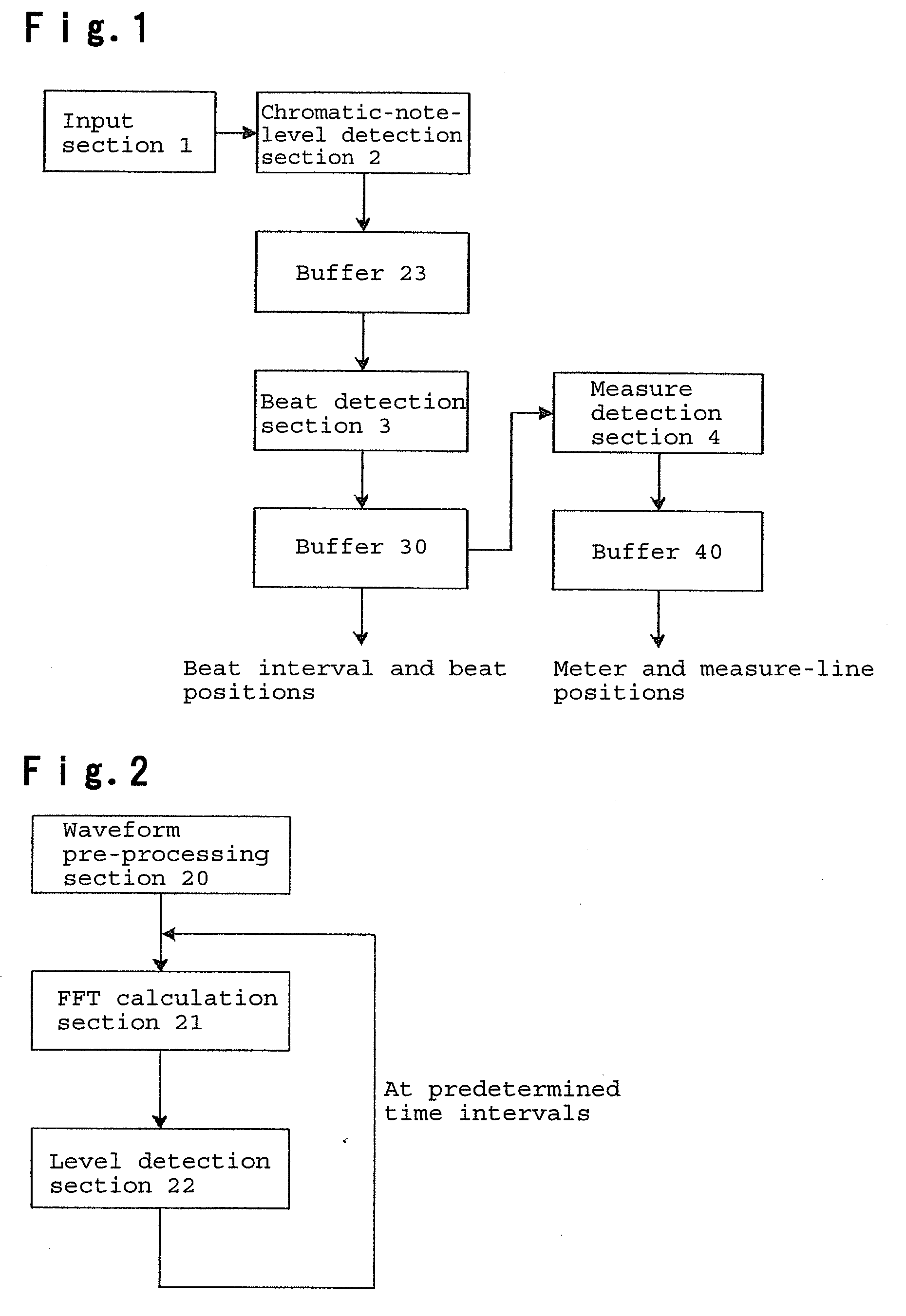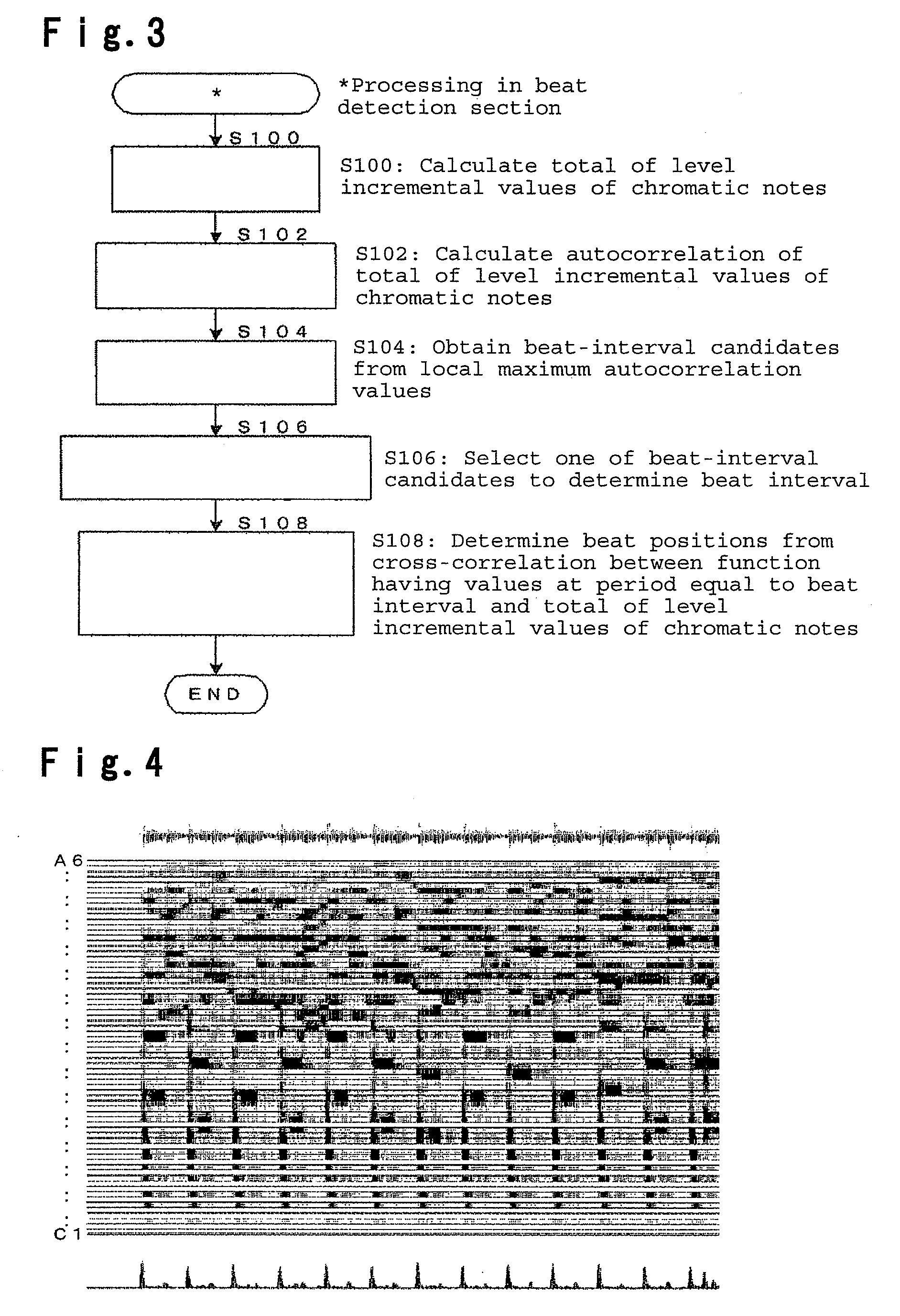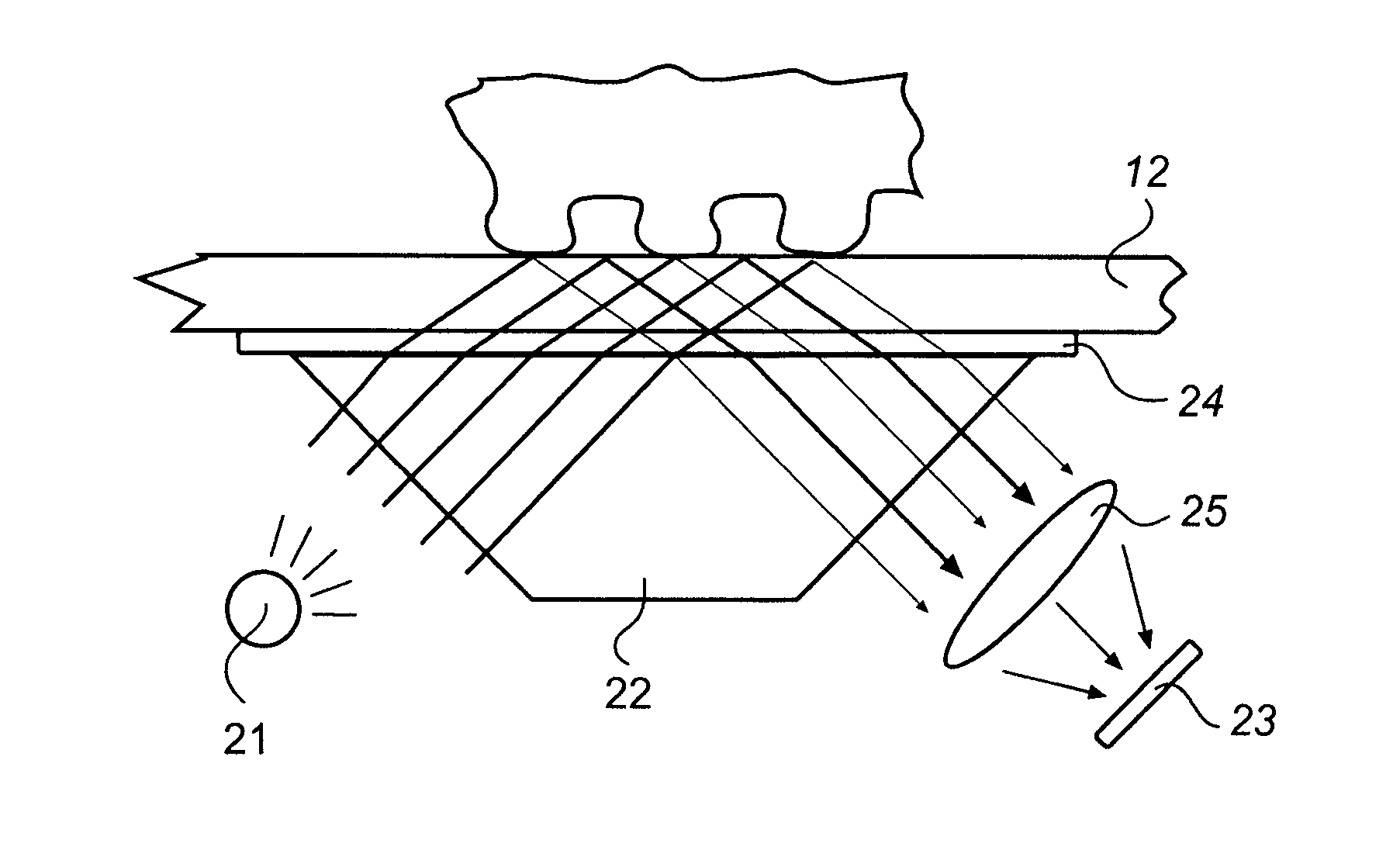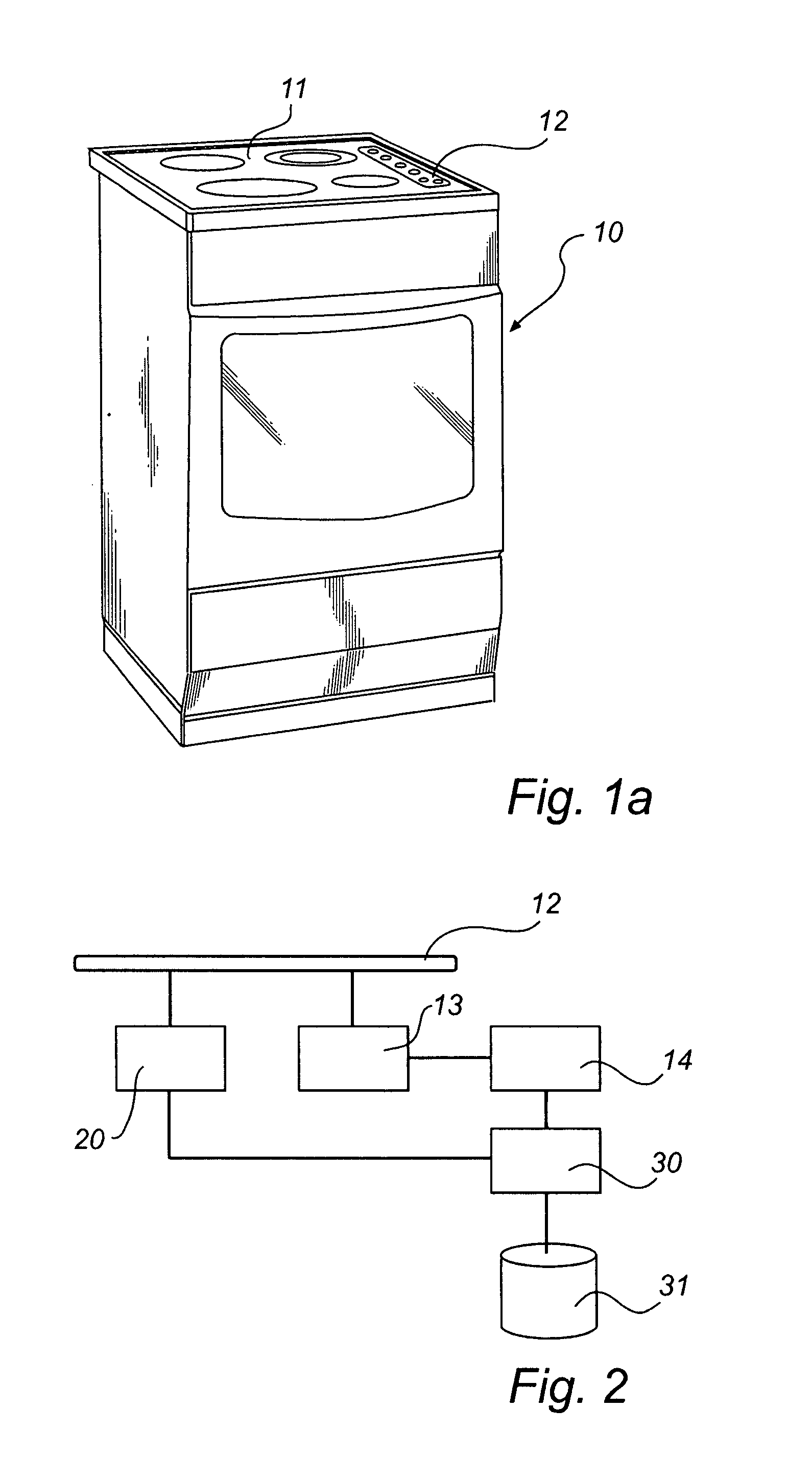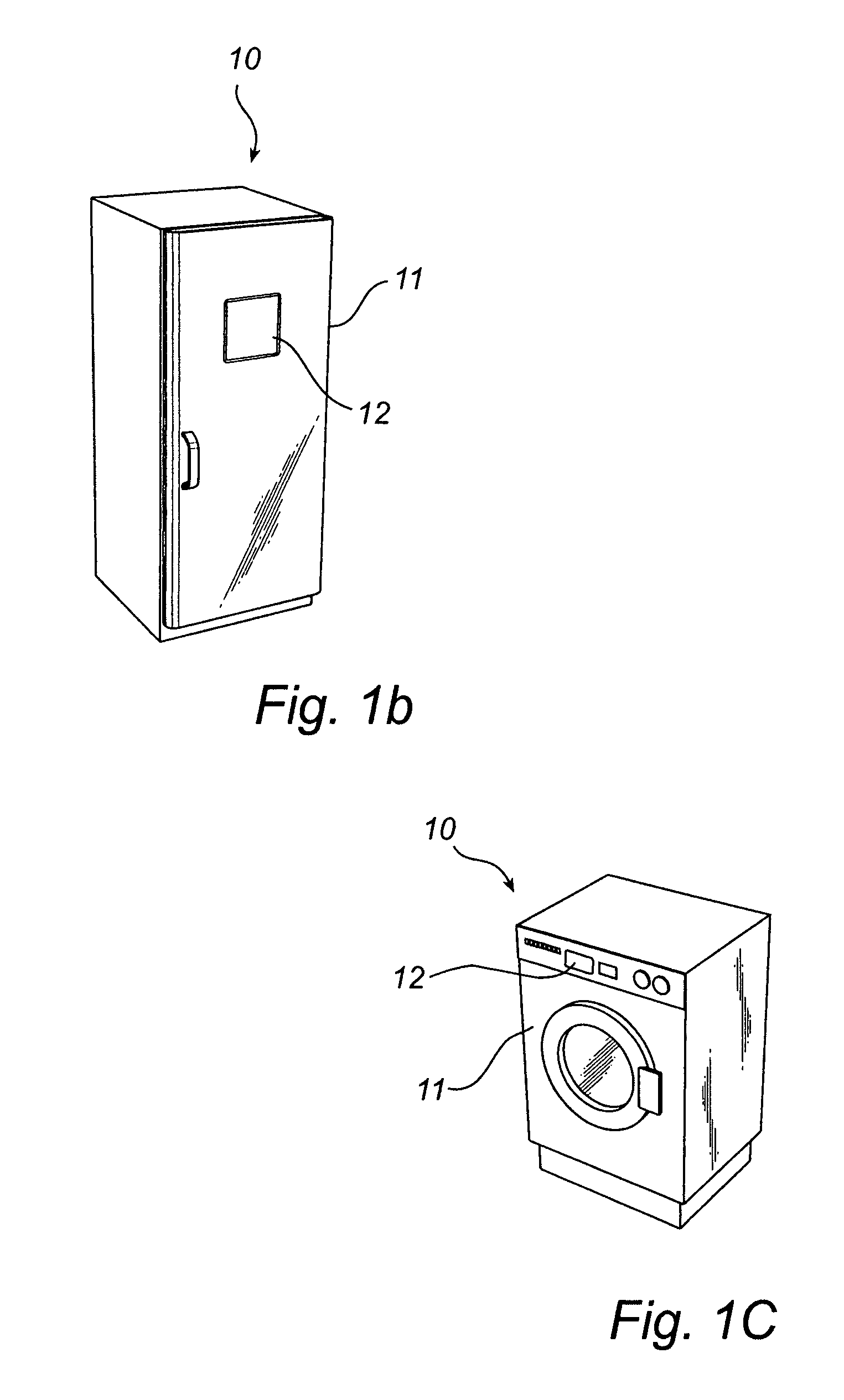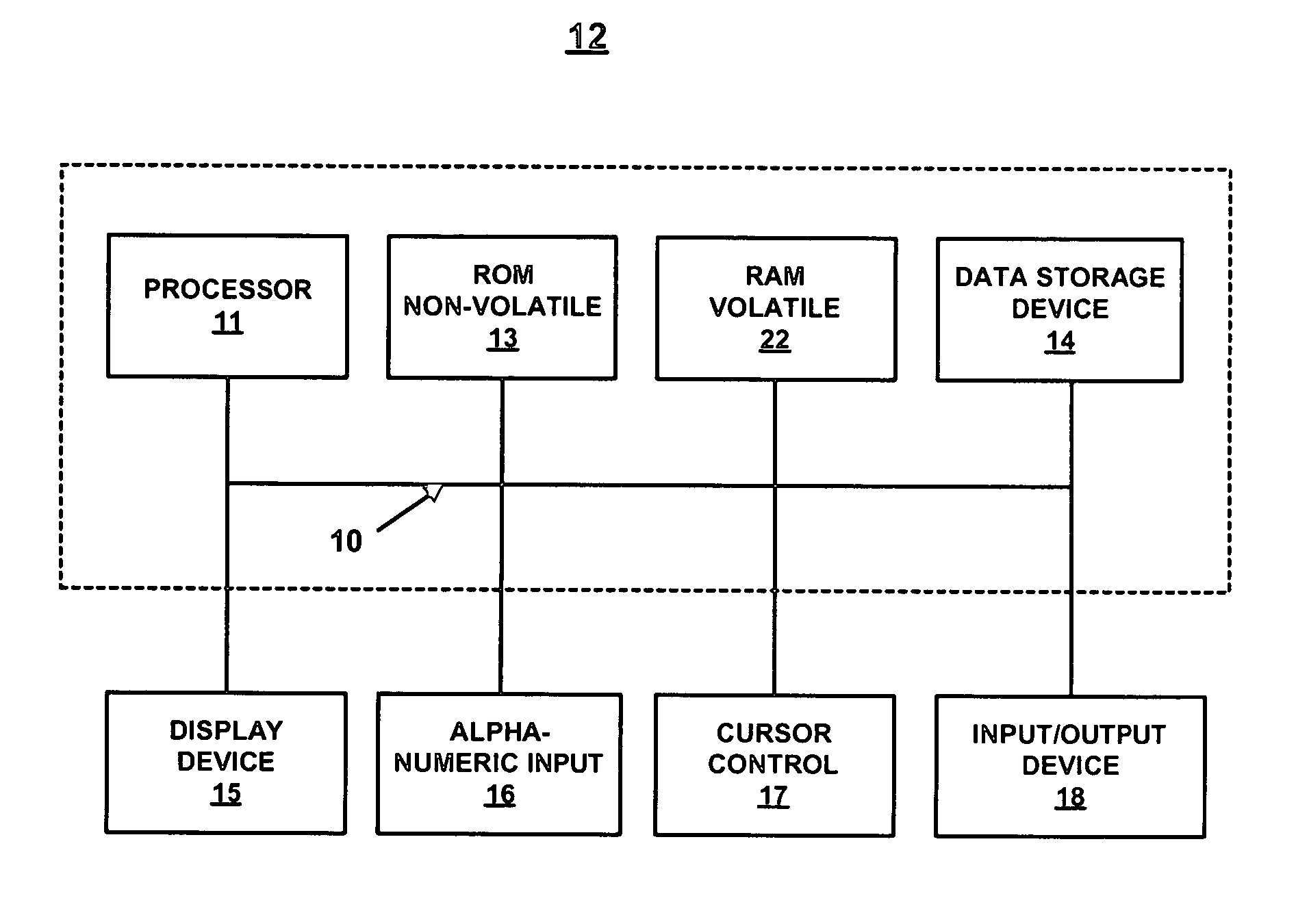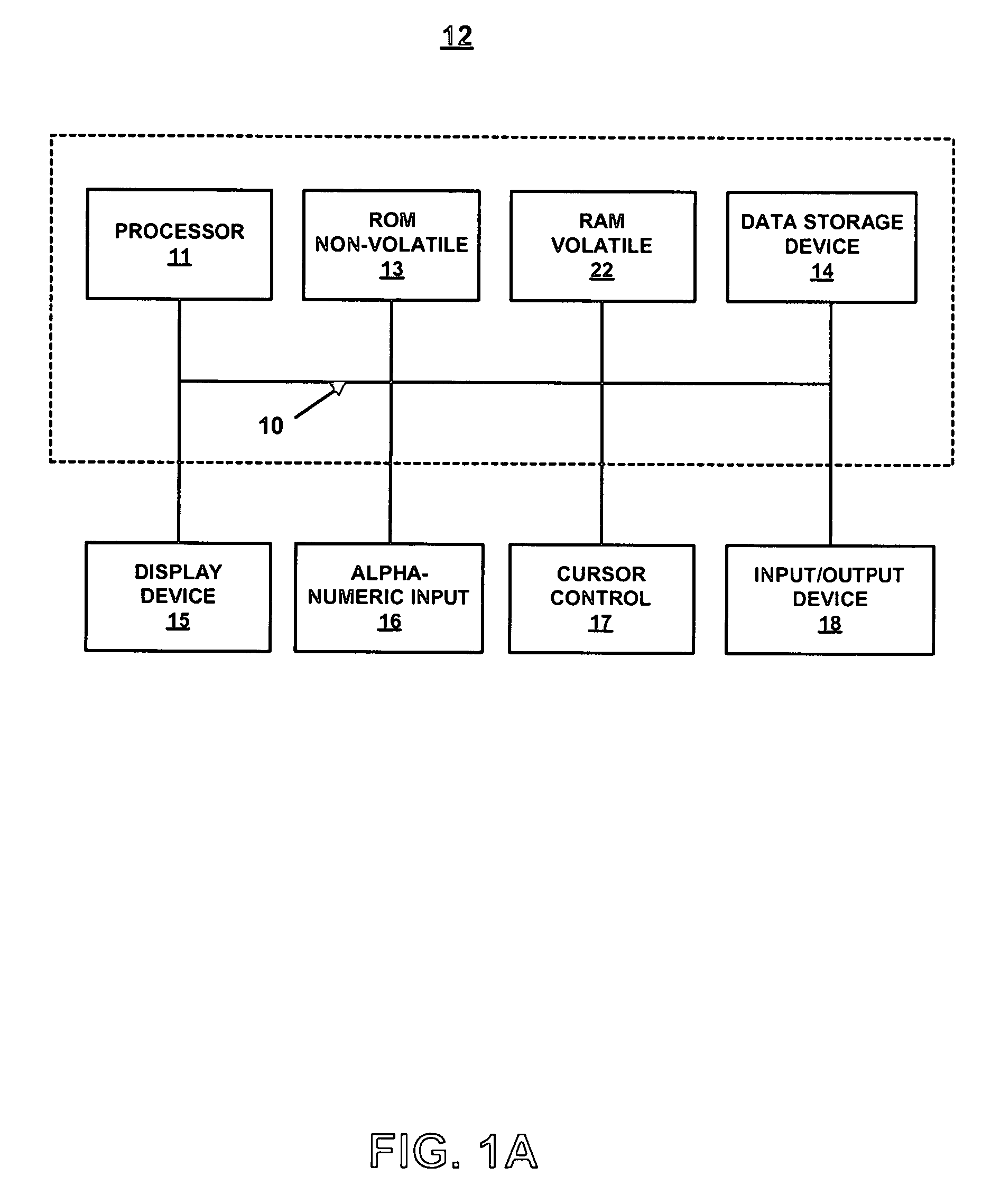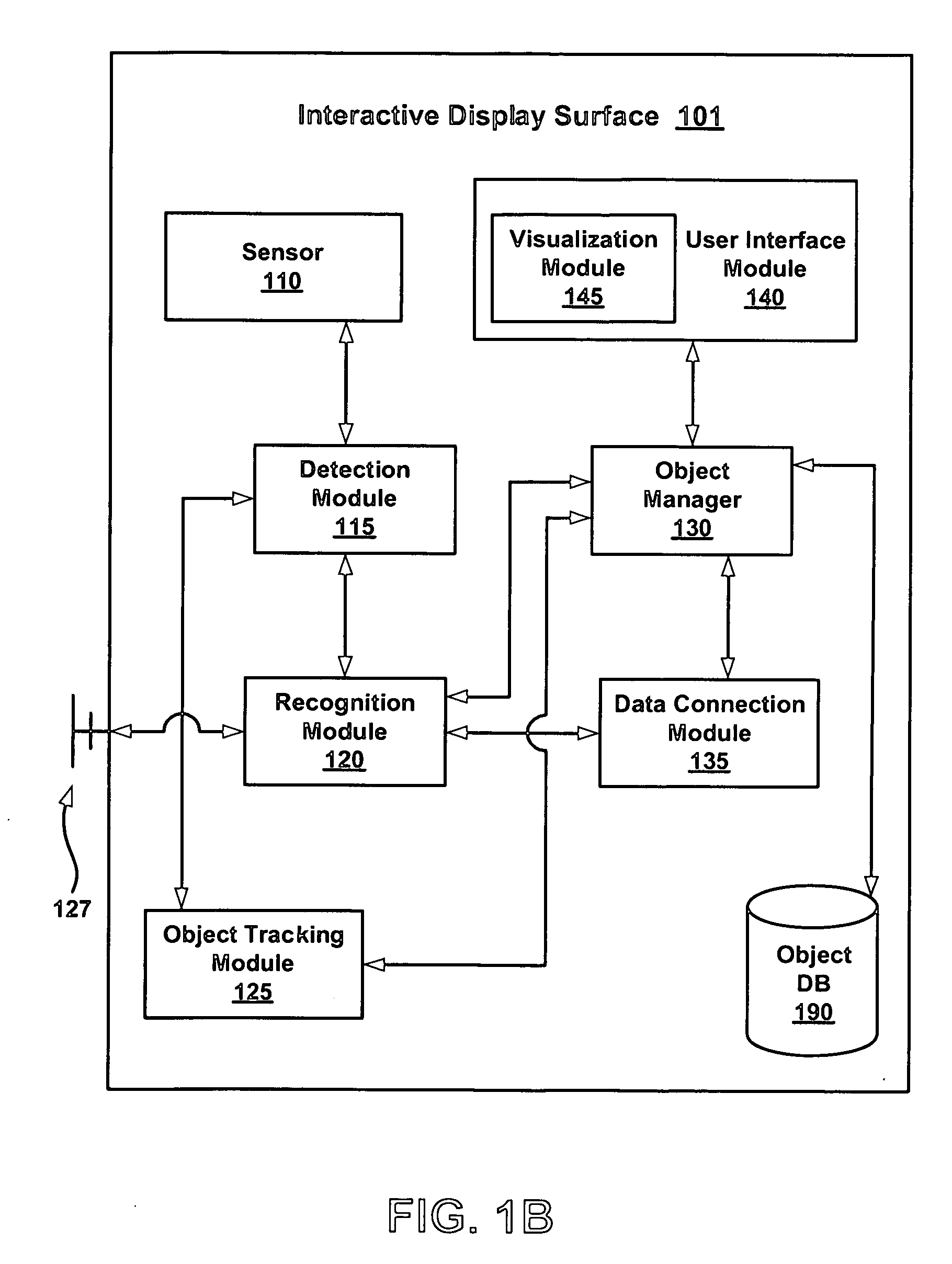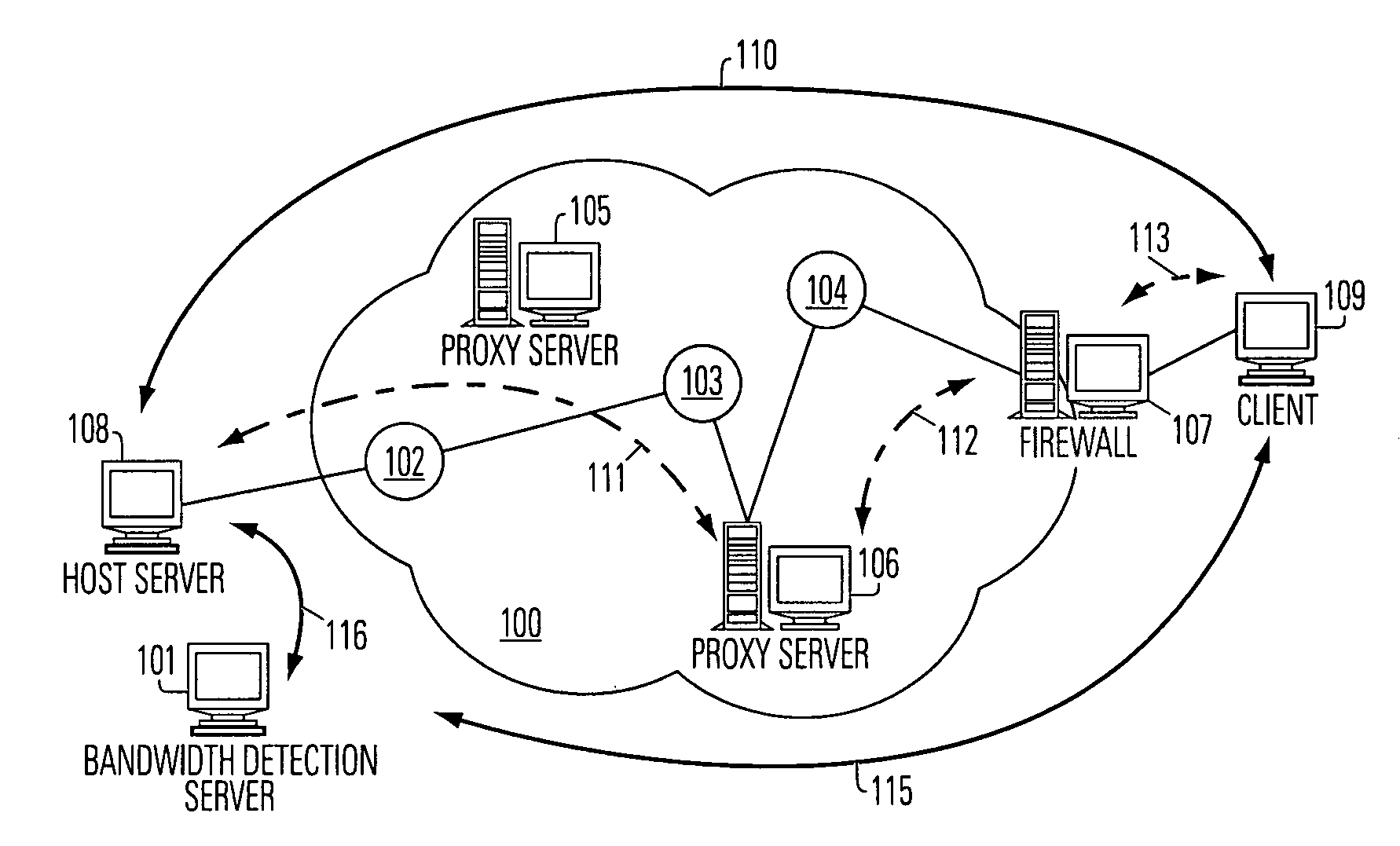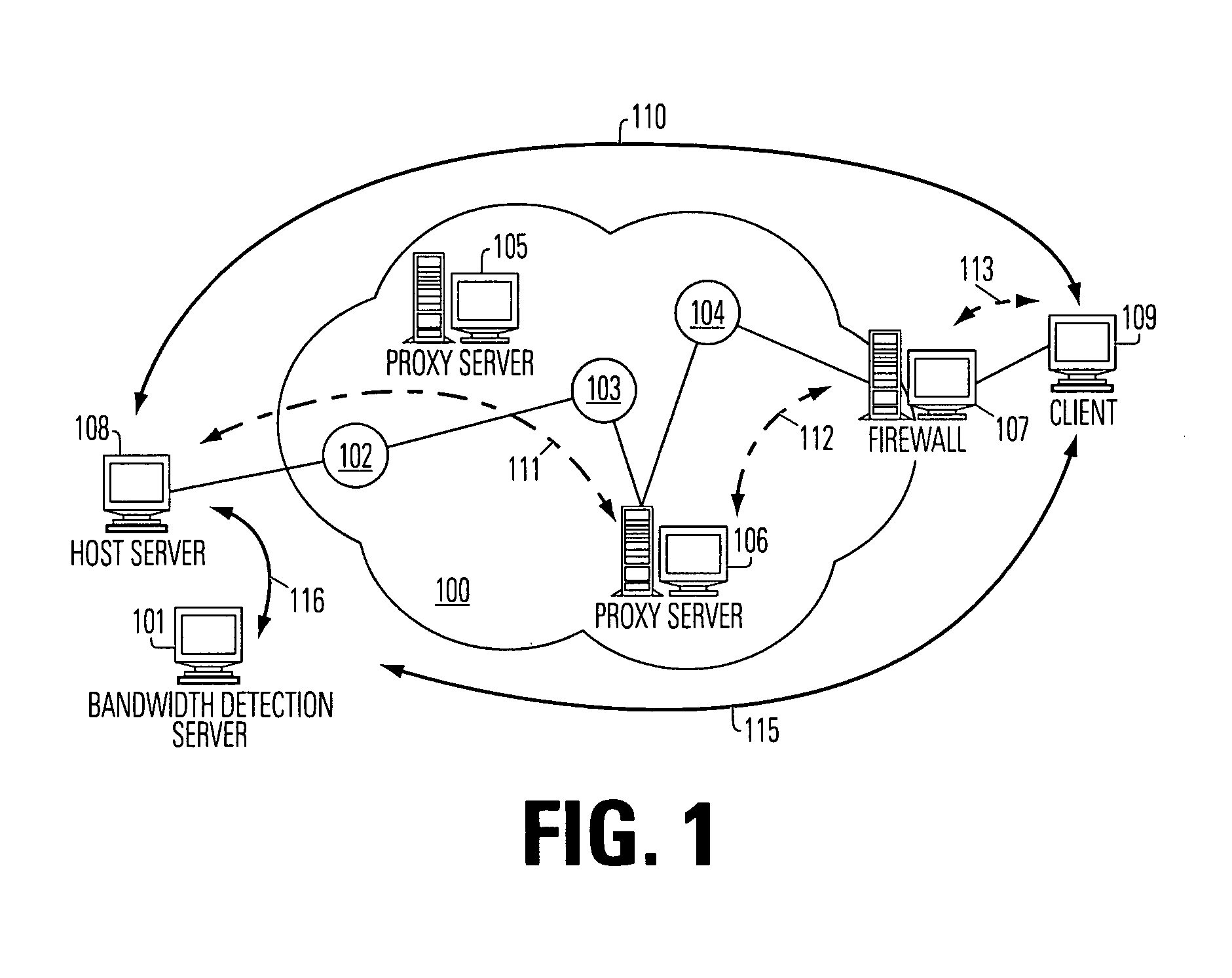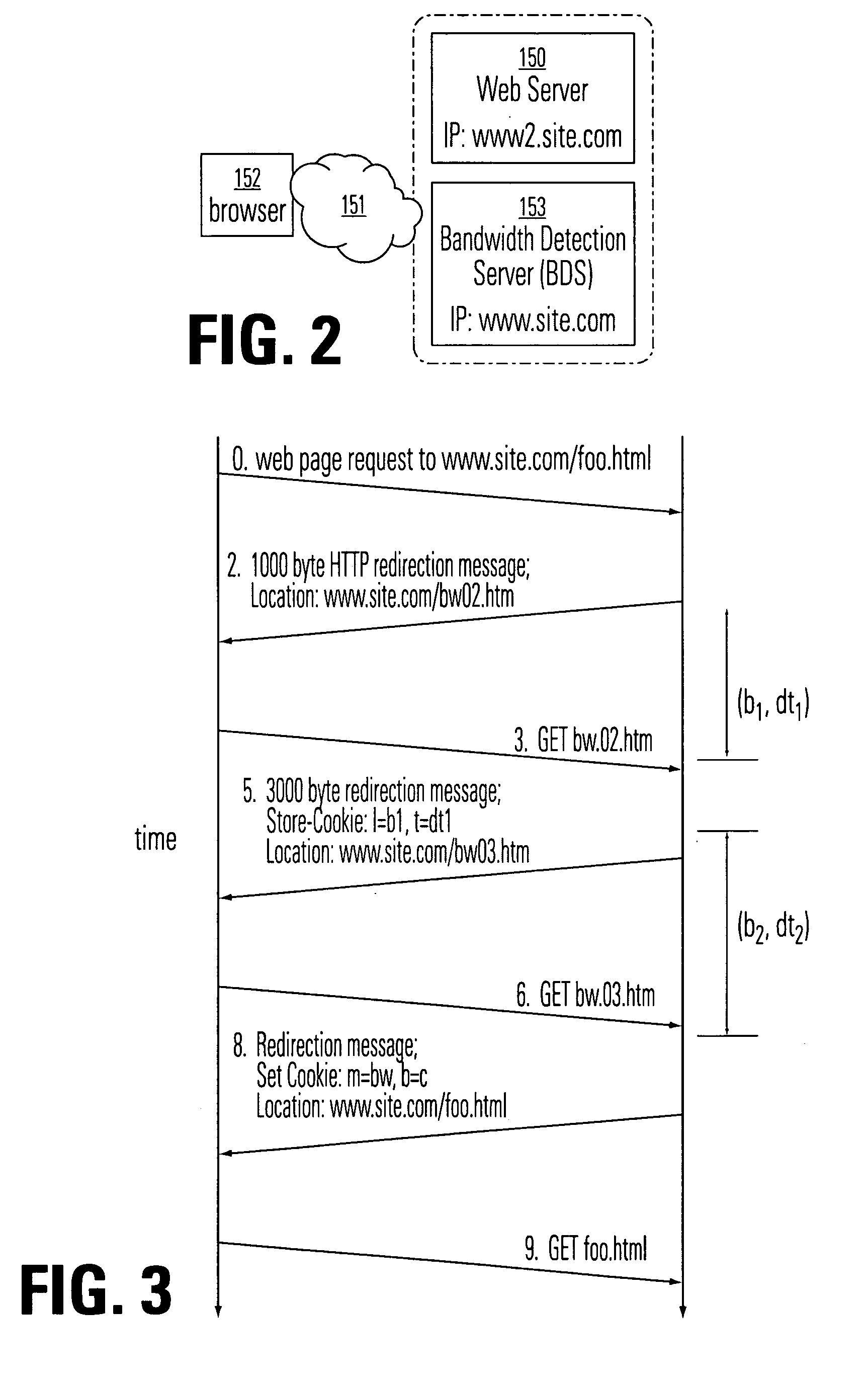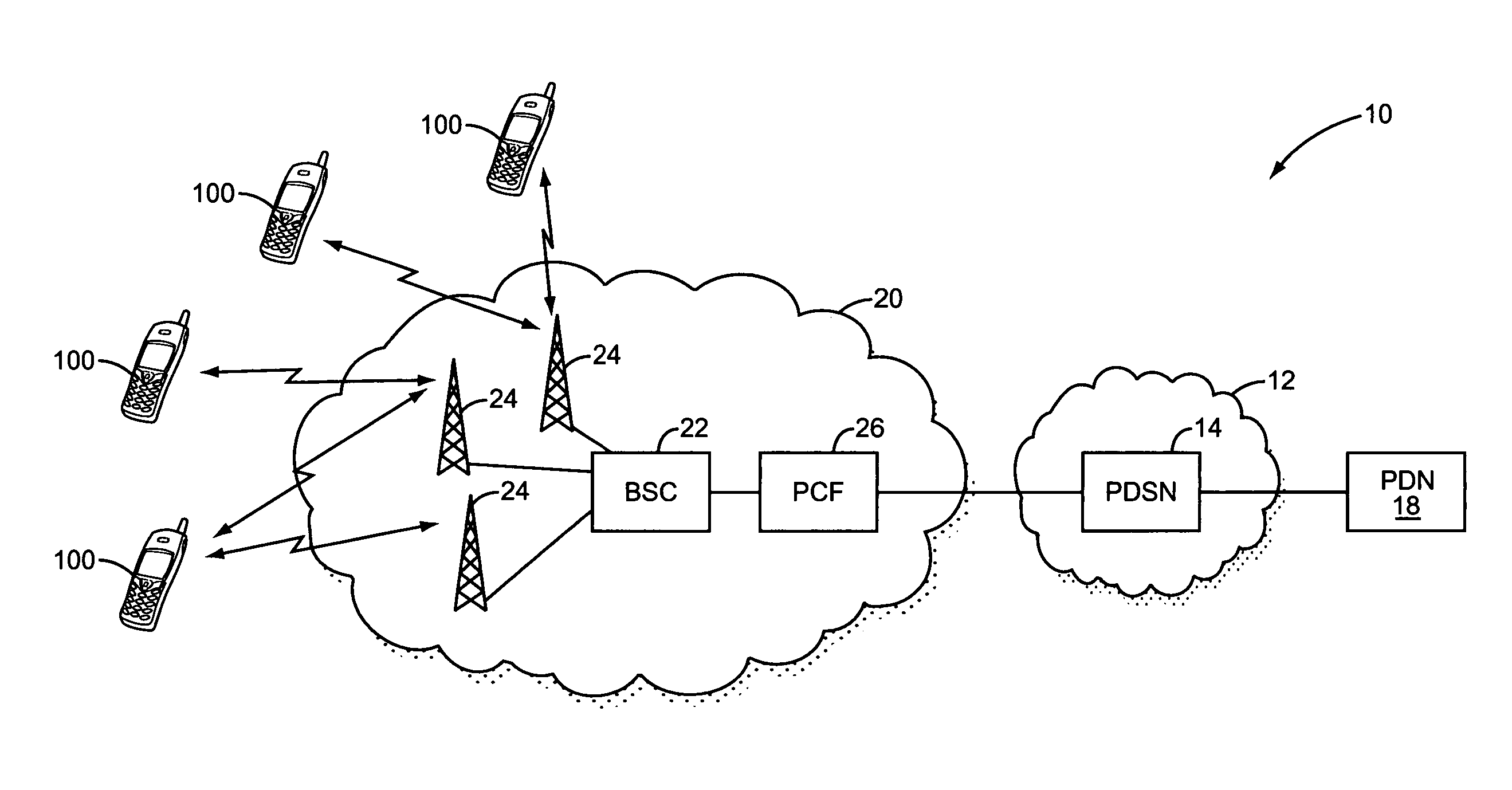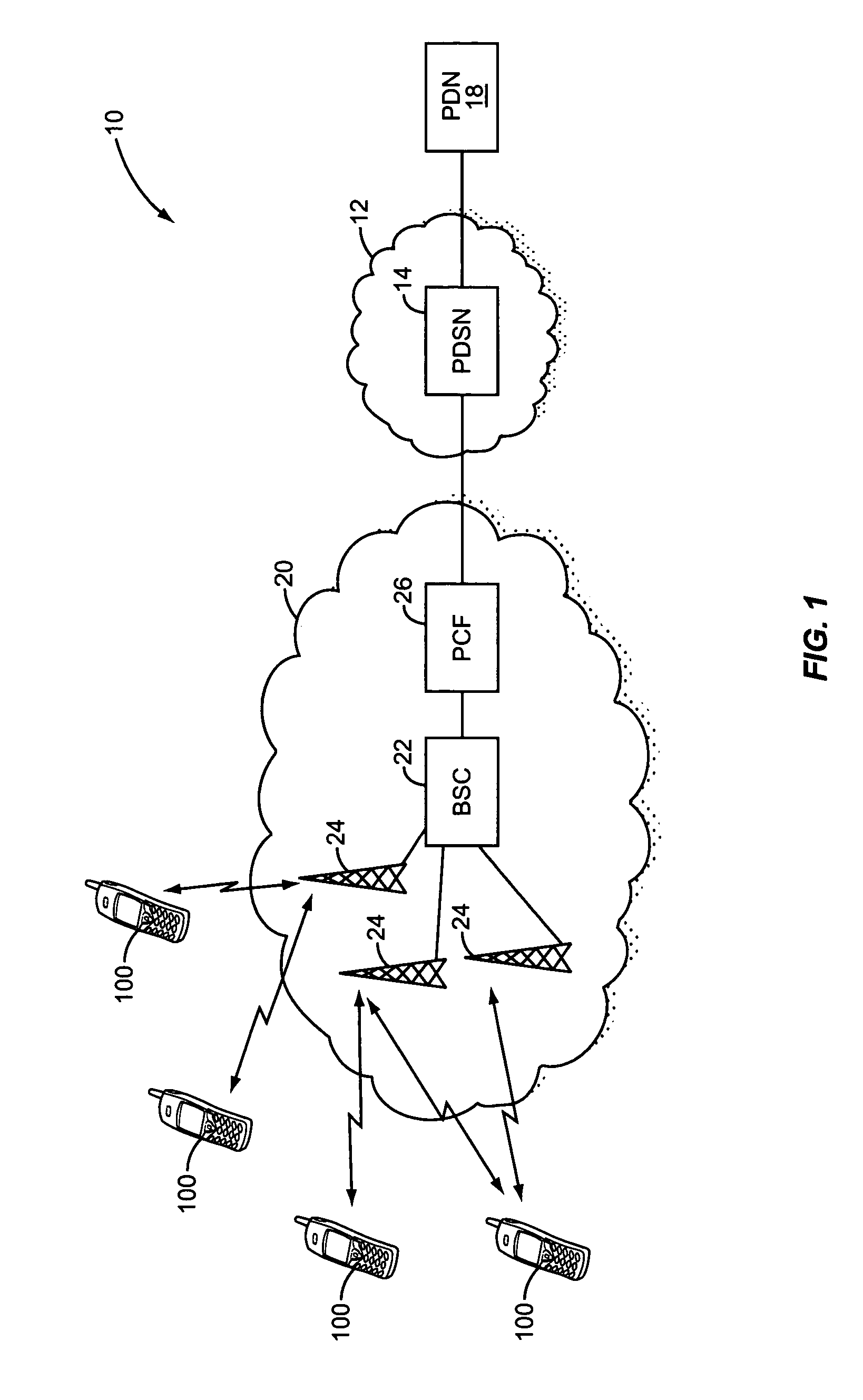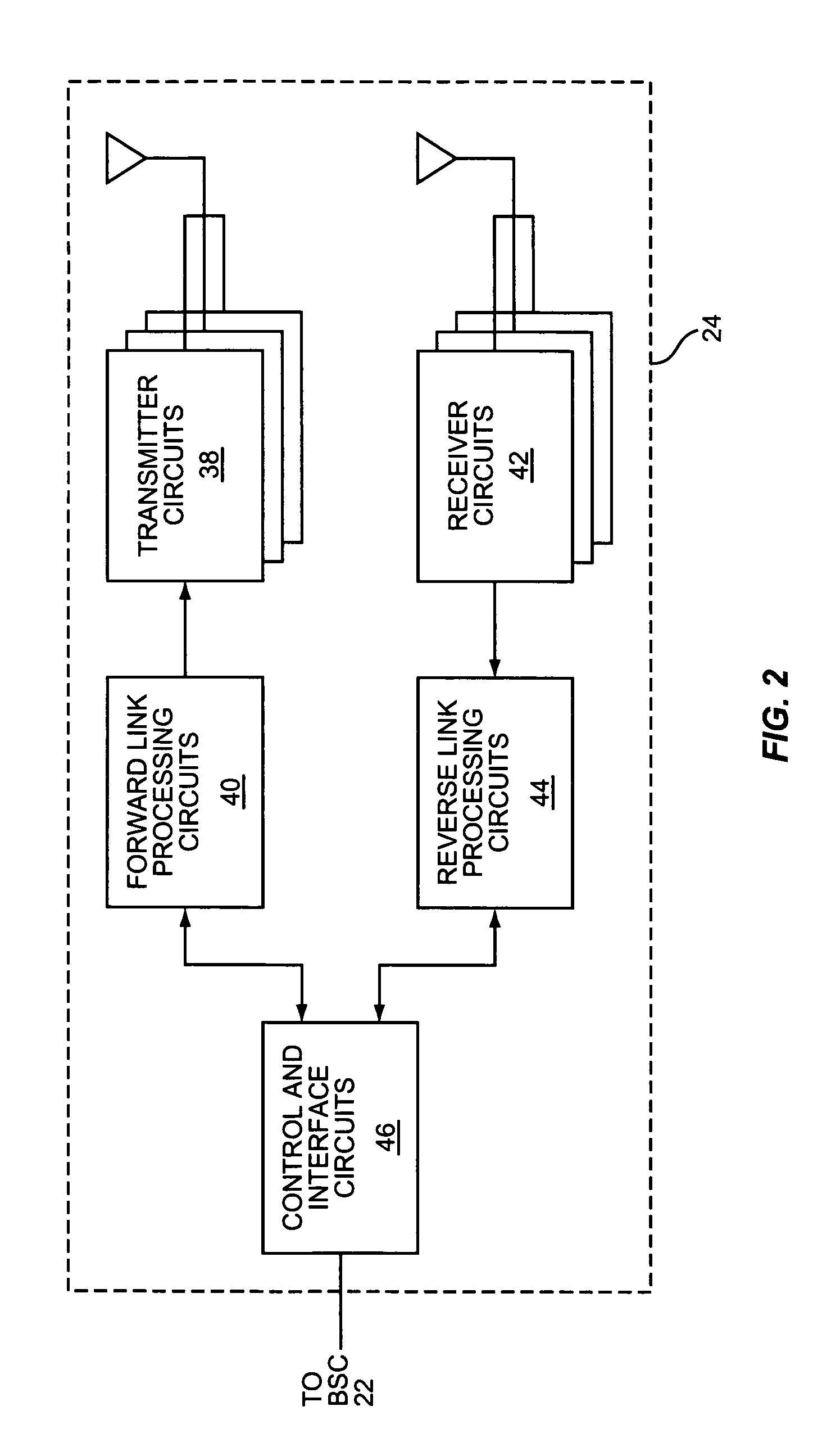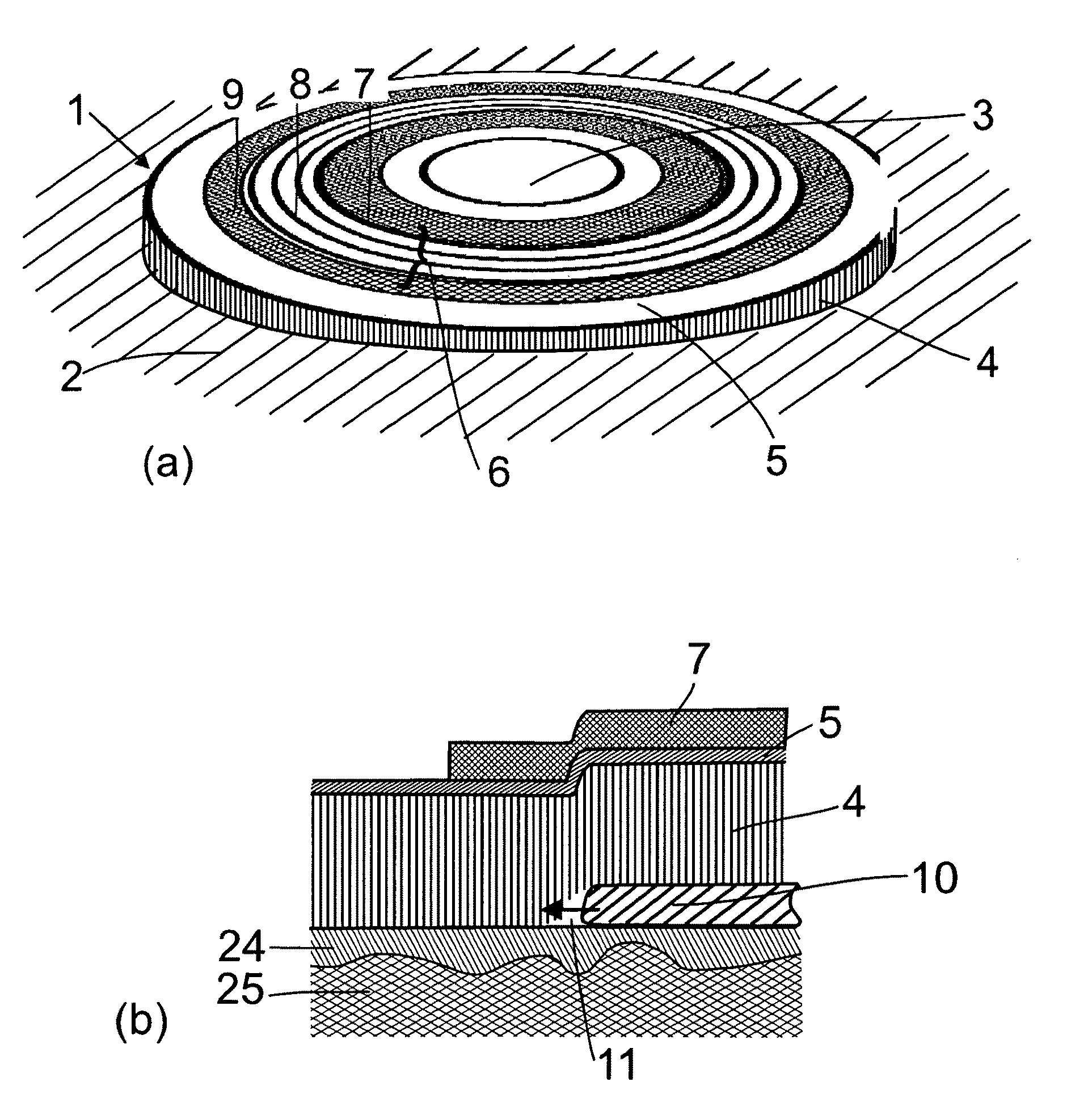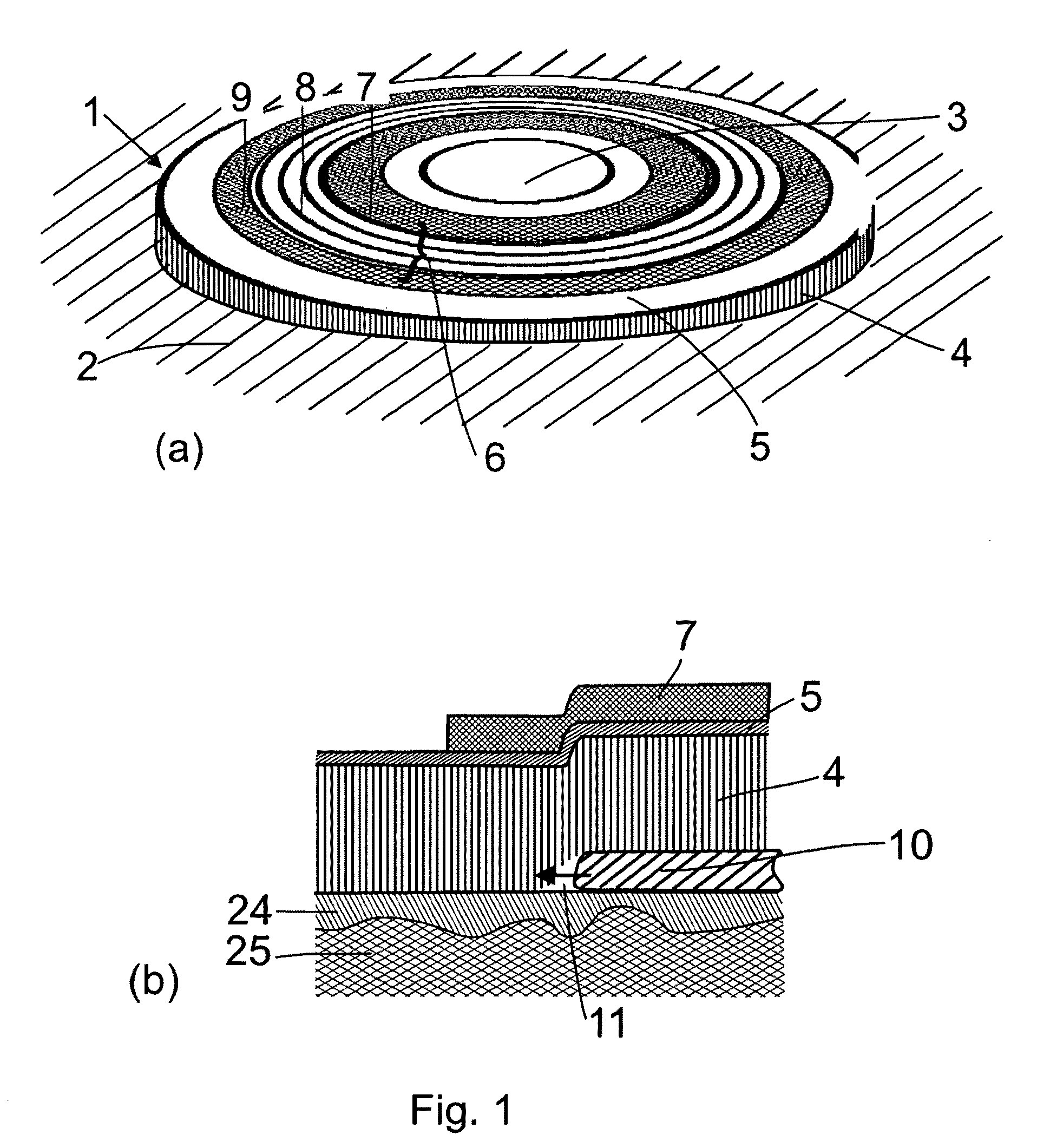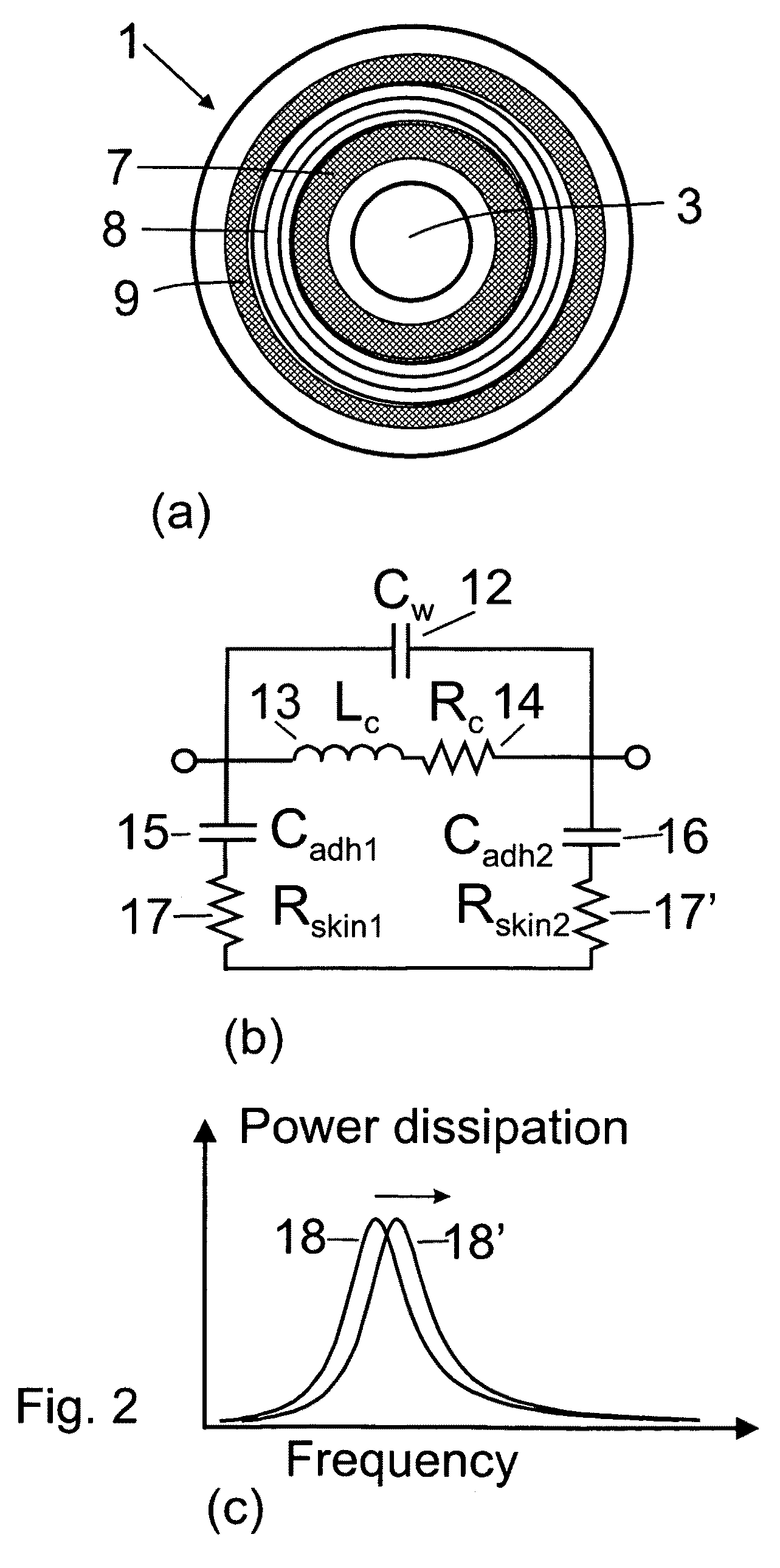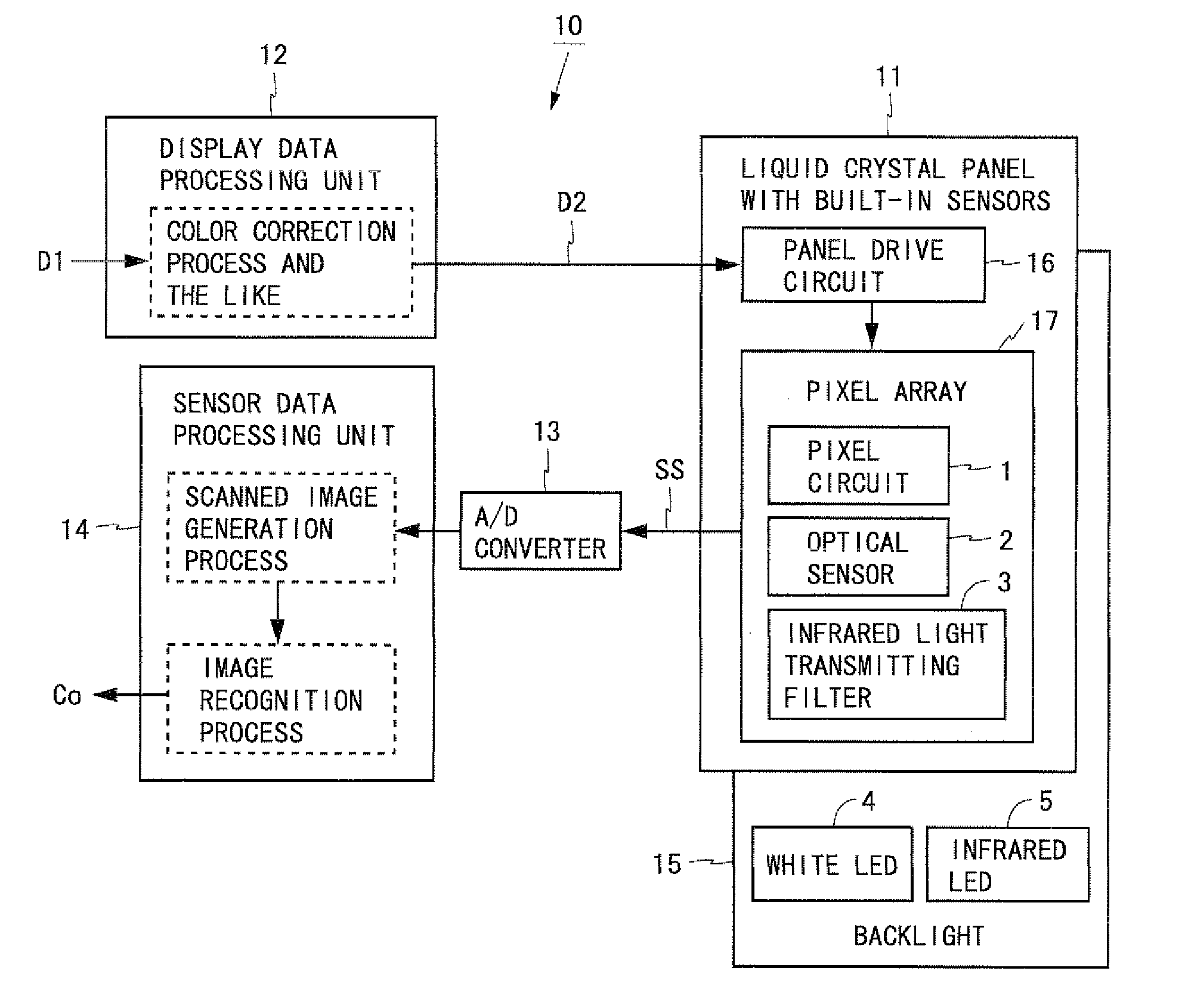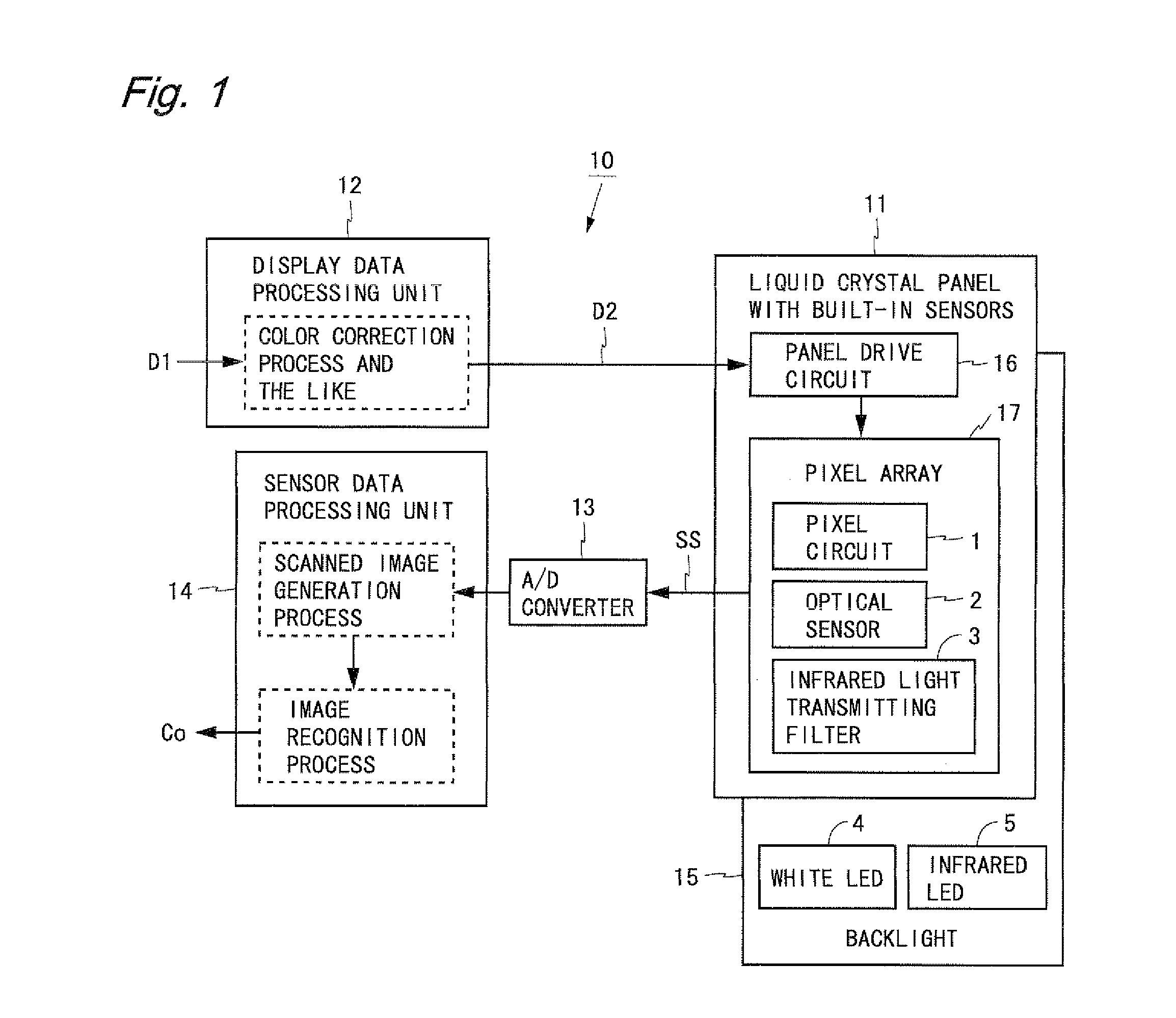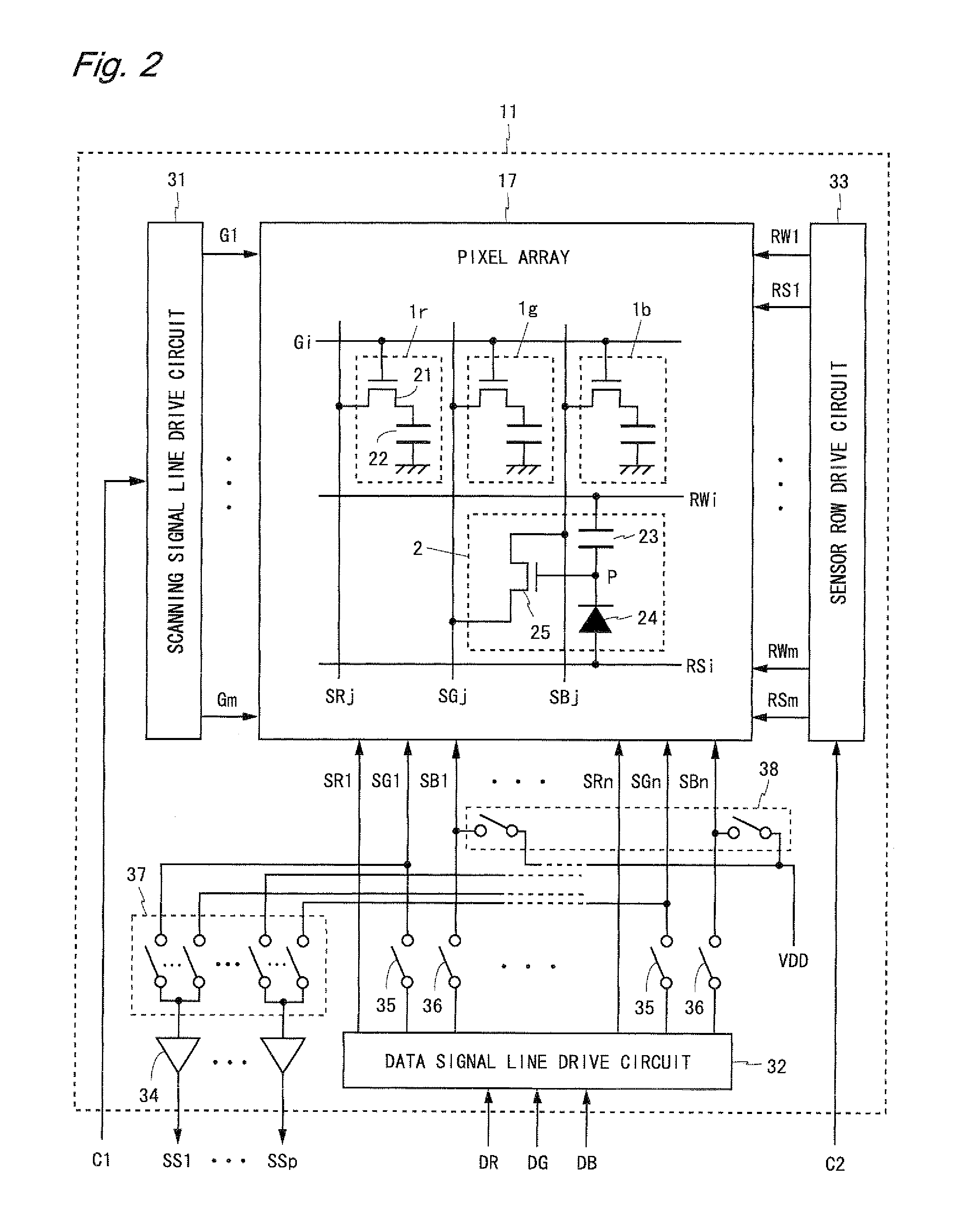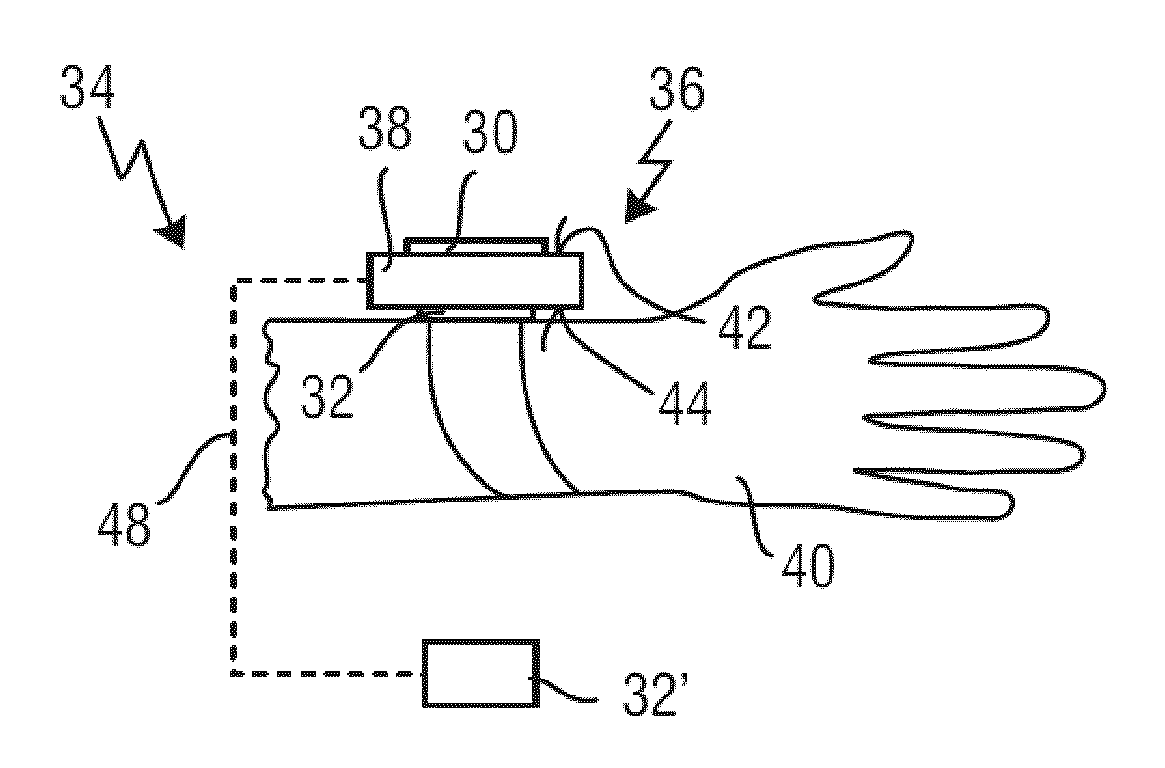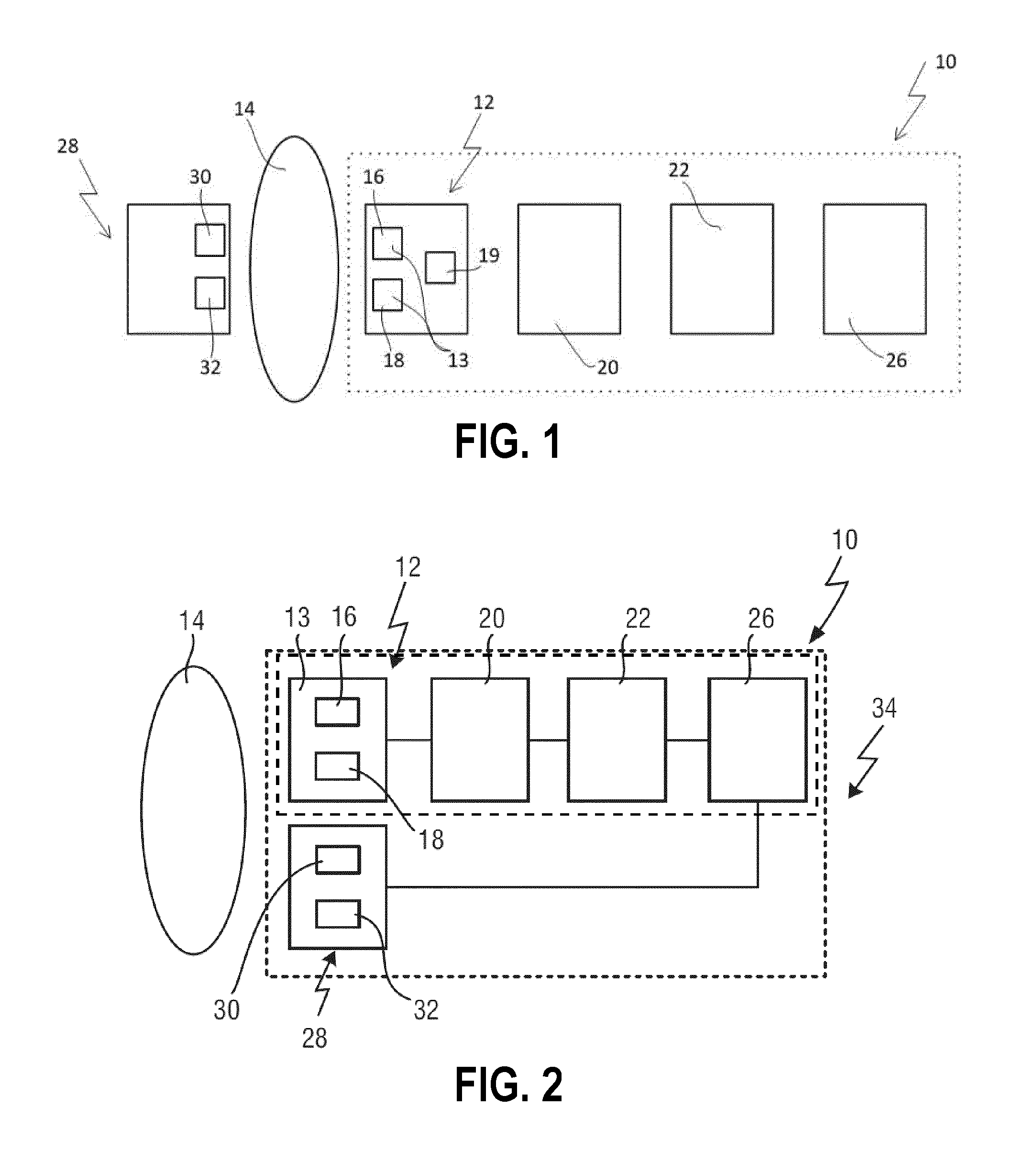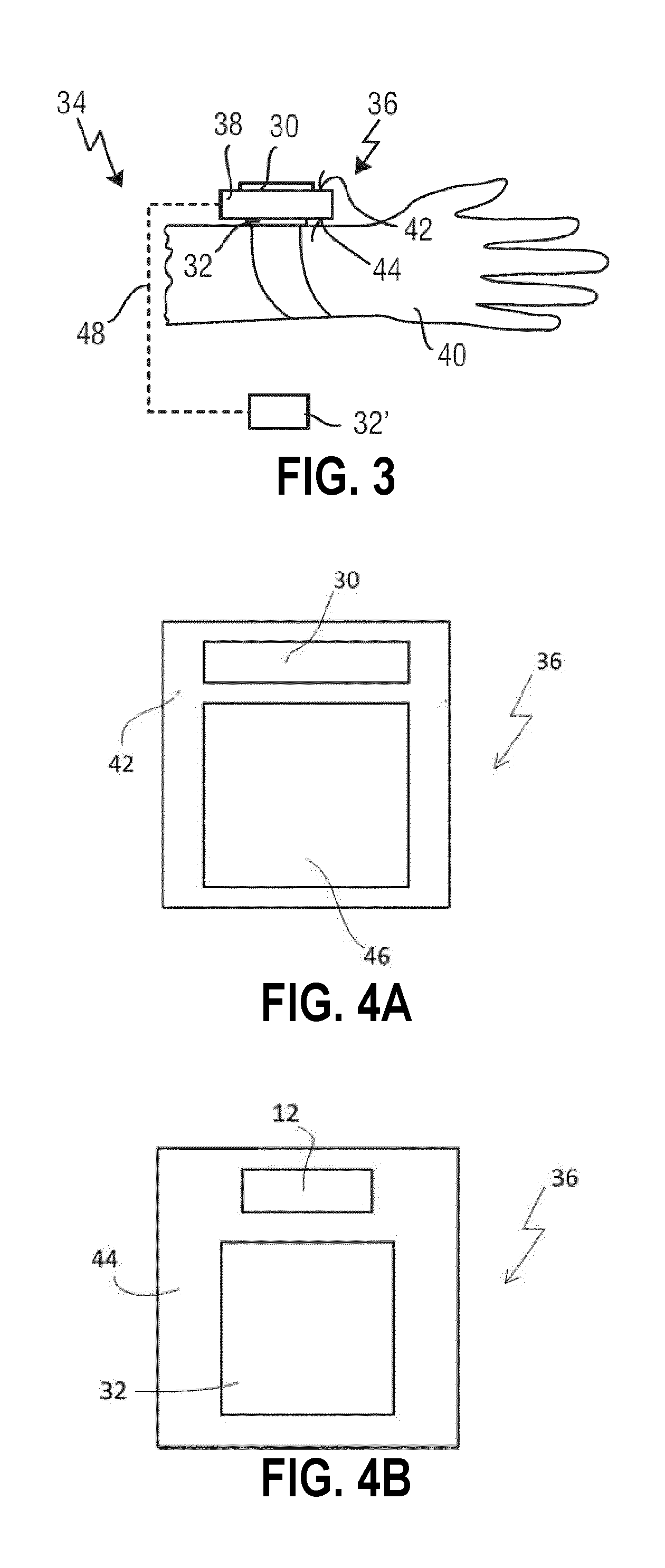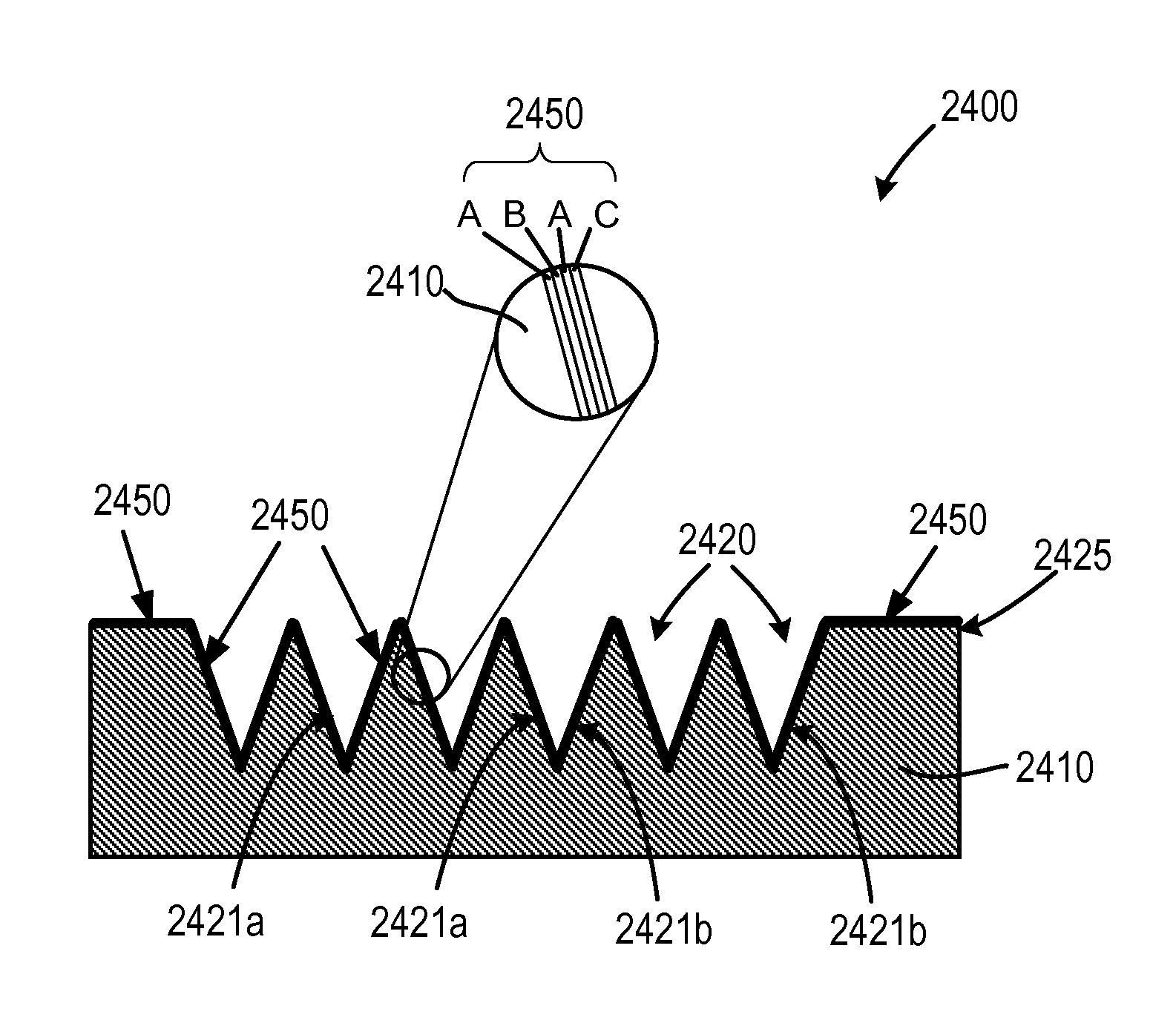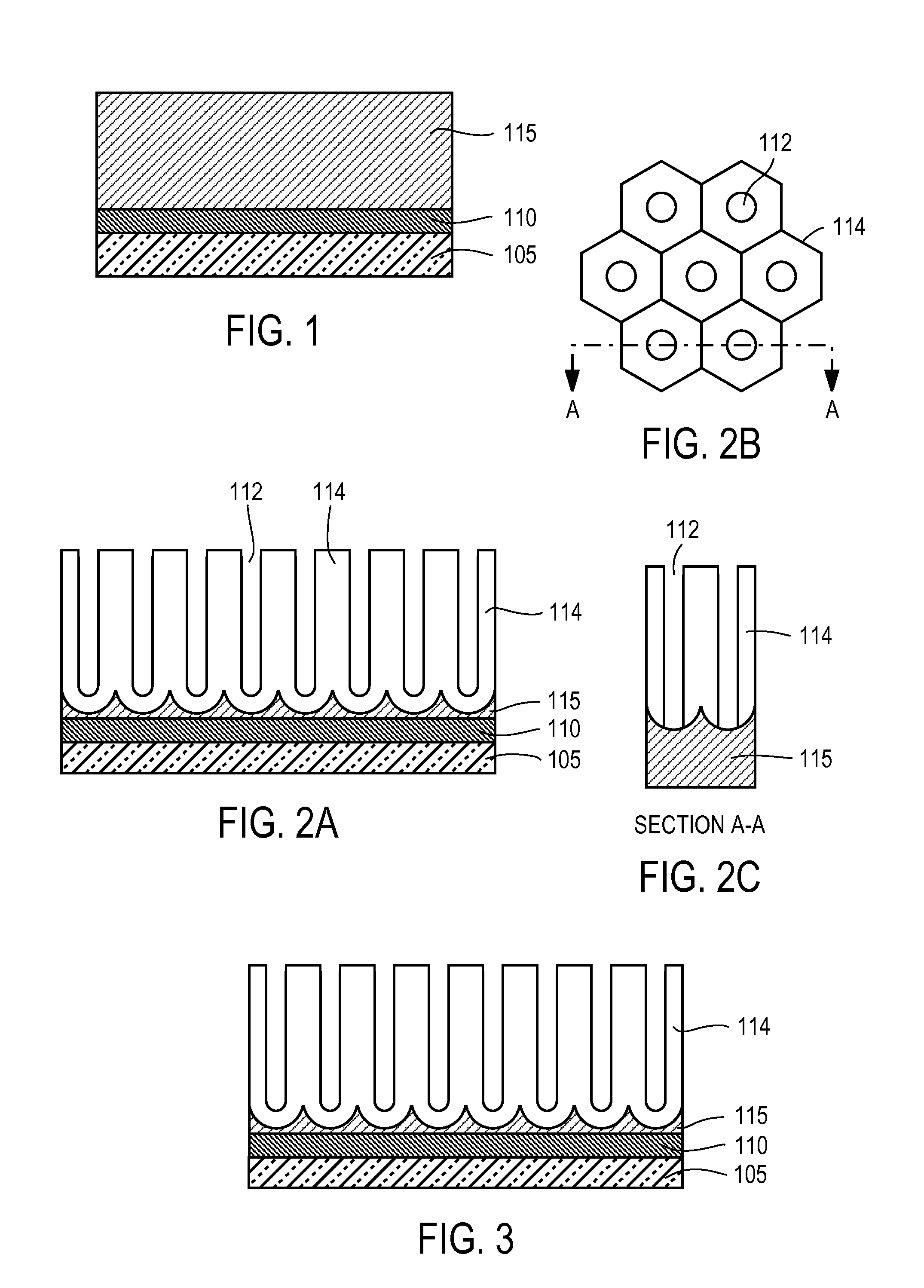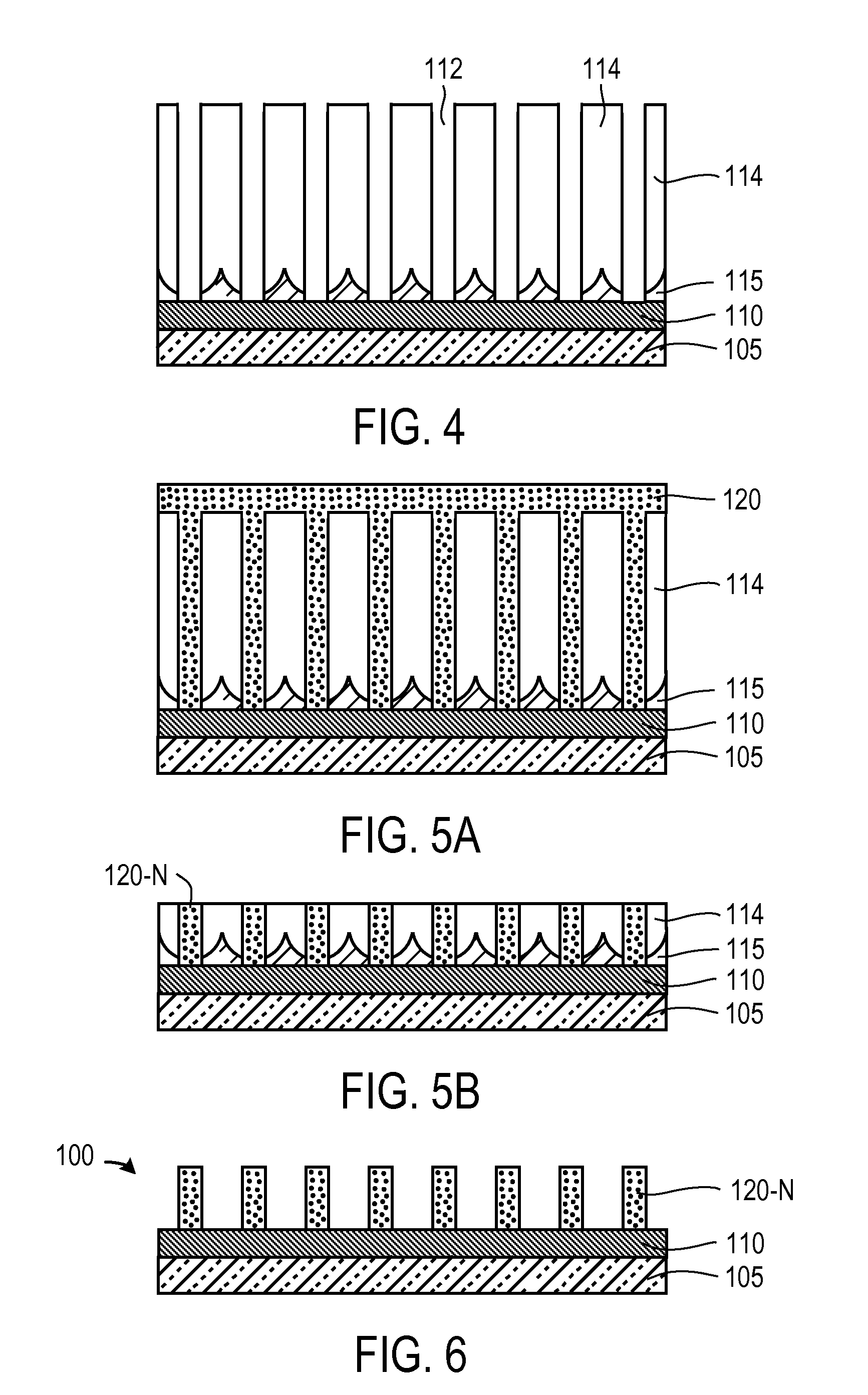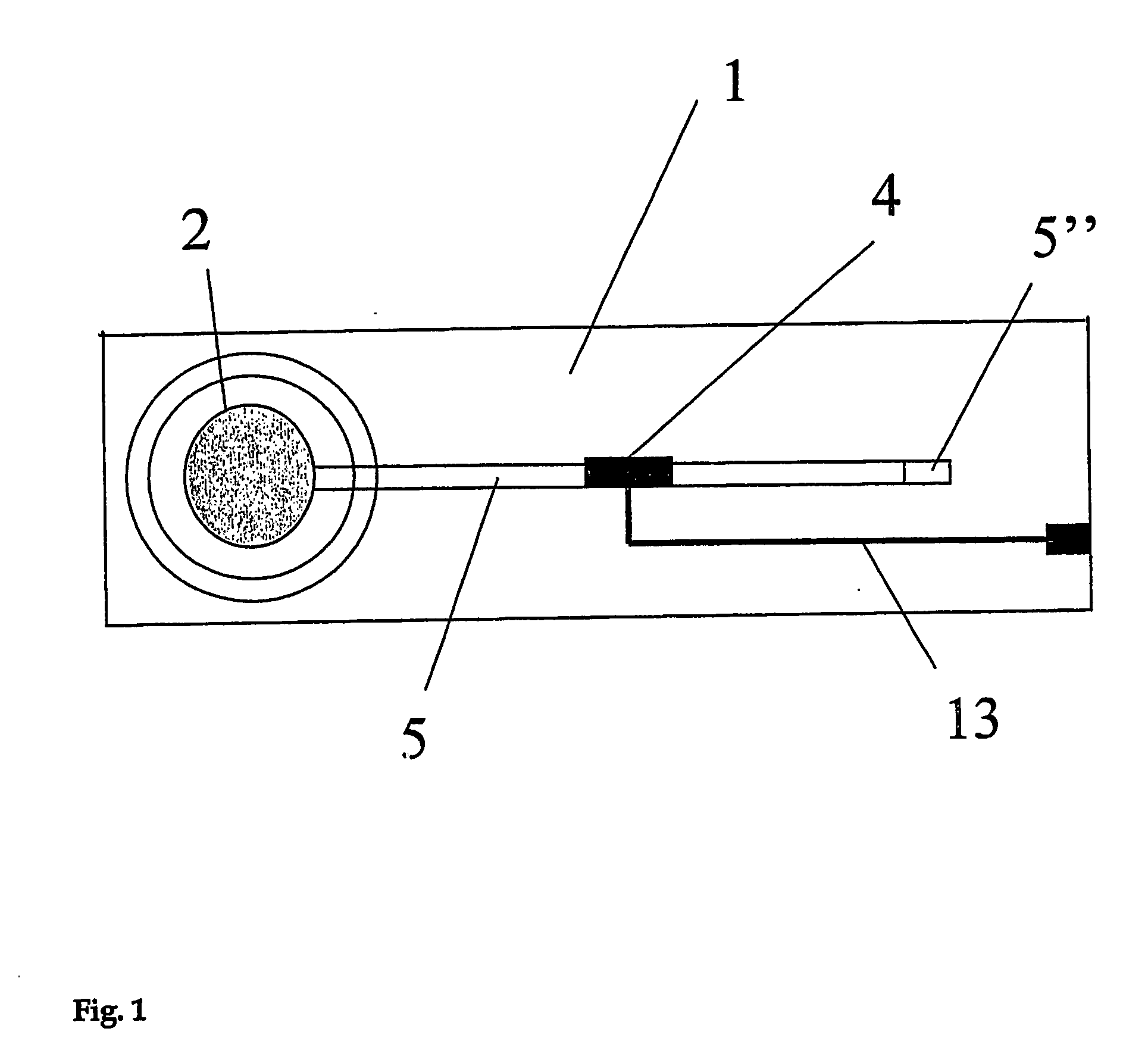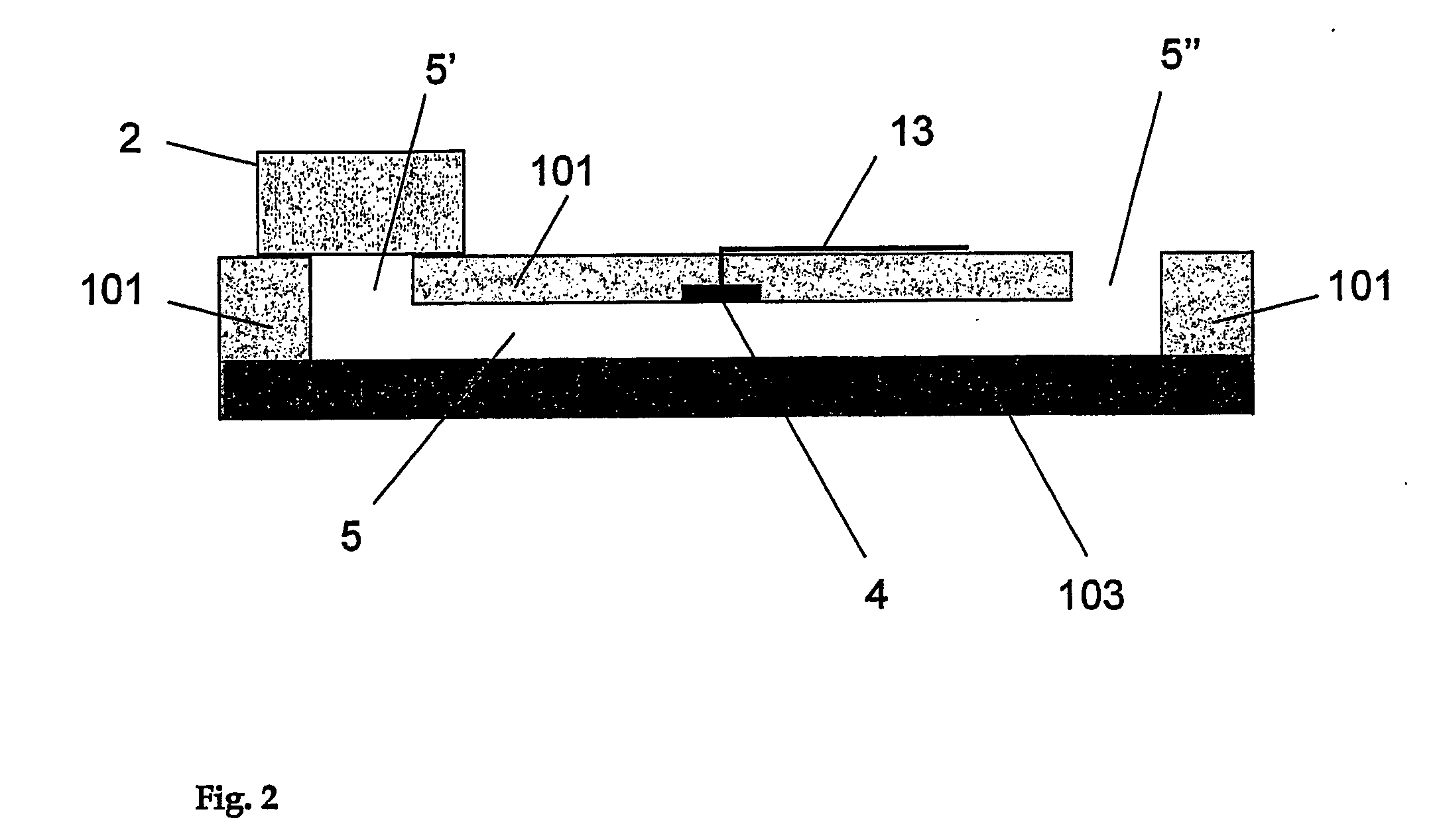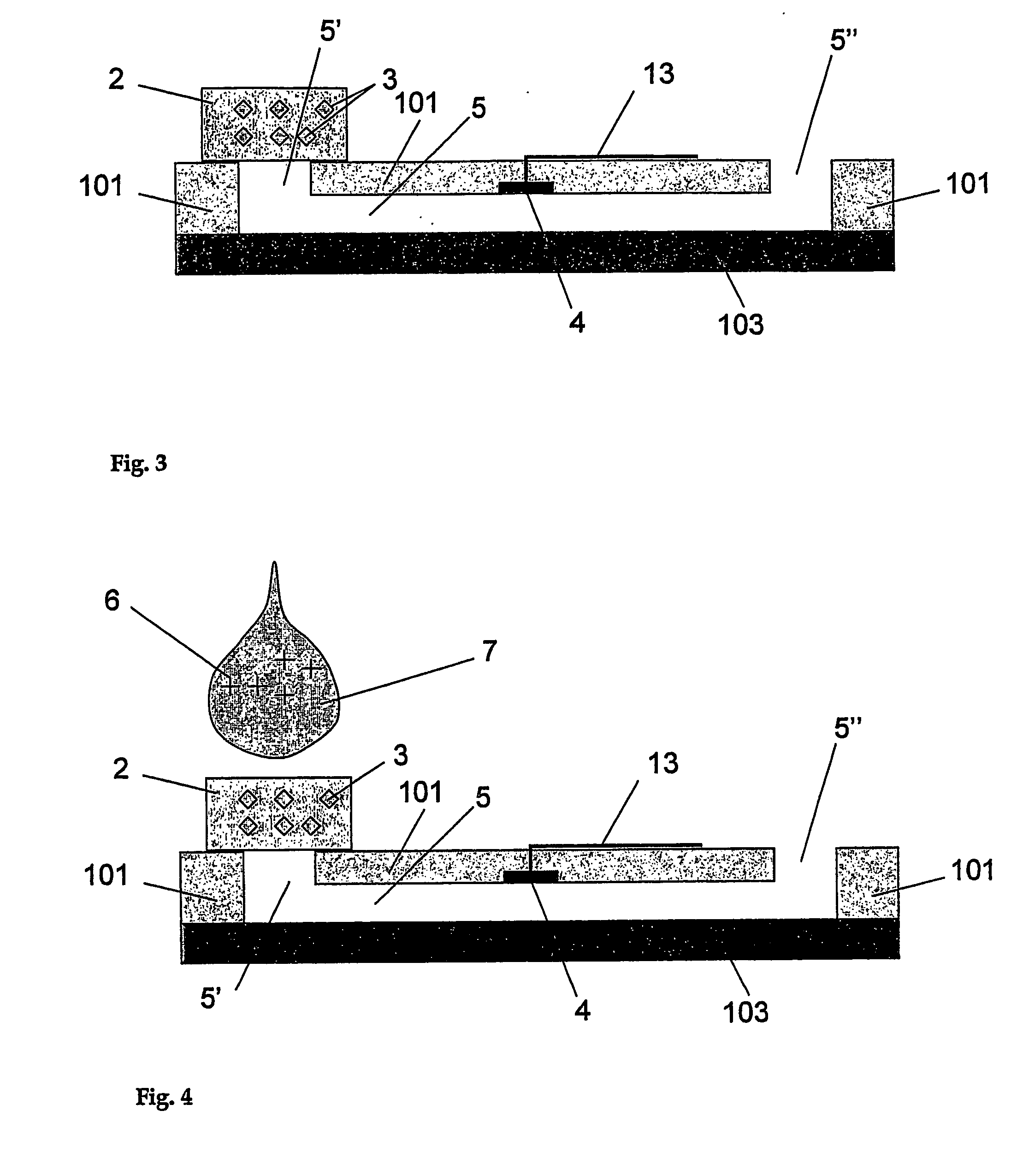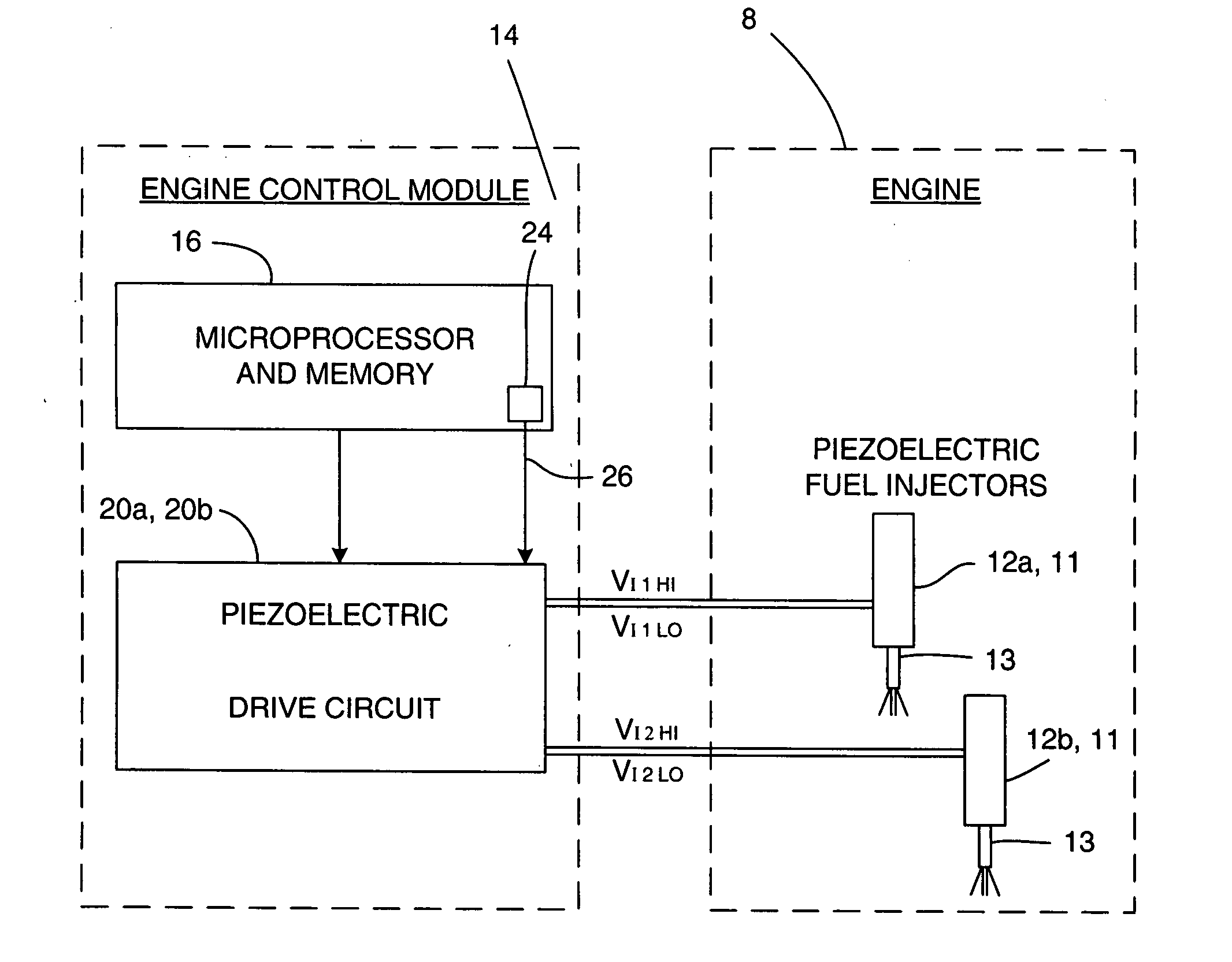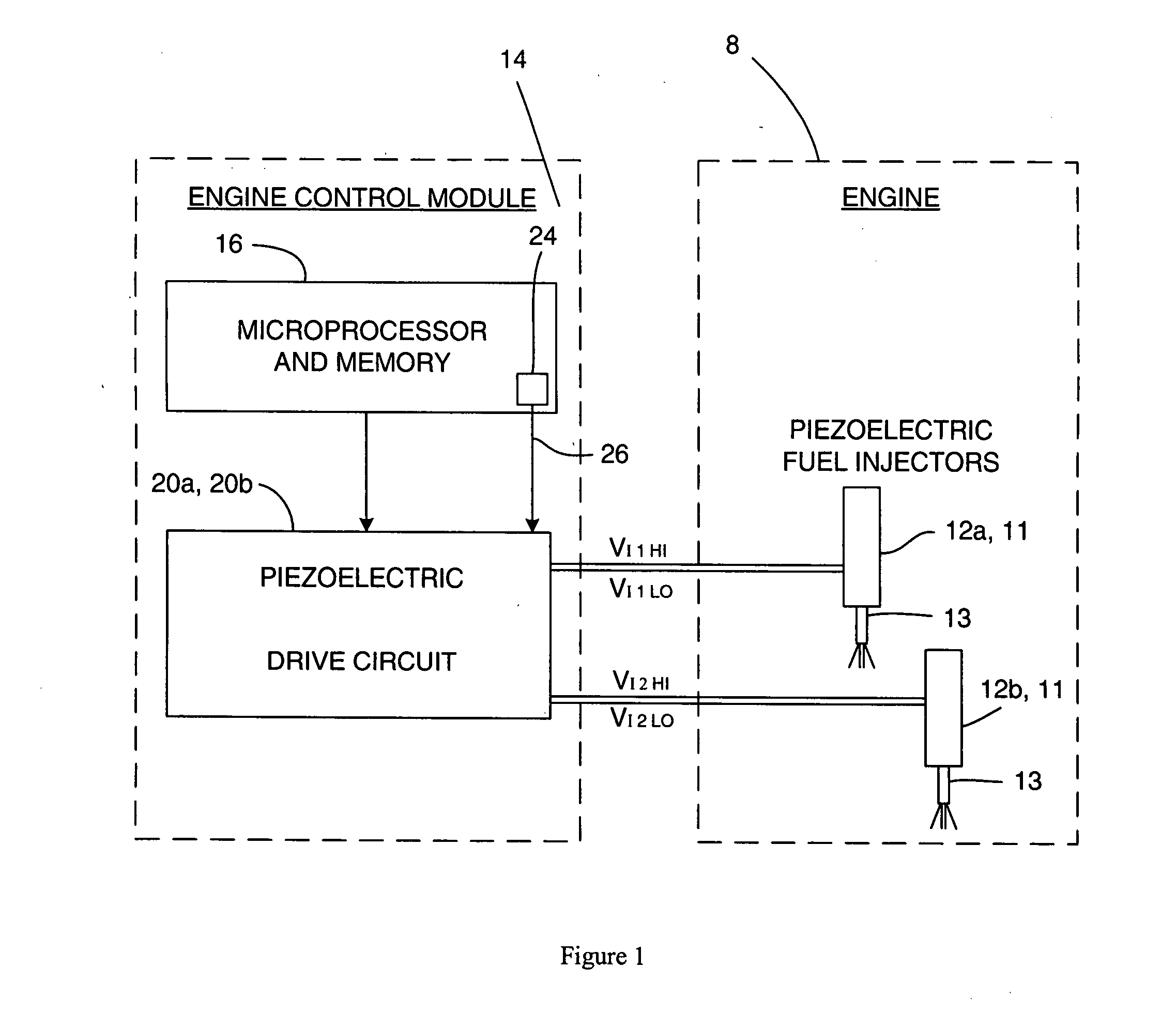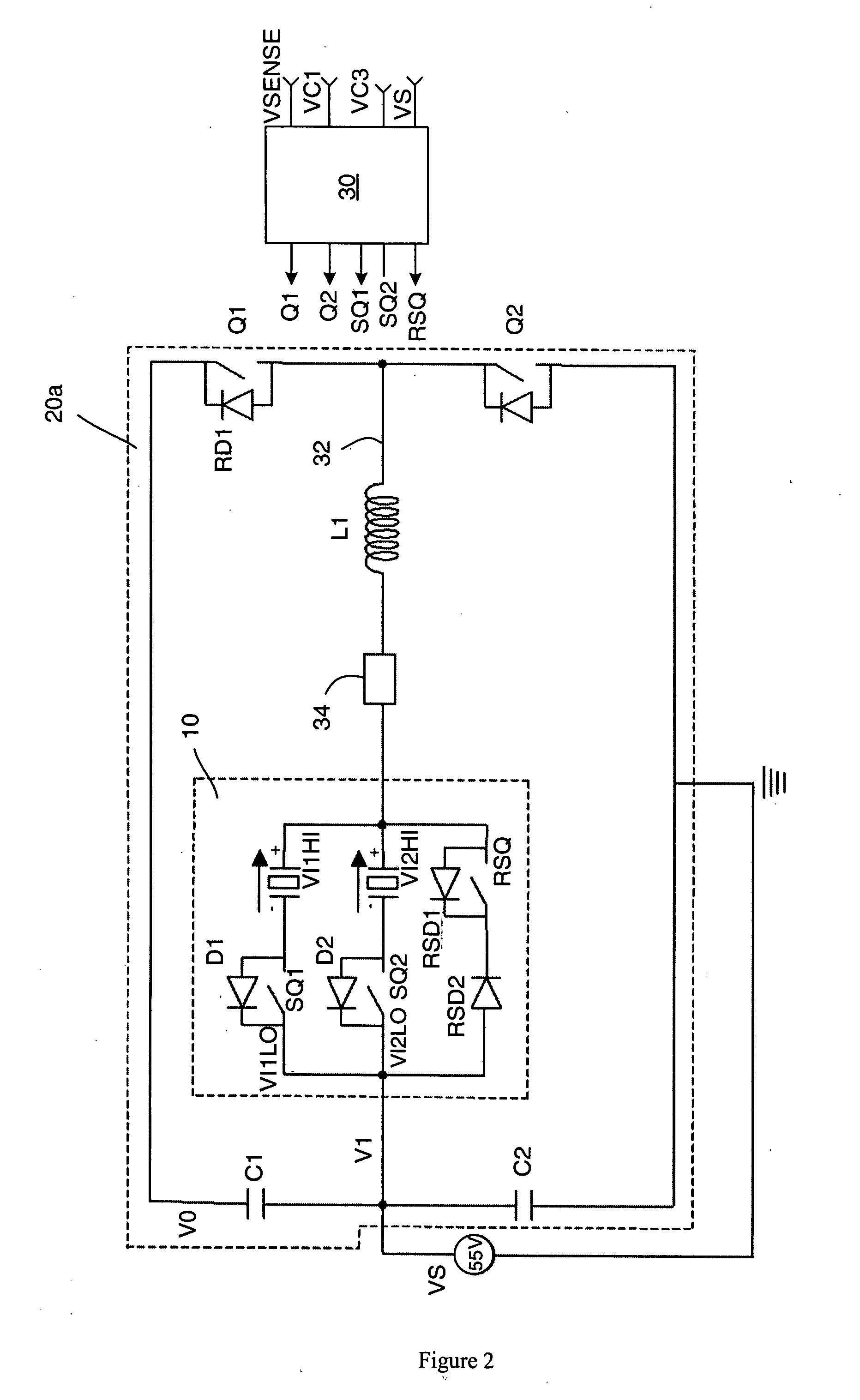Patents
Literature
361results about How to "Enabling detection" patented technology
Efficacy Topic
Property
Owner
Technical Advancement
Application Domain
Technology Topic
Technology Field Word
Patent Country/Region
Patent Type
Patent Status
Application Year
Inventor
Method and apparatus for registration, verification, and referencing of internal organs
InactiveUS20050182319A1Sufficient informationPrevent material seeping into the deviceAudiometeringCatheterOrgan systemBiomedical engineering
Systems and methods for registering, verifying, dynamically referencing, and navigating an anatomical region of interest of a patient are provided. In one embodiment, the anatomical region of interest is imaged using an imaging device such as, for example, an x-ray device. A tracked registration device may then be removably inserted in a conduit within the anatomical region and the position of the registration device may be sampled by a tracking device as the registration device is moved within the anatomical region through the catheter. The sampled position data is registered to the image data to register the path of the conduit to the anatomical region of interest. The same or a similar device may be used to dynamically reference the movements affecting the anatomical region and modify the registration in real time. The registration may also be verified.
Owner:PHILIPS ELECTRONICS LTD
Capacitive Sensor Panel Having Dynamically Reconfigurable Sensor Size and Shape
ActiveUS20090309851A1Enabling detectionEffectively and efficiently detectingInput/output processes for data processingEngineeringCapacitance transducer
Owner:APPLE INC
Method and apparatus for magnetic induction therapy
InactiveUS20080306325A1Improve directionEnabling detectionElectrotherapyMagnetotherapy using coils/electromagnetsElectricityEngineering
An energy emitting apparatus for providing a medical therapy includes one or more energy generators, a logic controller electrically connected to the one or more energy generators, and one or more sensors for detecting electric conduction in a target nerve that are connected to the logic controller. The one or more energy generators produce energy focused on the target nerve upon receiving a signal from the logic controller, and the energy is varied by the logic controller according to an input provided by the one or more sensors. In one embodiment, the energy emitting apparatus is an apparatus for magnetic induction therapy that includes one or more conductive coils disposed in an ergonomic housing that produce a magnetic field focused on the target nerve upon receiving an electric current from the logic controller based on an input provided by the one or more sensors.
Owner:EMKINETICS
System and method for using signatures to detect computer intrusions
InactiveUS7032114B1Problem can be overcomeEnabling detectionMemory loss protectionUser identity/authority verificationIntrusion detection systemContinuation
A system and method are disclosed for detecting intrusions in a host system on a network. The intrusion detection system comprises an analysis engine configured to use continuations and apply forward- and backward-chaining using rules. Also provided are sensors, which communicate with the analysis engine using a meta-protocol in which the data packet comprises a 4-tuple. A configuration discovery mechanism locates host system files and communicates the locations to the analysis engine. A file processing mechanism matches contents of a deleted file to a directory or filename, and a directory processing mechanism extracts deallocated directory entries from a directory, creating a partial ordering of the entries. A signature checking mechanism computes the signature of a file and compares it to previously computed signatures. A buffer overflow attack detector compares access times of commands and their associated files. The intrusion detection system further includes a mechanism for checking timestamps to identify and analyze forward and backward time steps in a log file.
Owner:SYMANTEC CORP
Methods and apparatus for treatment of atrial fibrillation
InactiveUS20080015569A1Early detectionEnabling detectionElectrotherapyEndoscopesBody fluidBiomedical engineering
Apparatus and methods for the treatment of atrial fibrillation are described herein where tissue to be ablated may be monitored under direct visualization. Such a system may include a deployment catheter and an attached imaging hood deployable into an expanded configuration. In use, the imaging hood is placed against or adjacent to the tissue to be imaged in a body lumen that is normally filled with an opaque bodily fluid such as blood. A translucent or transparent fluid can be pumped into the imaging hood until the fluid displaces any blood leaving a clear region of tissue to be imaged via an imaging element in the deployment catheter. An ablation probe may be advanced into the contained region where the tissue may be ablated and monitored for changes in color as well as appropriate positioning.
Owner:INTUITIVE SURGICAL OPERATIONS INC
Material erosion monitoring system and method
ActiveUS20150276577A1Reduce confusionMultiple EffectsFurnace componentsWeather/light/corrosion resistanceMaterial ErosionMonitoring system
Disclosed is an improved system and method to evaluate the status of a material. The system and method are operative to identify flaws and measure the erosion profile and thickness of different materials, including refractory materials, using electromagnetic waves. The system is designed to reduce a plurality of reflections, associated with the propagation of electromagnetic waves launched into the material under evaluation, by a sufficient extent so as to enable detection of electromagnetic waves of interest reflected from remote discontinuities of the material. Furthermore, the system and method utilize a configuration and signal processing techniques that reduce clutter and enable the isolation of electromagnetic waves of interest. Moreover, the launcher is impedance matched to the material under evaluation, and the feeding mechanism is designed to mitigate multiple reflection effects to further suppress clutter.
Owner:PANERATECH
Variable flux allocation within a lidar fov to improve detection in a region
ActiveUS20180113200A1Enabling detectionExtensive exposureDetection of traffic movementOptical signallingRadarField of view
A LIDAR system is provided. The LIDAR system comprises at least one processor configured to: control at least one light source in a manner enabling light intensity to vary over a scan of a field of view using light from the at least one light source; control at least one light deflector to deflect light from the at least one light source; obtain an identification of at least one distinct region of interest in the field of view; and increase light allocation to the at least one distinct region of interest relative to other regions, such that following a first scanning cycle, light intensity in at least one subsequent second scanning cycle at locations associated with the at least one distinct region of interest is higher than light intensity in the first scanning cycle at the locations associated with the at least one distinct region of interest.
Owner:INNOVIZ TECH LTD
Leak Sensor
ActiveUS20100030167A1Water absorptionHigh measurement accuracyAdhesive dressingsDiagnostic recording/measuringCapacitanceAdhesive
The present invention relates to a method and dressing for detecting detachment of the dressing, which is applied to a surface of an at least partly electrically conductive object. The dressing comprises an adhesive for attaching the dressing to the electrically conductive object and at least two electrodes arranged in a distance from the electrically conductive object. A voltage is applied to the first and second electrode establishing an electrical circuit comprising a first capacitor between the first electrode and the electrically conductive object and a second capacitor between the second electrode and the electrically conductive object. Changes of the capacitance between at least one of the first and the second electrode and the electrically conductive object are detected, and an alarm is activated when the changes of the capacitance reach a predetermined value. This advantageously provides a method whereby a leak can be detected quickly. Furthermore, this advantageously provides a leak sensor with no direct physical or mechanical contact between the electrically conductive object, e.g. the skin, and the electrodes. This provides for a dressing comprising a leak sensor without compromising the comfort of the user.
Owner:COLOPLAST AS
Method and terminal for detecting fake and/or modified smart card
ActiveUS20060041402A1Easy to detectEnabling detectionAmplifier modifications to reduce noise influenceDigital computer detailsSmart cardPhysical interface
This invention relates to a method and a terminal for detecting a fake and / or modified smart card inserted into a physical interface of a terminal, the method comprising the steps of performing a sequence of current measurements by a current monitor in order to obtain a first current signature, comparing the obtained first current signature with a second current signature, representing a unique current signature of a smart card, and determining whether a difference exists within a predetermined range between the first current signature and the second current signature.This allows for simple detection of fake and / or modified smart cards. Further, it is possible to detect (and thereby protect against) false cards and / or ‘rouge’ application residing on a smart card.
Owner:NXP BV
System and method for detecting computer intrusions
InactiveUS6996843B1Overcome problemsEnabling detectionMemory loss protectionDigital computer detailsTimestampAccess time
A system and method are disclosed for detecting intrusions in a host system on a network. The intrusion detection system comprises an analysis engine configured to use continuations and apply forward- and backward-chaining using rules. Also provided are sensors, which communicate with the analysis engine using a meta-protocol in which the data packet comprises a 4-tuple. A configuration discovery mechanism locates host system files and communicates the locations to the analysis engine. A file processing mechanism matches contents of a deleted file to a directory or filename, and a directory processing mechanism extracts deallocated directory entries from a directory, creating a partial ordering of the entries. A signature checking mechanism computes the signature of a file and compares it to previously computed signatures. A buffer overflow attack detector compares access times of commands and their associated files. The intrusion detection system further includes a mechanism for checking timestamps to identify and analyze forward and backward time steps in a log file.
Owner:SYMANTEC CORP
Enhanced acoustic detection of gas leaks in underground gas pipelines
InactiveUS6725705B1Improve efficiencyIncrease the lengthDetection of fluid at leakage pointMaterial analysis using sonic/ultrasonic/infrasonic wavesGas leakEngineering
A method for locating gas leaks from underground gas pipelines in which a first acoustic sensor having a first signal output is positioned in ground disposed substantially above or at a distance from the underground gas pipeline. At least one second acoustic sensor having a second signal output is positioned in the ground at a plurality of locations substantially above the underground gas pipeline. The output signals from the acoustic sensors are measured for each location of the second acoustic sensor and the signals are adaptively filtered to remove common noise signal components. The statistical minima of these rms voltages are determined for both the first output signal and the adaptively filtered second output signals and the differences determined. The location of the second acoustic sensor corresponding to the largest positive said difference is the location closest to the leak site.
Owner:GAS TECH INST
Ad-hoc connection between electronic devices
ActiveUS20050198029A1Reduce the amount requiredAvoid typingNetwork topologiesServices signallingUser FriendlySoftware
The invention relates to a method of creating an ad-hoc connection between two electronic devices. In order to enable a particularly user-friendly creation of such a connection, it is proposed that a first device detects a hugging state between the first device and a second device, in which the first device and the second device are in close vicinity and a piece of information is received at the first device directly from the second device. In case a hugging state is detected, a handle is obtained proceeding from the received piece of information. The handle comprises an address of some device other than the first device. Finally, a communication channel is established between the first device and the other device using the address included in the handle. The invention relates equally to a corresponding device, to an expandable framework for such a device, and to a corresponding software program product.
Owner:NOKIA TECHNOLOGLES OY
Equipment condition and performance monitoring using comprehensive process model based upon mass and energy conservation
InactiveUS20120095574A1Enabling detectionProgramme controlMechanical power/torque controlEnergy transferEnergy balancing
A method and apparatus capable of monitoring performance of a process and of the condition of equipment units effecting such process is disclosed. A process model predicated upon mass and energy balancing is developed on the basis of a plurality of generally nonlinear models of the equipment units. At least one or more of such equipment models are characterized by one or more adjustable maintenance parameters. Data relating to mass and energy transfer within the process is collected and is reconciled with the mass and energy characteristics of the process predicted by the model. The condition of the equipment units and process performance may then be inferred by monitoring the values of the maintenance parameters over successive data reconciliation operations.
Owner:SCHNEIDER ELECTRIC SYST USA INC
System and method for using timestamps to detect attacks
InactiveUS7203962B1Overcome problemsEnabling detectionMemory loss protectionDigital computer detailsTimestampContinuation
A system and method are disclosed for detecting intrusions in a host system on a network. The intrusion detection system comprises an analysis engine configured to use continuations and apply forward- and backward-chaining using rules. Also provided are sensors, which communicate with the analysis engine using a meta-protocol in which the data packet comprises a 4-tuple. A configuration discovery mechanism locates host system files and communicates the locations to the analysis engine. A file processing mechanism matches contents of a deleted file to a directory or filename, and a directory processing mechanism extracts deallocated directory entries from a directory, creating a partial ordering of the entries. A signature checking mechanism computes the signature of a file and compares it to previously computed signatures. A buffer overflow attack detector compares access times of commands and their associated files. The intrusion detection system further includes a mechanism for checking timestamps to identify and analyze forward and backward time steps in a log file.
Owner:SYMANTEC CORP
Routing protocol for ad hoc networks
InactiveUS20050030921A1Enabling detectionSpecial service provision for substationError prevention/detection by using return channelRouting protocol
A routing method for an ad hoc network is disclosed, the network comprising two or more nodes (A, B, C, D, E, F), and the method comprising: sending a message from a start node (A) to a finish node (F) via one or more intermediate nodes (B, C, D, E); each of the start node (A) and intermediate nodes (B, C, D, E) receiving an acknowledgement signal (AckB, AckC, AckD, AckE, AckF) from a one-hop neighbouring node when the one-hop neighbouring node receives the message from the start node (A;F) or intermediate nodes (B, C, D, E) and, in the case of the one-hop neighbouring node not being the finish node (F), the start node and intermediate nodes receiving an acknowledgement signal (AckC, AckD, AckE, AckF) from a two-hop neighbouring node when the two-hop neighbouring node receives the message from the one-hop neighbouring node.
Owner:ROYAL HOLLOWAY UNIV OF LONDON +1
Placing printing elements and mark sensor at proper positions with respect to the cutter member
A tape printer, wherein when a label tape (36) is fed to a tape cutting position after the label (39) of the label tape (36) is printed out, the heating elements (R1 to Rn) of a thermal head (9) are disposed so as to be opposed to the position of a next printed label (39) slightly on the upstream side of a label head position on the downstream side of thereof in the feeding direction and to be opposed to the position of the next printed label (39) on the downstream side of the printing start position thereof (so that a<b can be established in FIG. 7), and a mark detection sensor (12)is disposed on the upstream side of the heating elements (R1 to Rn) so as to be opposed to the position slightly on the downstream side of the position opposed to a position detection mark (39B) (so that c<e can be established in FIG. 7).
Owner:BROTHER KOGYO KK
Tape printing device and tape cassette
InactiveUS20070009306A1Enabling detectionTypewritersOther printing apparatusMagnetic tapeThermal Head
When a label tape 36 after the printing on a label 39 has been fed to a tape cutting position, heating elements R1-Rn of a thermal head 9 is situated to face a position slightly on the upstream side of a label front end position (at the downstream end in the feeding direction) of the next label 39 which will be printed on next and to face a position on the downstream side of a print start position of the next label 39 (a<b in FIG. 7), and a mark sensor 12 is situated on the upstream side of the heating elements R1-Rn and to face a position slightly on the downstream side of a position indication mark 39B (c<e in FIG. 7).
Owner:BROTHER KOGYO KK
System and method for using timestamps to detect attacks
InactiveUS20070157315A1Overcome problemsEnabling detectionMemory loss protectionError detection/correctionData packProcess mechanism
A system and method are disclosed for detecting intrusions in a host system on a network. The intrusion detection system comprises an analysis engine configured to use continuations and apply forward- and backward-chaining using rules. Also provided are sensors, which communicate with the analysis engine using a meta-protocol in which the data packet comprises a 4-tuple. A configuration discovery mechanism locates host system files and communicates the locations to the analysis engine. A file processing mechanism matches contents of a deleted file to a directory or filename, and a directory processing mechanism extracts deallocated directory entries from a directory, creating a partial ordering of the entries. A signature checking mechanism computes the signature of a file and compares it to previously computed signatures. A buffer overflow attack detector compares access times of commands and their associated files. The intrusion detection system further includes a mechanism for checking timestamps to identify and analyze forward and backward time steps in a log file.
Owner:SYMANTEC CORP
Sensing device for firearm laser training system and method of simulating firearm operation with various training scenarios
A firearm laser training system according to the present invention accommodates various types of targets for facilitating a variety of firearm training activities. The system employs an image sensing device to detect laser beam impacts on a target, where the laser beam is projected from an actual or simulated user firearm with a laser transmitter. The image sensing device compensates for image distortions and the sensing device viewing angle with respect to the intended target, and enables detection of laser beam impacts on various types of targets (e.g., paper targets, projected targets, videos, still or moving images, etc.) to provide firearm training with varying scenarios. The image sensing device provides impact location information to a computer system to graphically display the impact locations and provide information pertaining to user performance of the training activity.
Owner:L 3 COMM CORP
Tempo detection apparatus, chord-name detection apparatus, and programs therefor
There is provided a tempo detection apparatus capable of detecting, from the acoustic signal of a human performance of a musical piece having a fluctuating tempo, the average tempo of the entire piece of music and the correct beat positions, and further, the meter of the musical piece and the position of the first beat. The tempo detection apparatus includes an input section 1 for receiving an acoustic signal; a chromatic-note-level detection section for applying an FFT calculation to the received acoustic signal at predetermined time intervals to obtain the level of each chromatic note at each of predetermined timings; a beat detection section 2 for summing up incremental values of respective levels of all the chromatic notes at each of the predetermined timings, to obtain the total of the incremental values of the levels, indicating the degree of change of entire sound at each of the predetermined timings, and for detecting an average beat interval and the position of each beat from the total of the incremental values of the levels; and a measure detection section 3 for calculating the average level of each chromatic note for each beat, for summing up incremental values of respective average levels of all the chromatic note for each beat to obtain a value indicating the degree of change of entire sound at each beat, and for detecting a meter and the position of a measure line from the value indicating the degree of change of entire sound at each beat.
Owner:KAWAI MUSICAL INSTR MFG CO
Household appliance with fingerprint sensor
InactiveUS20100321152A1Enabling detectionEasy to apprehendProgramme controlElectric signal transmission systemsLight guideEngineering
The present invention relates to a household appliance (10) such as an oven, a refrigerator, or a washing machine. The household appliance comprises a transparent casing element (12) and a fingerprint sensor (20) mounted to the inside of an exterior surface of said casing element (12). The sensor comprises a light source (21; 21′; 21″; 21′″) emitting light for which said casing element (12) is transparent, a detector (23; 23″; 23′″) for detecting reflected light emitted from said light source (21; 21′; 21″; 21′″) and a light guiding means (22; 22′; 22″; 22′″; 22b′″) for guiding emitted light from said light source (21; 21′; 21″; 21′″) towards the casing element (12) and guiding light reflected at the exterior surface of the casing element (12) to the detector (23; 23″; 23′″). Thereby detection of a fingerprint image through said casing element (12) is rendered possible.
Owner:ELECTROLUX HOME PROD CORP NV
Method and system for interfacing a digital device with an interactive display surface
ActiveUS20070266185A1Enabling detectionDevices with sensorSubstation equipmentInteractive displaysDigital device
A method and system for interfacing a digital device with an interactive display surface (IDS) is presented. The IDS detects the digital device when it is brought into proximity, and attempts to identify the device. The IDS communicates with the device, and displays interactive representations of information stored on the device.
Owner:HEWLETT PACKARD DEV CO LP
Bandwidth detection in a heterogeneous network with parallel and proxy modes
InactiveUS6992983B1QuicklyEnabling detectionMultiplex system selection arrangementsError preventionTelecommunications linkData segment
Effective bandwidth of a communication link is determined in a heterogeneous, packet switched network between a source and a destination, where effective bandwidth is defined as the actual available bandwidth between the server and the client, minus the overhead of the various network protocols used to transmit the data. The method includes measuring transmission times between the source and a destination for a plurality data segments having different characteristics, such as different sized files or subfiles of data; processing the transmission times to cancel effects of transmission latencies other than the different characteristics of the data segments; and indicating a bandwidth based on said processing. The processing is done in parallel with the return of user resources to the destination, and using a bandwidth detection engine associated with a proxy server.
Owner:ADOBE INC
Power control for reverse packet data channel in CDMA systems
ActiveUS7299402B2Enabling detectionPower managementError prevention/detection by using return channelTransmitted powerControl signal
A method of reverse link power control for a reverse packet data channel in a wireless communication system allows a mobile station to autonomously change its data transmission rate. The mobile station transmits packet data over a reverse packet data channel having a data rate variant transmit power level that varies based on a transmit data rate on the packet data channel. The mobile station further transmits control signals over a reverse control channel associated with the reverse packet data channel. The transmit power level of the reverse control channel is such that the transmit power level does not vary with the transmit data rate on the packet data channel. The radio base station measures the strength of the received signals on the reverse control channel, compares the measured strength to a power control set point, and generates a power control signal responsive to the comparison of the control signal to the power control set point.
Owner:TELEFON AB LM ERICSSON (PUBL)
Leak sensor
ActiveUS8398603B2Enabling detectionWater absorptionAdhesive dressingsDiagnostic recording/measuringCapacitanceAdhesive
The present invention relates to a method and dressing for detecting detachment of the dressing, which is applied to a surface of an at least partly electrically conductive object. The dressing comprises an adhesive for attaching the dressing to the electrically conductive object and at least two electrodes arranged in a distance from the electrically conductive object. A voltage is applied to the first and second electrode establishing an electrical circuit comprising a first capacitor between the first electrode and the electrically conductive object and a second capacitor between the second electrode and the electrically conductive object. Changes of the capacitance between at least one of the first and the second electrode and the electrically conductive object are detected, and an alarm is activated when the changes of the capacitance reach a predetermined value. This advantageously provides a method whereby a leak can be detected quickly. Furthermore, this advantageously provides a leak sensor with no direct physical or mechanical contact between the electrically conductive object, e.g. the skin, and the electrodes. This provides for a dressing comprising a leak sensor without compromising the comfort of the user.
Owner:COLOPLAST AS
Display device having optical sensors
InactiveUS20110007047A1Improve accuracyLuminance of backlight is reducedCathode-ray tube indicatorsNon-linear opticsDisplay deviceOptical transducers
A liquid crystal panel with built-in sensors 11 includes, in a pixel array 17, a plurality of pixel circuits 1 and a plurality of optical sensors 2 which are arranged two-dimensionally. Infrared light transmitting filters 3 that allow infrared light to pass therethrough and cut off visible light are provided in respective paths of light entering the optical sensors 2. A backlight 15 including white LEDs 4 and infrared LEDs 5 is provided on a back surface of the liquid crystal panel 11. With this, reflected light of backlight light including infrared light is detected by the optical sensors 2 without receiving the influence of visible light, and thus a touch position is detected with high accuracy, irrespective of display data.
Owner:SHARP KK
System and method for detecting variation of heart rate of a user
InactiveUS20170014037A1Enabling detectionAccurate detectionElectrocardiographySensorsHeart rate changeEngineering
The present invention relates to a system (34) for detecting variation of heart rate, HR, of a user (14), said system comprising an optical sensing unit (12) for measuring a heartbeat-related optical signal of said user (14) over time, a processing unit (20) for deriving an HR-variation signal from said heartbeat-related optical signal, an analyzing unit (22) for comparing said derived HR-variation signal to a reference HR range, and an initiating unit (26) for initiating a process for measuring an informative heartbeat-related signal of said user (14) depending on said comparing of said analyzing unit (22).
Owner:KONINKLJIJKE PHILIPS NV
Multi-layer variable micro structure for sensing substance
InactiveUS20120086021A1High strengthEnabling detectionSolid-state devicesMaterial analysis by optical meansMicro structureEngineering
An optical sensor includes a substrate having an upper surface, a plurality of protrusions on the substrate, wherein each of the plurality of protrusions is defined by a base at the upper surface of the substrate and by one or more sloped surfaces oriented at oblique angles relative to the upper surface, and two or more structural layers in the sloped surfaces. The surfaces of the two or more structural layers can adsorb molecules of a chemical or biological substance.
Owner:OPTOTRACE SUZHOU TECH
Multi-layered electrochemical microfluidic sensor comprising reagent on porous layer
InactiveUS20060141469A1Enabling detectionEnhanced detection signalBioreactor/fermenter combinationsBiological substance pretreatmentsAnalyteFrit
The present invention relates to a microfluidic electrochemical sensor apparatus and a method for conducting analytical tests with said apparatus for multi-reactant assays. The apparatus of this invention is a multi-layer body made of at least three layers, the first one being a polymer layer (1) comprising a microstructure (5) with at least one integrated microelectrode (4) and conductive tracks (13) for connection to an external electrochemical unit, the second one being a non-porous material serving to cover said microstructure so as to enable microfluidic manipulations and the third one being a porous layer (2) such as a membrane or a glass frit, said porous layer comprising at least one reagent (3) to be solubilized upon contact with a test solution (7) and reacting with an analyte (6) present in said solution to form a product that is transported along said microstructure so as to enable electrochemical detection of said analyte. The invention notably enables the performance of multi-reactant assays in a reduced number of steps.
Owner:DIAGNOSWISS
Drive circuit for an injector arrangement and a diagnostic method
ActiveUS20070227506A1Avoid failureCritical failure modeAnalogue computers for vehiclesElectrical controlSignal onDiagnosis methods
The invention relates to a drive circuit for an injector arrangement comprising a fuel injector, and method of detecting faults in the drive circuit. The drive circuit comprises diagnostic means (RH, RL) that is operable to sense a measured voltage (VBIAS) between the injector and a known voltage level (VBAT, VGND). The measured voltage (VBIAS) is biased with respect to the known voltage (VBAT, VGND) to a predicted voltage (VPinjN, VBcalc) unless the drive circuit has a fault. A fault signal is provided on sensing of a measured voltage (VBIAS) that differs from the predicted voltage (VPinjN, VBcalc). The drive circuit may additionally, or alternatively, comprise diagnostic means (RF). The diagnostic means (RF) is operable to sense a detected current (Idect) and to provide a fault signal on detection of a fault, when the detected current (Idect) is at variance from a threshold current (Itrip).
Owner:DELPHI TECH IP LTD
Features
- R&D
- Intellectual Property
- Life Sciences
- Materials
- Tech Scout
Why Patsnap Eureka
- Unparalleled Data Quality
- Higher Quality Content
- 60% Fewer Hallucinations
Social media
Patsnap Eureka Blog
Learn More Browse by: Latest US Patents, China's latest patents, Technical Efficacy Thesaurus, Application Domain, Technology Topic, Popular Technical Reports.
© 2025 PatSnap. All rights reserved.Legal|Privacy policy|Modern Slavery Act Transparency Statement|Sitemap|About US| Contact US: help@patsnap.com
